FWord

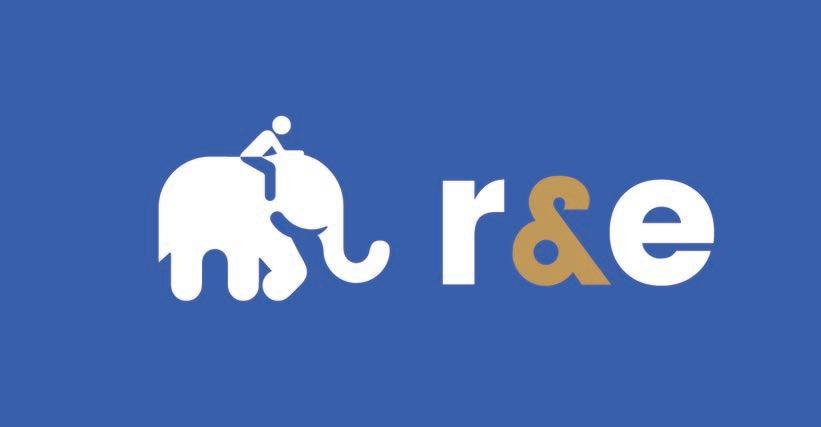
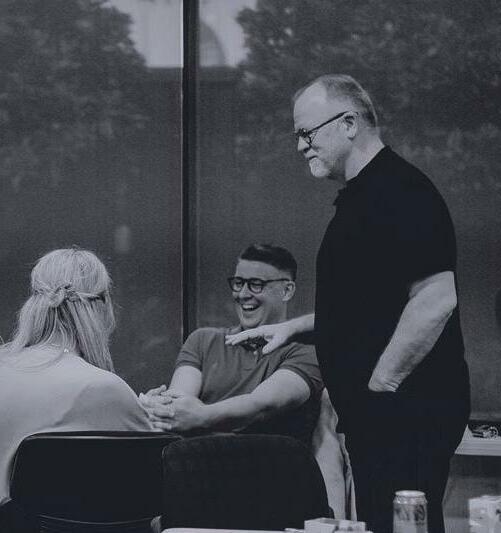


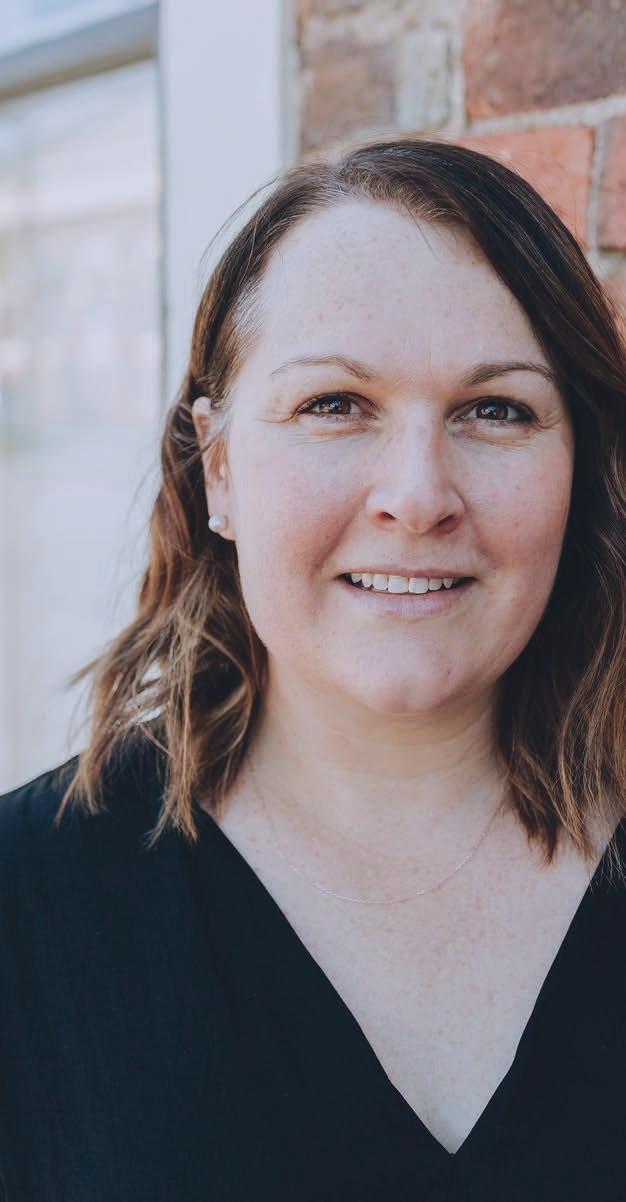
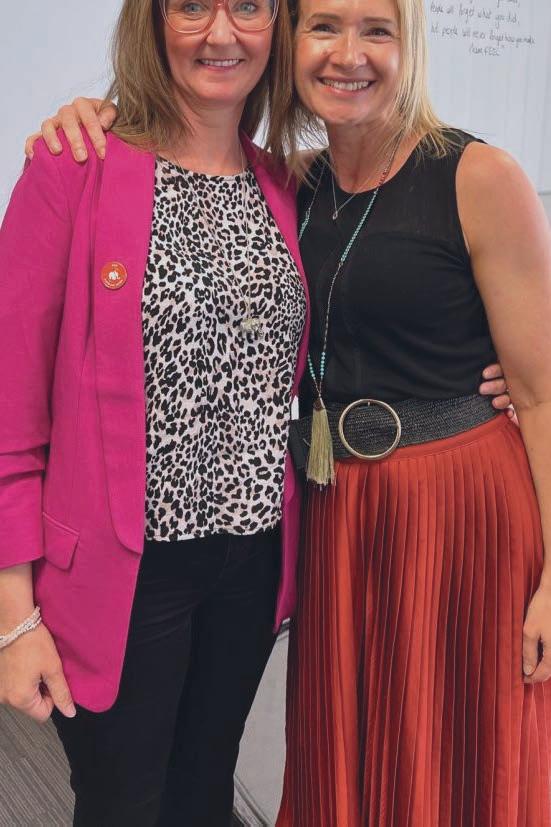

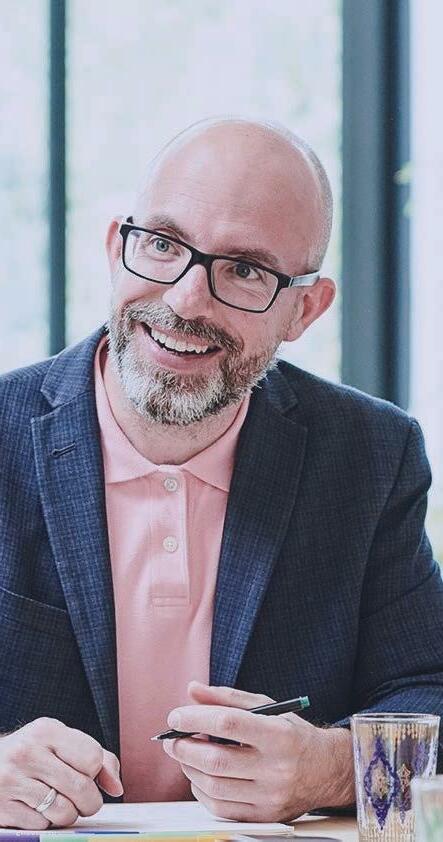
ELEPHANTRIDERYEARINREVIEW2022
The
Everyonedeservestobeheard
Weallhavewithinusthemeansto redesignourlives.Butsometimeswelack themeanstoexpresswhatwe’re experiencing.riders&elephantsisthe world’sleadingpromptedconversation starter.Ourpowerfultoolsandgamesgive peoplethewordstheyneedtoshiftwork cultures,changetheexperiencesfor customersandarticulatewhatwellbeing meanspersonally.

Welcome toTheFWordMagazine.
ElephantRiderYearInReview2022. Ourmissionistohumanisethe workplacebygettingpeopletalking. Wefliptheconversationsleaders,and peoplecanhavearoundculture, performance,experiences,and wellbeing.Wegiveleadersasimple, proven,structured,innovativewayto emotionallyconnectwiththeirteams. Andwegivepeoplethelanguage theyneedtomakethathappen.

Overthepastthreeyears,our ElephantRiderCommunityhas growntoover1000ridersin37 countries.Thisyearweareexcitedto shareaselectionofElephantRider StoriesandECDBrightSpotsfrom withinourCommunity.
Weshowcasestoriesandbrightspots thatgivereadersaninsightintoour ElephantRiderCommunityandideas abouthowtohumanisetheplaces wework.
Letsbegin.
2022ElephantRiderMentors
LottyRoberts,MasterElephantRider StevenHargreaces,SpecialistElephantRider LorissaGarcia,ProElephantRider
Editorial
RebeccaBarwood,BusinessManager ElephantRiderStories
KayleighWooding,CertifiedConsultant DeniseHartley-Wilkins,CertifiedConsultant LeilanieMohdNor,CertifiedConsultant KathrynRuge,CertifiedConsultant
EmmaKate-Woodham,CertifiedConsultant ClaireMarriot,CertifiedConsultant AnnaClayton,CertifiedConsultant MattConger,EmotionalCultureClub
Member
GoodStartearlyLearningChildCentres CricketWellington
Founder JeremyDean,CreatorofTheEmotional CultureDeck
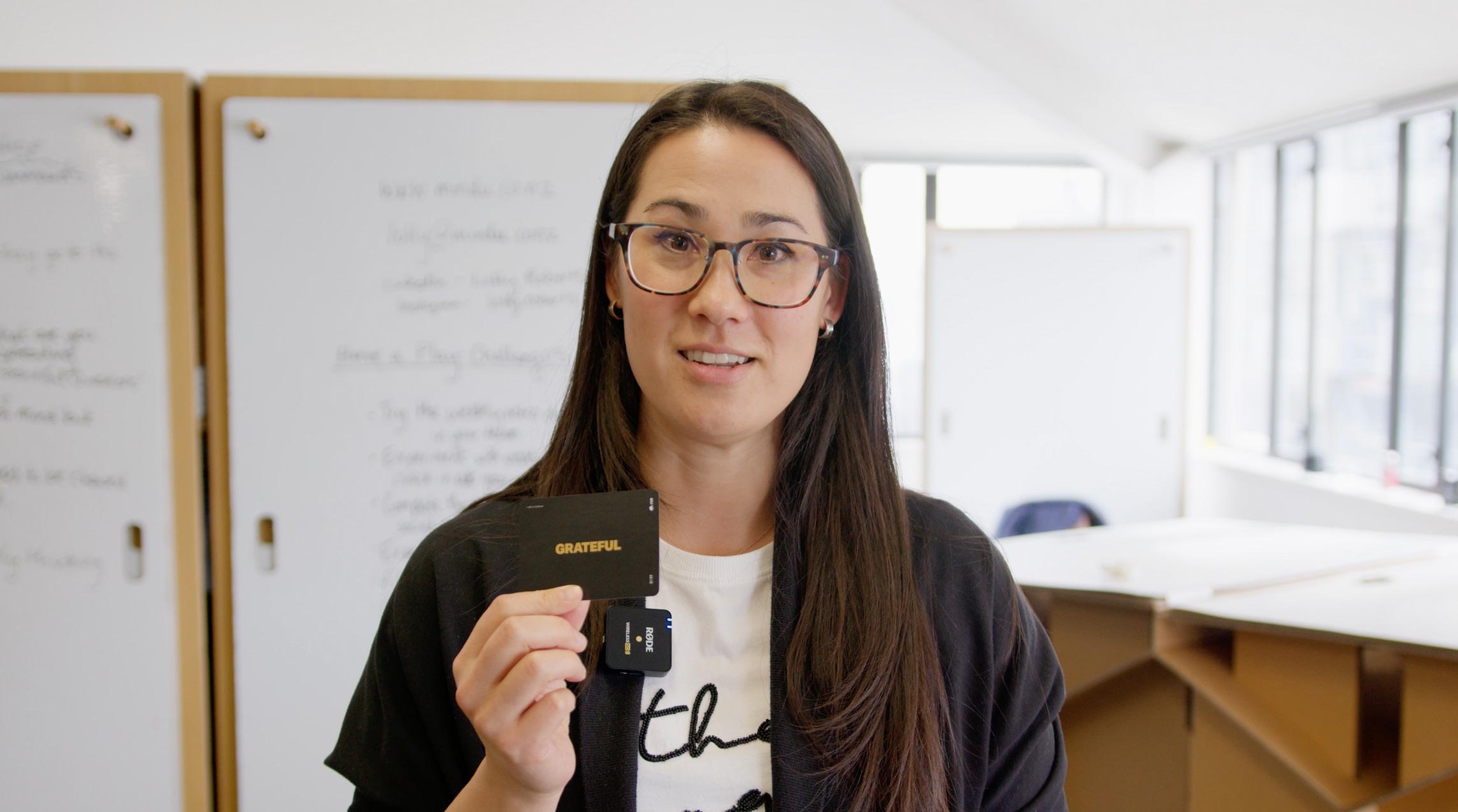
of Contents 05 11 51 69 74 Introduction ECD Certified Consultant Year In Review ECD Qualified Practitioner Year In Review Emotional Culture Club Year In Review ECD Accreditation & Membership Elephant Rider Year In Review 2022
Table
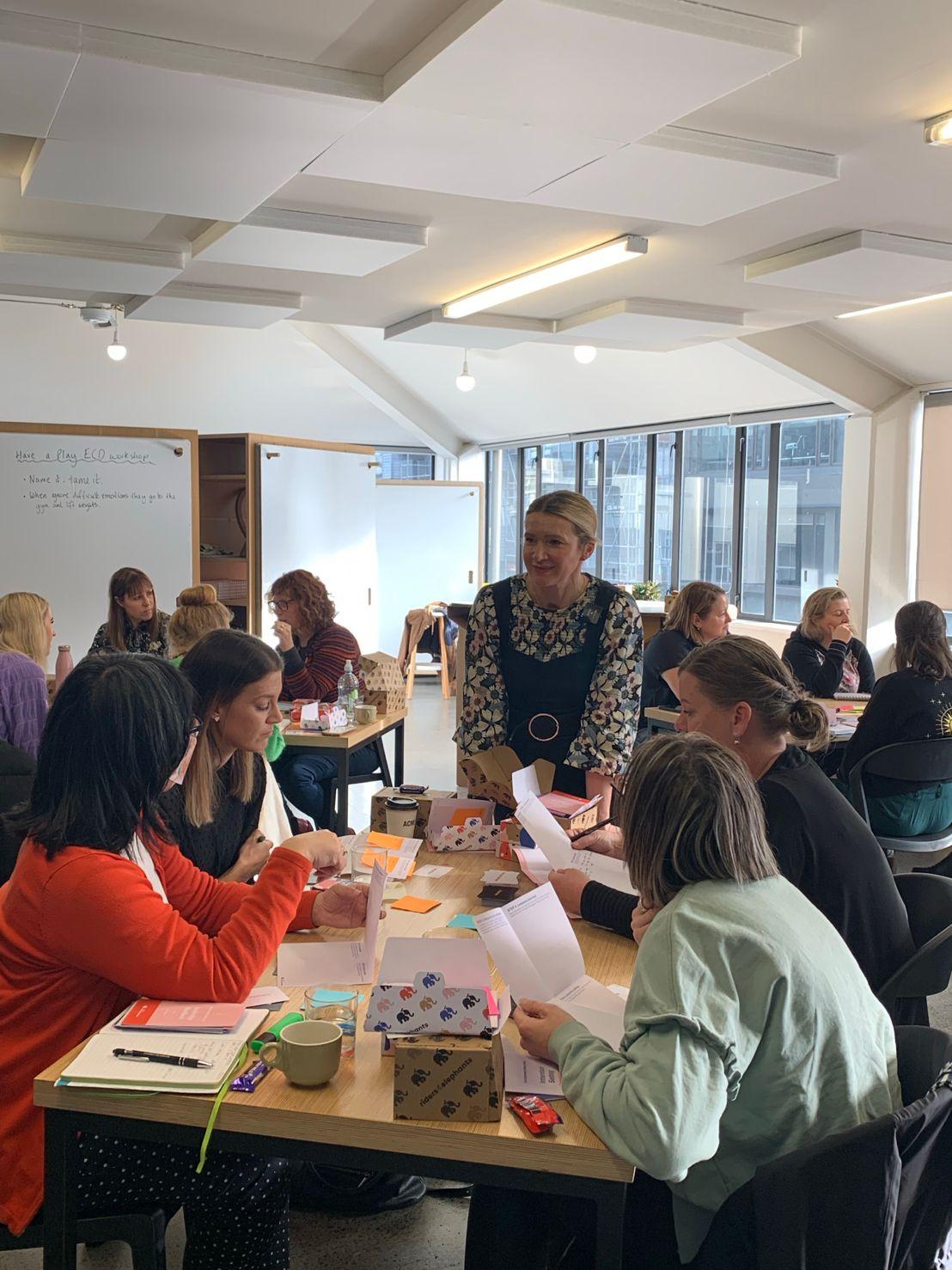 Message From Jeremy
Message From Jeremy
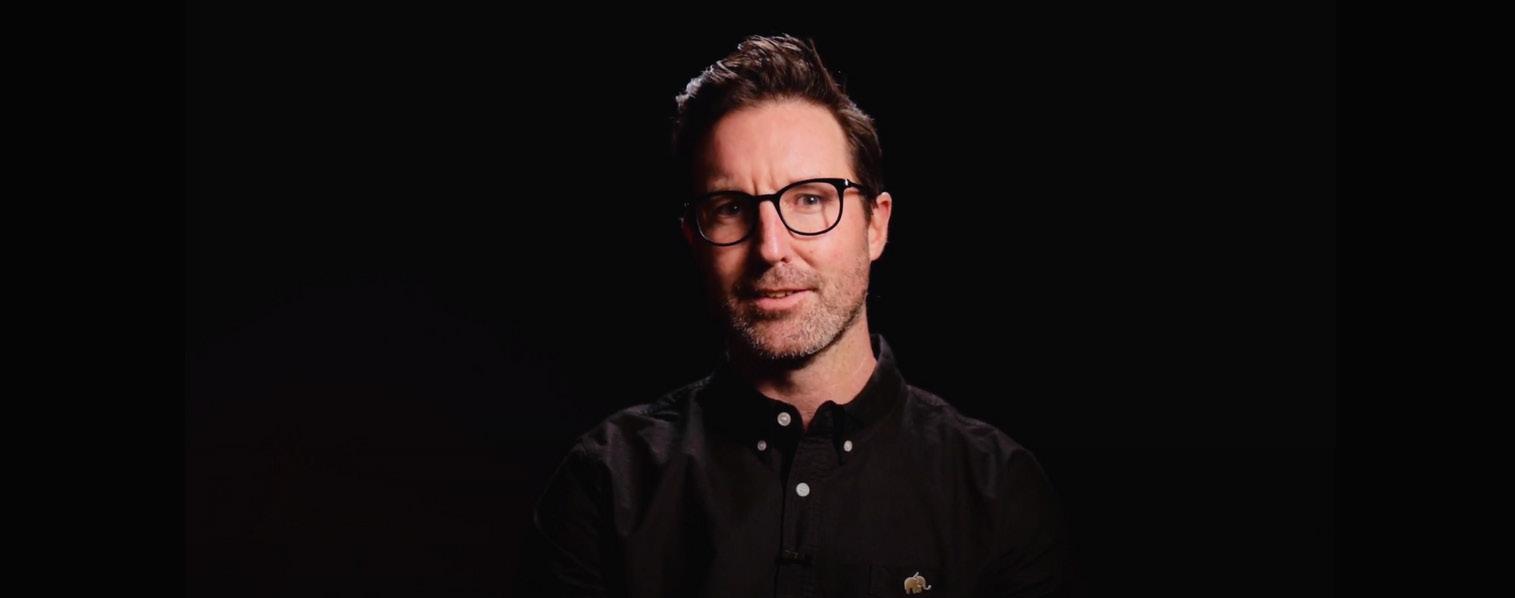
In my Final Word for 2021 update last year, I said, "[2021] has been the most thrilling, proud, overwhelming, and joyful year of my life". Little did I know I would experience those same feelings even more intensely in 2022.
This year has been a year of two halves. The year's first half is a blur – it's hard to recall my experiences before August. Because life suddenly became much clearer, fuller, and more focused.
In August, we welcomed our second little baby girl Mollie, into our lives. After Isabella entered my life, I didn't think it would be possible to feel more joy. But I was wrong. Mollie is my living and breathing bright spot for 2022. A tiny, cheeky, slightly erratic sleeper of a bright spot!
But what followed Mollie's arrival was the biggest challenge I've faced. I wrote about the intense but beautiful experience of the weeks following Mollie's birth here. At the time, I didn't realise how this experience nudged Becky and me to design a completely new operating system and prepared me for what might come next
My 2023 Hopes & Fears
As I look back on 2022 and feel grateful for everything that has happened, I also feel a sense of relief because it's been the biggest year of my life, both personally and professionally.
My number one fear next year is that I won't have the mental and emotional capacity to continue to serve you and our community as I have in the past.
Our Elephant Rider Community is the beating heart and soul of R&E.
As our Elephant Rider tribe grows, it creates more demands on my energy and space. Small things matter when it comes to the experiences we design and build for each other. I'm afraid we'll lose our special bond and connection as Elephant Riders if I cannot keep my attention on the details within our collective experiences and community.
When I sat at my kitchen bench in 2016 and designed the first ECD prototype, I never imagined there would be 1000 Elephant Riders in 37 countries across the globe.
Our Elephant Rider Community is the beating heart and soul of R&E.
You give our community and The ECD life; in return, I am more determined than ever to help you in every way possible.
But I'm equally energised and stubbornly focused on designing rules for my life and business to create space, so I can put my attention on this beautiful challenge and continue on this path.
At the same time, my hope is our community continues to grow. Because as our community grows, our collective impact grows.
Year
5
Elephant Rider
In Review 2022
My second bright spot for 2022 can be summed up by one number – 1000!
INTRODUCTION INTRODUCTION
My final word for 2022.
From the outside looking in, The ECD is an unassuming deck of cards – a game to be played. But The Emotional Culture Deck has grown beyond the deck. The game symbolises something greater.
The ECD has become a philosophy for how we work and live. It stands against leaders and individuals who treat others like a resource or data point. It stands against those who intentionally and unintentionally suppress people in their environments. It stands against top-down authority and leadership. It stands against exclusion.
Instead, The ECD stands for people being able to speak their truth. It stands for people being able to express themselves. It stands for connection. It stands for giving people space to be heard.
I believe wholeheartedly in our mission to humanise the workplace. More than ever, people need permission and the tools to express themselves and tap their emotions to challenge and shift behaviours.
But it's not possible to do this alone. I've received hundreds and hundreds of messages from people using the game because they've been introduced to it by an Elephant Rider, saying how thankful they are for The ECD.
These messages are their story of the game's impact on them; personally, on a family member, their business as a coach or consultant, or their teams is beyond my wildest imagination.
Thank you for being part of my journey and flipping how we work together worldwide.

So what's ahead for R&E in 2023...
The R&E Theme for 2023 is 5% Better.
Our focus is on executing fewer things, a little bit better.
It's not about revolution. It's about evolution.
It's about nailing the small things because small changes can have a disproportionate impact.
I want to feel attentive, connected, thoughtful, and inspired next year to help us continue to build and foster our Elephant Rider Community and leave a dent that makes a real, positive, human difference in people's lives.
I pinch myself sometimes, thinking about how far we've come. 1000 Elephant Riders. Wow!
By being on this journey with me and part of our community, you've inadvertently nudged me to become a better person, father, and husband.
You've helped me realise how much I still need to grow and develop.
Thank you!
Your friend, – Jeremy
Elephant Rider Year In Review 2022 6
INTRODUCTION INTRODUCTION
Emotional culture is shaped by how all employees—from the highest echelons to the front lines —comport themselves day in and day out. But it’s up to senior leaders to establish which emotions will help the organization thrive, model those emotions, and reward others for doing the same. Companies in which they do this have a lot to gain.
SigalBarsade, ProfessorofManagementatWharton
7
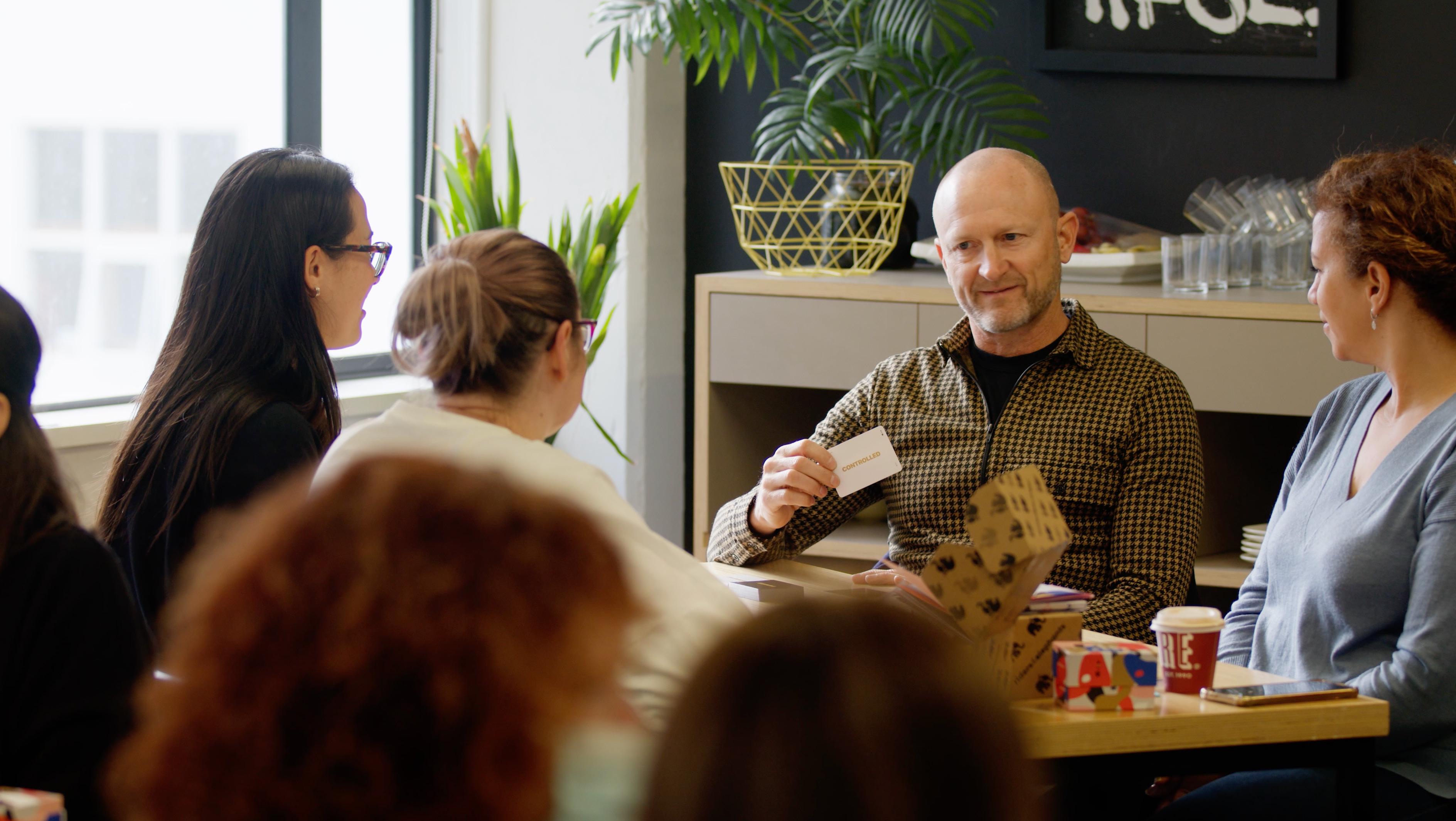
Elephant Rider Overview
An Elephant Rider is what we call our ECD Qualified Practitioners and ECD Certified Consultants. Elephant Riders are trained in the craft of The Emotional Culture Deck.
Elephant Riders graduated from the ECD Masterclass
Emotional Culture Club Members:
ECD Certified Consultants
Elephant Rider Countries: 30
From North America, Europe, Asia & more
Bronze & Silver Elephant Rider:
Levelled up status as a Practitioner
Master & Specialist Elephant Riders 101 Members humanising the workplace
Students graduate from the ECD Online Masterclass
Elephant Rider Year In Review 2022 9 INTRODUCTION INTRODUCTION
1022
38
03
37
8 out of 10
"
Most of us can describe basic emotions, but we're not always good at identifying clearly how it is we specifically feel. I love The Emotional Culture Deck for that. I am certified as a Silver practitioner with Riders and Elephants, and very often use the Emotional Culture deck with teams in the workplace. It's such a great tool to help bring emotions to the conversation"

10
Pilar Cabral Majerovic, Silver Elephant Rider Croatia
ECD
ECD Certified Consultant Year In Review CERTIFIED CONSULTANT 11
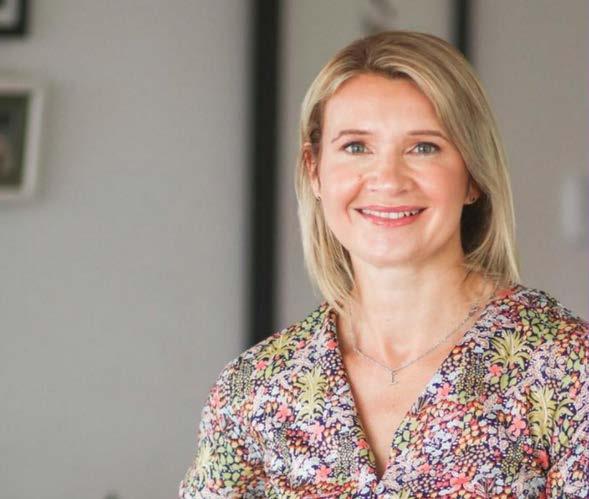
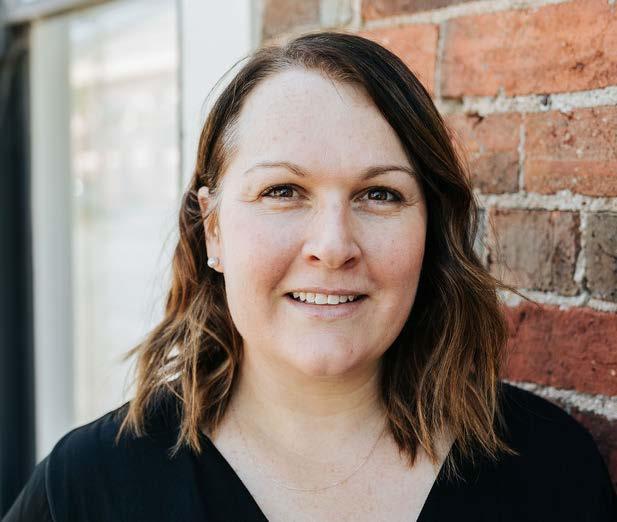



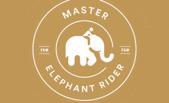


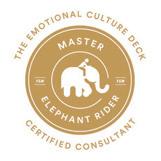
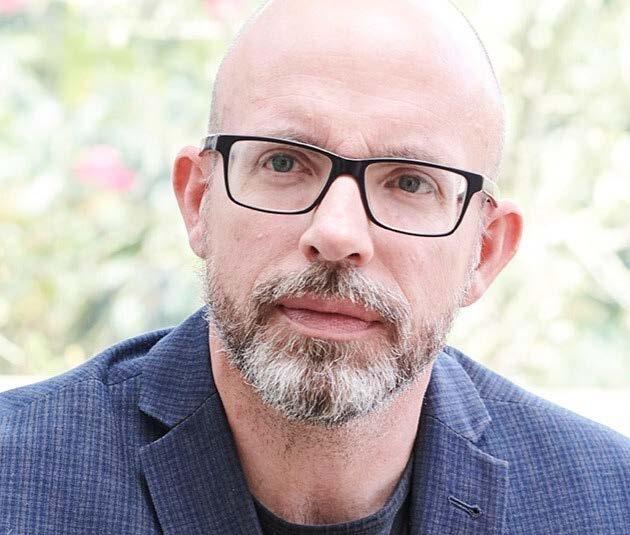




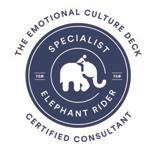
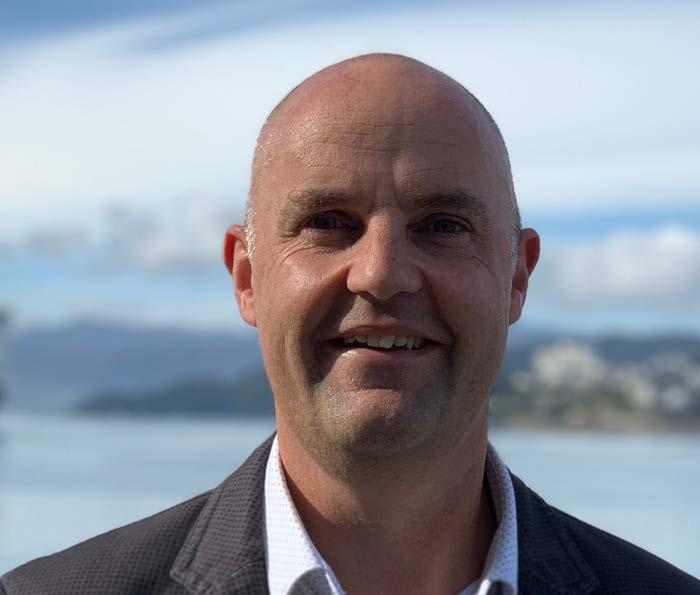













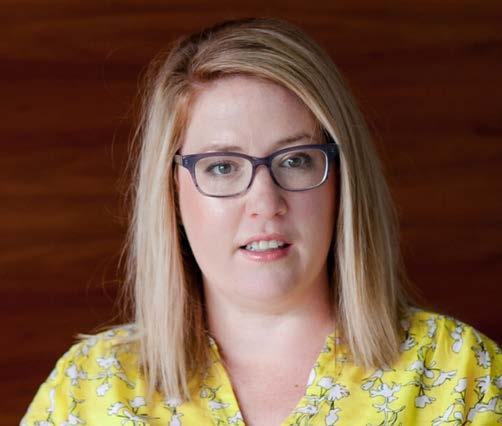











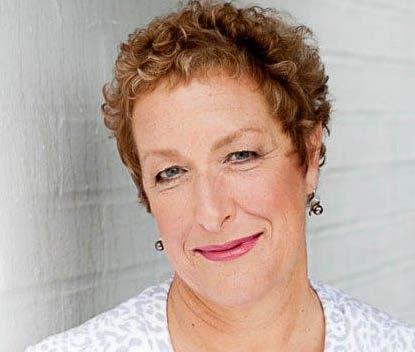







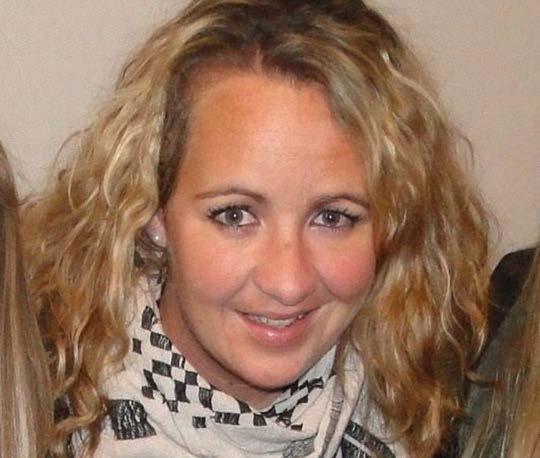



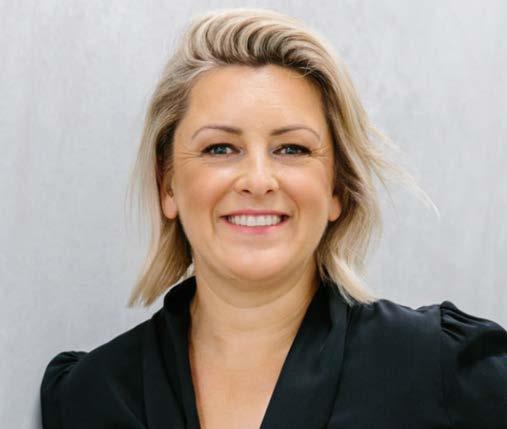



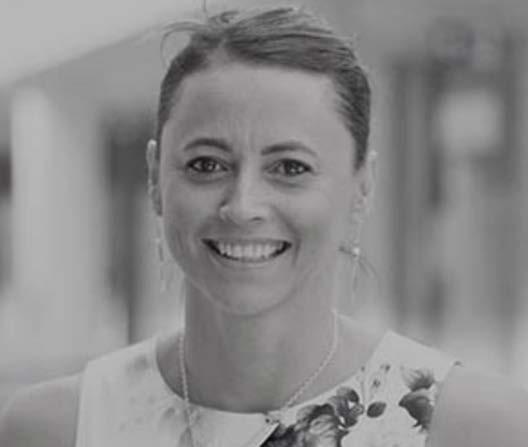



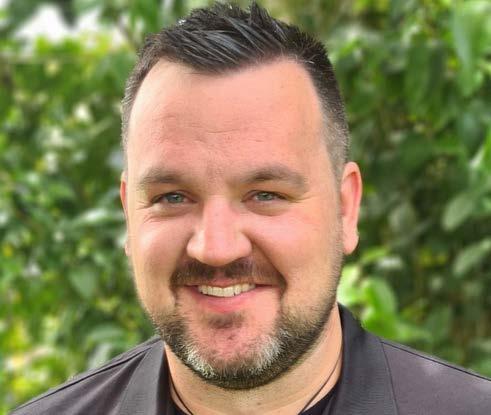



LOTTYROBERTS NewZealand MeetOurECD CertifiedConsultants STEVEHARGREAVES UnitedKingdom MATKEARNEY NewZealand LORISSAGARCIA Australia JAKUBJURKIEWICZ NewZealand DERRIEVANS NewZealand CLAIRESWALLOW NewZealand SONJAMONTAGUEMACKAY UnitedKingdom LETICIAWHELAN Australia GAILREICHERT NewZealand SIMONEOUTTERIDGE Australia KYLIETELFORD NewZealand EMMAFRASER Australia SUZANNARANGI NewZealand ADAMLYNCH NewZealand MASTER SPECIALIST SPECIALIST PROELEPHANTRIDERS CERTIFIEDCONSULTANT CERTIFIEDCONSULTANT ElephantRiderYearInReview2022 12 MASTERELEPHANTRIDERS SPECIALISTELEPHANTRIDERS
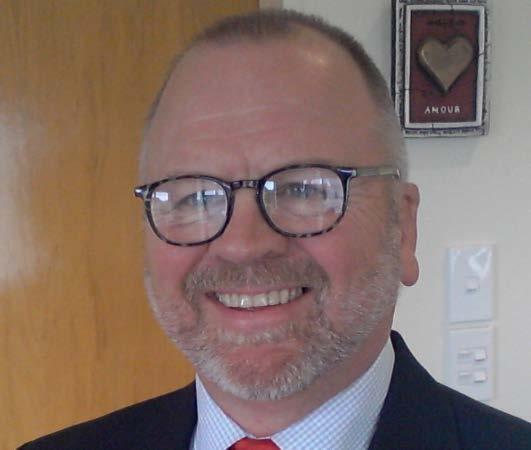



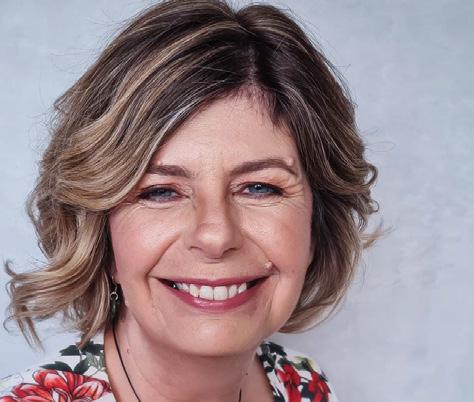



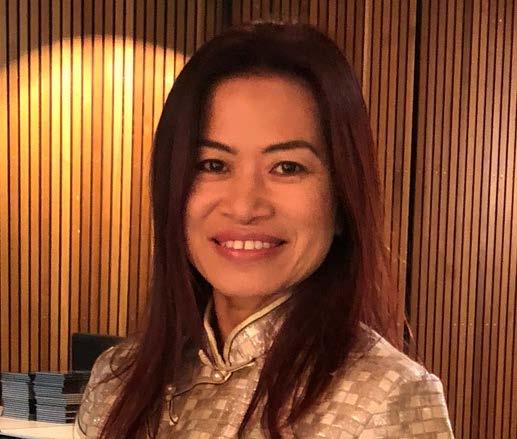



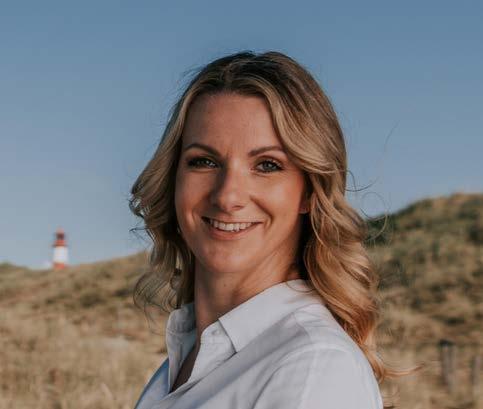







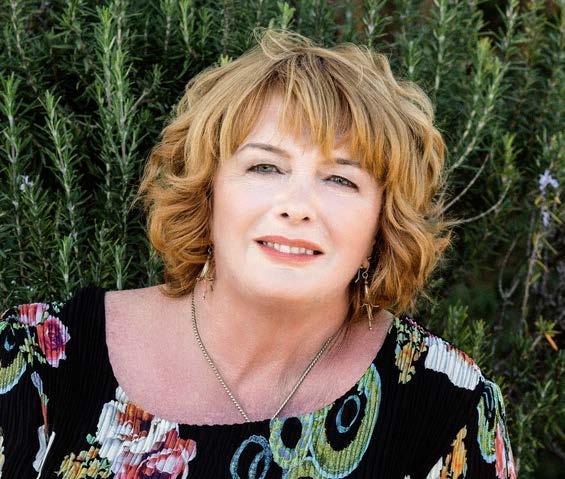



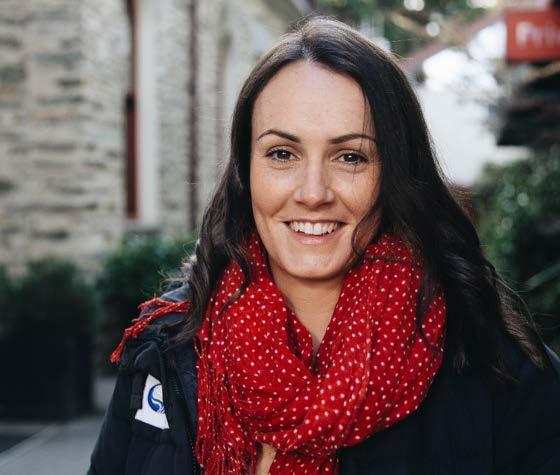











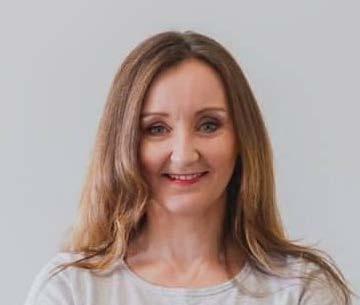



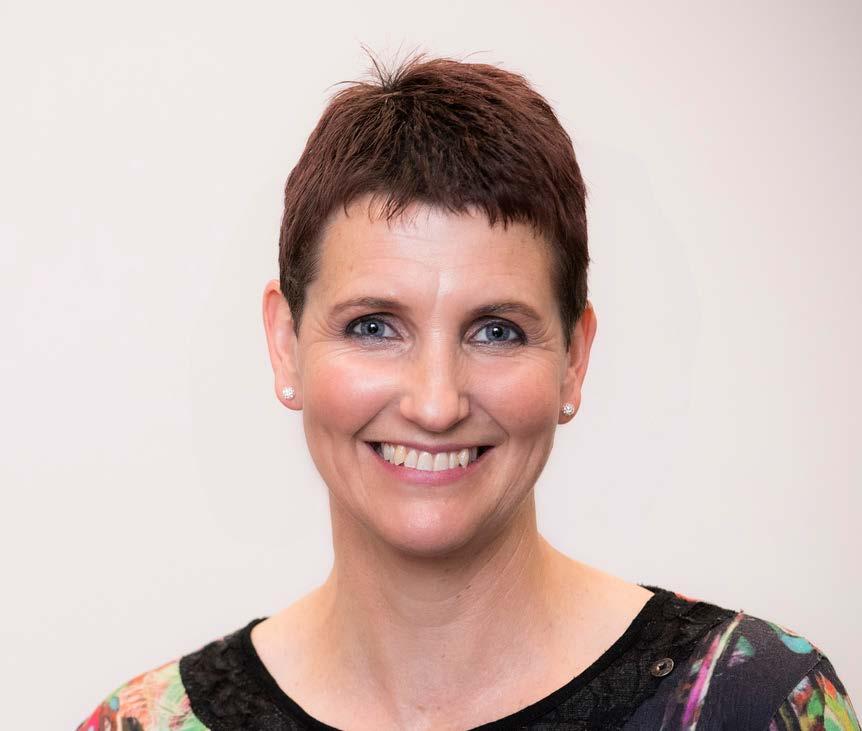



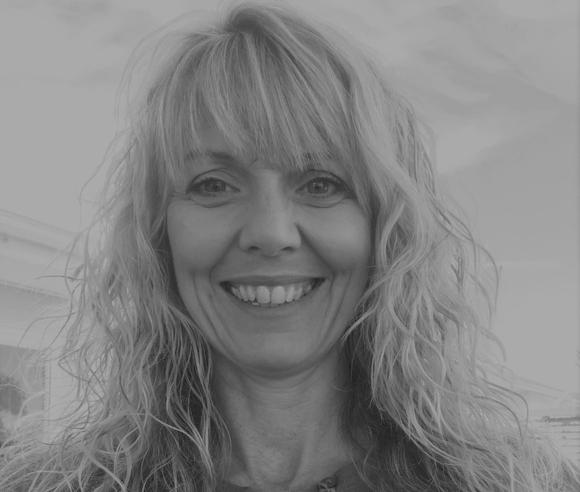



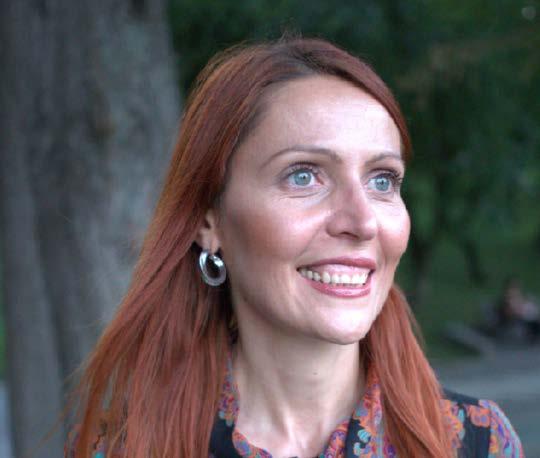



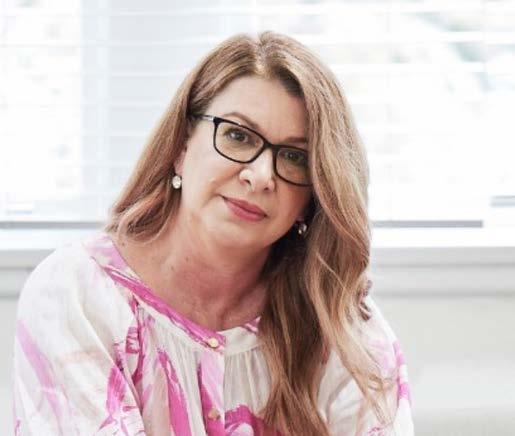



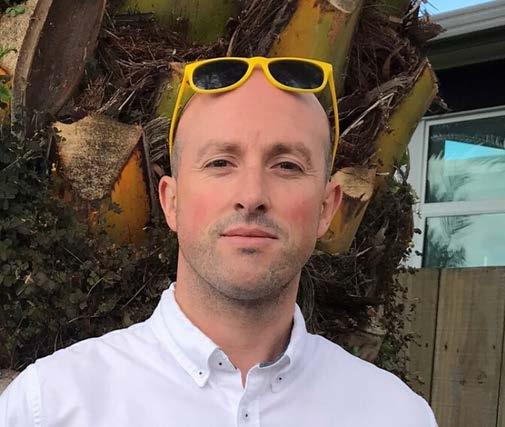



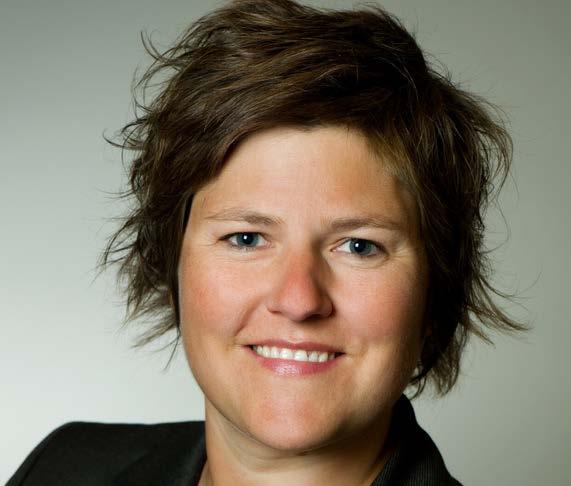







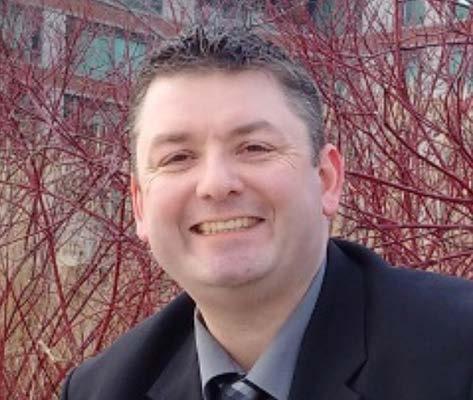







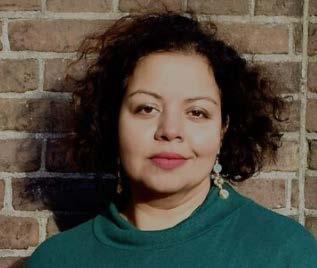


 ELENAMESESAN Romania
DEANNEBOULES Australia
JOSHCOX NewZealand
ELENAMESESAN Romania
DEANNEBOULES Australia
JOSHCOX NewZealand
NewZealand RAEMACDONALD NewZealand
SUSANNEHEISS
Germany
KATEHALEY NewZealand RICHBATCHELOR Canada TUBIOYSTEN Australia ASIYAHASAN-DAMEN Netherlands JIMDRYBURGH
ANGELINETAN NewZealand
EMMA-KATEWOODHAM NewZealand DENISEHARTLEY-WILKINS NewZealand KAYLEIGHWOODINGS NewZealand LEILANIEMOHDNOR Malaysia
Australia KRISTINMURRAY NewZealand
NewZealand
ECDcCERTIFIEDCONSULTANT CERTIFIEDCONSULTANT ElephantRiderYearInReview2022 13
JENNIFERROCH Germany
ANNACLAYTON
KATHRYNRUGE
CLAIREMARRIOTT Australia
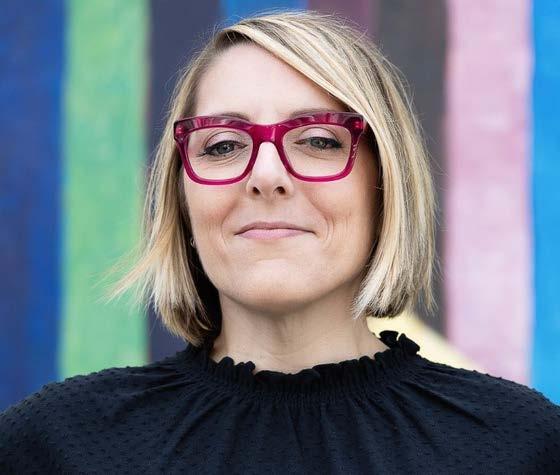



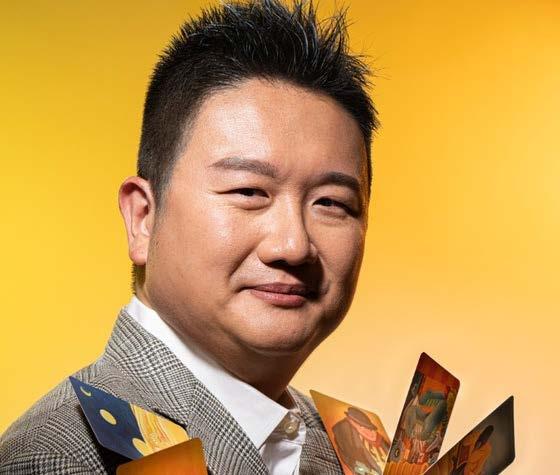



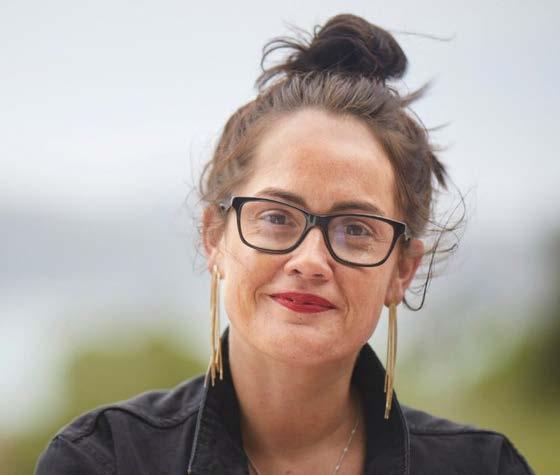



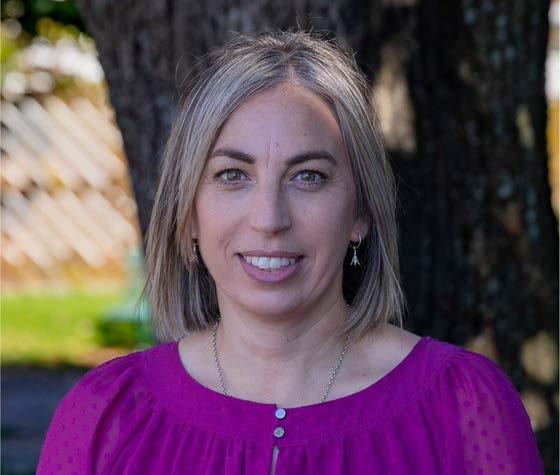











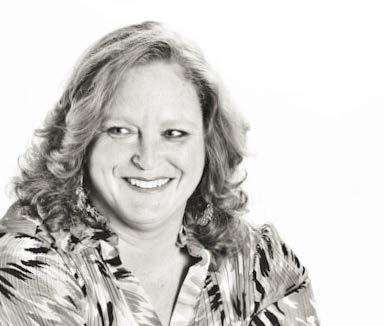







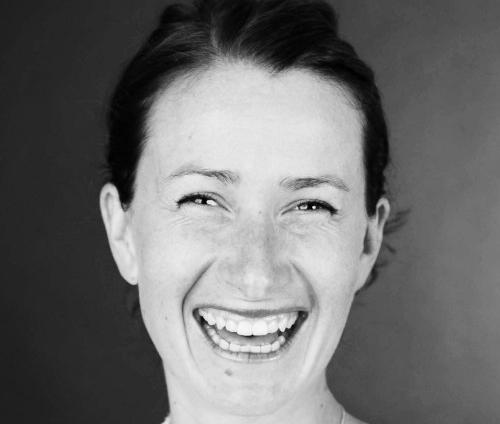







ECDCertifiedConsultantsIn-Training
UnitedStates DANNYKWAN
CLAIRELOUISEMANCE NewZealand CLAIRESWALLOW NewZealand CELINESUGAY-CONSTALES Phillipines DANIELLESWAIN UnitedKingdom MATTISONGREY UnitedStates SIMONEOUTTERIDGE Australia CHLOEGUILLEVIC France VANESSAMURPHY Australia ANDREAHANCOX NewZealand JENNISANFORD-NEDOSZYTKO UnitedStates ECDcCERTIFIEDCONSULTANT CERTIFIEDCONSULTANT ElephantRiderYearInReview2022 14 ECDCertified Consultantsare eachexperienced changemakers, facilitatorsand consultantswho've beenonpowerful journeys.
ROZDUFFY
UnitedKingdom
Queenstown, New Zealand

"This community is constantly lifting each other up, celebrating successes, supporting defeats and prioritising the wellbeing of themselves and others in the most constructive and meaningful ways."
15
Kayleigh Woodings, ECD Certified Consultant
Meet Kayleigh Woodings, a Certified Consultant, Leadership, Emotional Culture and Strengths Facilitator. She believes If people can be the best they can be everyday, (and know this is a personal choice), then
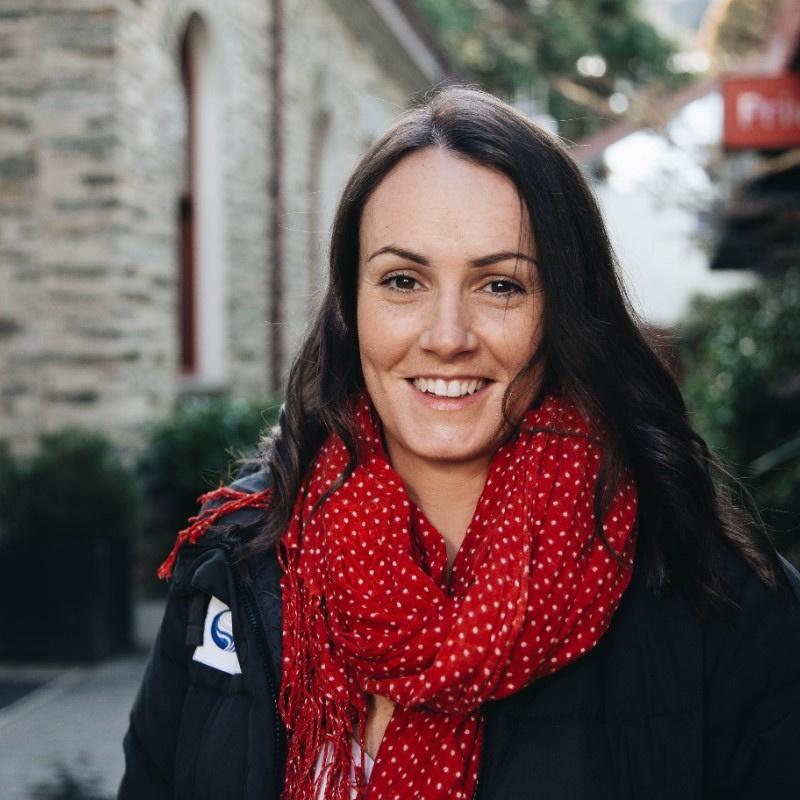
Everyone wants to be 'Appreciated' and 'Supported'. But no one has ever taken the time to think about what that means to them, define it, flesh it out, or put some meat on their 'appreciated' and 'supported' bones.
No one has asked themselves how that manifests, and what would help them perceive more support, or detect more appreciation. We all bumble along in life, thinking… this must be it.
Working for the suits. 9-5 Getting paid, to be able to feed the kids and the dog, and getting up on a Monday to do it all again
Don’t get me wrong, there are plenty of people that love their jobs, love what they do and are passionate about that start of the week alarm. But what is overwhelmingly evident in the last 2 years of my journey to become a Pro-Rider in the Riders and Elephants Emotional Culture Deck community, is that people feel they need to be more supported and appreciated to be successful in their work.
Having run almost 40 initial Emotional Culture workshops (across different industries, demographics, and geographical locations), 78% of all individual teams have collectively decided that feeling 'Supported' is in their Top 5 most important emotions in the workplace, while 'Appreciated' is represented in 63% of teams lists.
These numbers dwarf the rest on the list, with the third and fourth most important feelings, 'Connected' and 'Confident', coming in at 44% and 41%, respectively that feeling 'Supported' is in their Top 5 most important emotions in the workplace, while 'Appreciated' is represented in 63% of teams lists.
These numbers dwarf the rest on the list, with the third and fourth most important feelings, 'Connected' and 'Confident', coming in at 44% and 41% respectively now…
I am not saying… Businesses and leaders purposely ignore their people, not explaining their value or giving them the encouragement or assistance they need every day.
I know this is not intentional. I believe the reason supported and appreciated pops-up time and time again is that people don’t understand what those emotions look like to them.
this has a ripple effect on everyone within their influence.
78% of all individual teams have collectively decided that feeling 'Supported' is in their Top 5 most important emotions in the workplace
The last 2 years have taught me... Everyone is out for the same thing
Elephant Rider Year In Review 2022 16 ECD CERTIFIED CONSULTANT CERTIFIED CONSULTANT
by Kayleigh Woodings
People haven’t sat down and methodically and consciously thought…
“While working on this project, what would it look like to me if I was being appreciated and/or supported by my boss.”
Is that a physical pat on the back or a high-five on completion?
Is it a 1:1 check-in each week to ensure I have everything I need?
Is it being given the opportunity to work remotely?
Is it knowing that if ask a question, my boss will always take the time to answer?
Is it beers on a Friday? How can a leader help someone feel something they can’t explain or define themselves?
And in turn, how can we lead appropriately for the people in our team without asking them the question.
For example, Appreciation’ is the recognition of the good qualities of someone or something. Leaders might be demonstrating this as a simple thank you for a job well done, whereas a team member might feel like appreciation could only be shown with a pay-rise to match inflation.
While ‘Supported’ to a leader might be weekly 1:1’s and checking in regularly regarding their workload, while a team member might feel supported by them means taking the time to ask them about their weekend spent nursing their ill parent.
I have heard time and time again from leaders, "Well we… Put on a morning tea for them… Organised free yoga classes and gave them a hamper at Christmas. Why don’t they feel supported or appreciated?"
A big part of the last 2 years has been understanding the disconnect. Identifying how we all want to work together doesn’t happen overnight, we have to ask the questions, take the time and understand what drives each person.
Even though we all want to feel appreciated and supported. Everyone is not the same. We don’t all operate with the same lenses on life.
Teams that create environments and space for vulnerable conversations and storytelling support deeper connections and less disconnect. Instead of assuming that beers after work on a Friday is going to make the team feel appreciated and supported, how about asking them?
As leaders (it may come as a surprise, but) we don’t have to have all the answers! Use the amazing brains of your team to come up with solutions that suit them, their needs and their understanding of what those emotions look like to them.
It might be beers on a Friday, but equally, it might be going home on time… Ask the question.
Elephant Rider Year In Review 2022 CERTIFIED CONSULTANT CERTIFIED CONSULTANT
Identifying the way we all want to work together doesn’t happen overnight, we have to ask the questions, take the time and understand what drives each person.
17

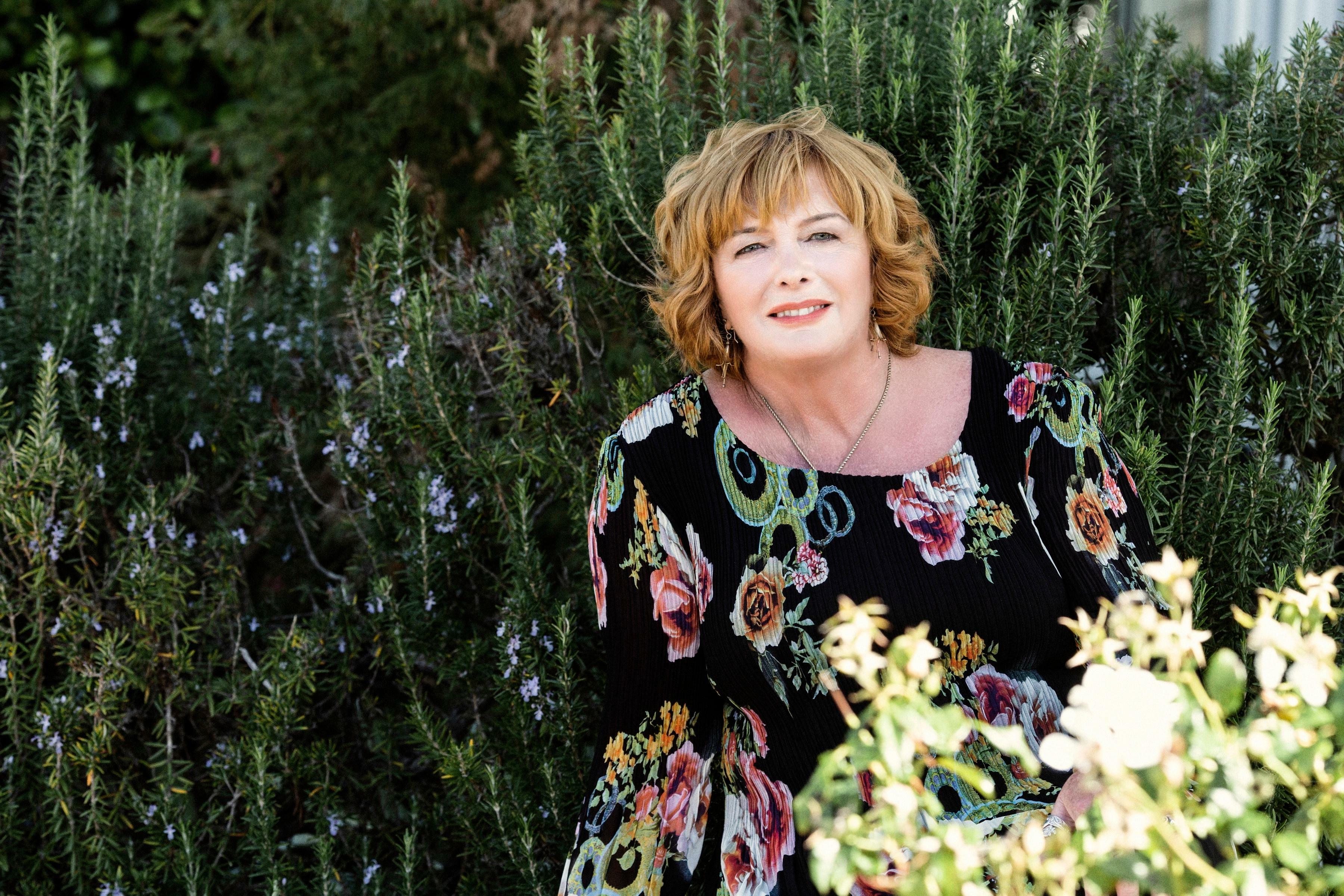
ANNUAL REPORT 2021/22 I COMMUNITY
"This was a learning journey that I loved. I got to play, step into new waters, design new stuff, meet great humans, co create ripples of change around workplace culture. Does it get any better?"
19
Denise Hartley-Wilkins, ECD Certified Consultant Nelson-Tasman, New Zealand
Emotional Leadership - Head & Heart
by Denise Hartley-Wilkins
I am journeying on the ECD Certified Consultant Course with riders&elephants
It is taking me deeper into human-centred workplaces and, importantly, humancentred leadership.
I was coaching a leader, using The Emotional Culture Deck to help them explore the question, “How do I want to feel at work”. We stepped into discovering the desired feelings, the positive state. That flowed easily.
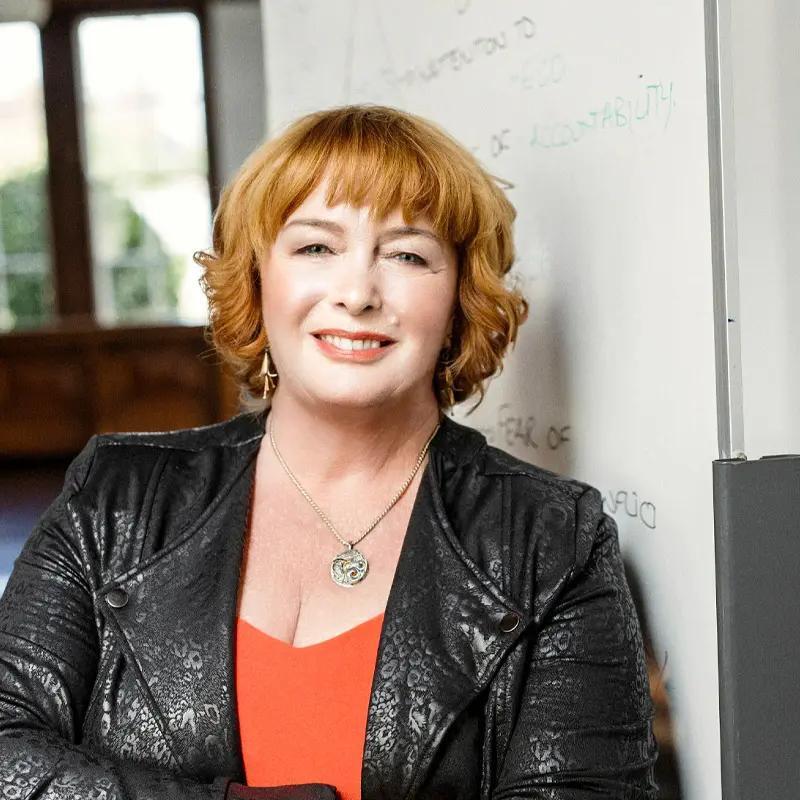
We stepped into the undesired feelings, how I don’t want to feel. There was a noticeable hesitancy as they stepped into the ‘why’, the story, sitting behind these undesired feelings. Insights and awareness emerged through understanding what was important to them personally, how they had been missing a big chunk of what made their people tick; how they felt at work.
It was consistent with what other leaders have shared. A familiar pattern emerges in traditional leadership development and in turn, an opportunity.
WE DON'T TALK ABOUT FEELINGS AT WORK
We talk about tasks, results, behaviours. We talk about values-aligned behaviours. Traditional, rational, head-centered, leadership. Most commonly when it comes to self-development, we focus on behaviours that drive performance.
Here's the reality. It is emotions that drive our behaviours.
Leaders share their feeling uncomfortable, hesitant to talk about how they are feeling. They may have grown up in a family unit where emotional reveal was dismissed, denied, and brushed under the carpet. This shapes a perception that emotional reveal at work is seen as irrelevant or unprofessional.
EMOTIONAL CONTAGION
Emotional contagion. How we show up ripples out. We catch the feelings of others through behavioural mimicry. Turn up at work in a snot
EMOTIONS DRIVE BEHAVIOURS
Behaviours are not driven by edicts from head office! Telling an individual or a group of individuals to behave in a particular way, and your colleague will likely catch and mimic that. What this means for a leader is creating self-awareness around how they show up. Some questions to think about:
How do I look out for my people? What type of leader do I want to be (and not be)?
This is the dark side of ‘positive vibes only’ leadership. Brene Brown and Susan David talk about the bullshit (their words) of toxic positivity. Toxic positivity involves disregarding, boxing away, negative emotions in favour of replacing with a false happy, optimistic state across all situations.
Denise Hartley-Wilkins has been dedicated to championing better workplaces and working lives for the last 25 years. Working globally at an executive and board level, she has helped to set the benchmark for excellence in people development.
CERTIFIED CONSULTANT CERTIFIED CONSULTANT 20 Elephant Rider Year In Review 2022
Think about this. How often when a colleague has asked, “how are things” you have replied, “great, awesome” when, in reality, life is shit at present.
Mark Manson, author of ‘Subtle Art of Not Giving a F**k’ suggests “everything worthwhile in life is won through surmounting the associated negative experience. Any attempt to escape the negative to avoid it or quash it, or silence it only backfires.
Take a look at some of these signs of toxic positivity. Which ones do you recognise?
I know I can tick off having experienced most of them. I observed that many leaders are uncomfortable stepping into the zone of emotion. Ill-equipped to understand and support employees in expressing emotions at work.
Leaders need to get comfortable to sit in The discomfort of not only exploring their own negative emotions but also encouraging the sharing of the good, the bad and the ugly side of human life.
EMOTIONAL LITERACY
There are consistent insights when using The Emotional Culture Deck with leaders and their people. Aha! moments.
People generally lack the literacy, the words to express how they feel about something – they revert to the holy trinity of mad, sad and glad
The ECD cards give people the words to express themselves and name the emotion
Using a card to talk to depersonalises and creates the space to talk openlynote: how a leader responds is critical to psychological safety and trustreceptive, curious, open and listening are safety indicators
In talking openly about the downside, we can start to explore what needs aren’t being met, to signpost us to what needs to change.
Susan David calls this ‘emotional agilit'y and is powerful in shaping what we as leaders can do to nudge change that matters. In noticing and labelling the emotion, the stress response is reduced. Dan Siegel coined this the ‘name it to tame it’ effect.
This means that leaderswho can create psychologically safe workplaces, where people can talk openly about anything are also promoting mental wellbeing and a healthier workplace.
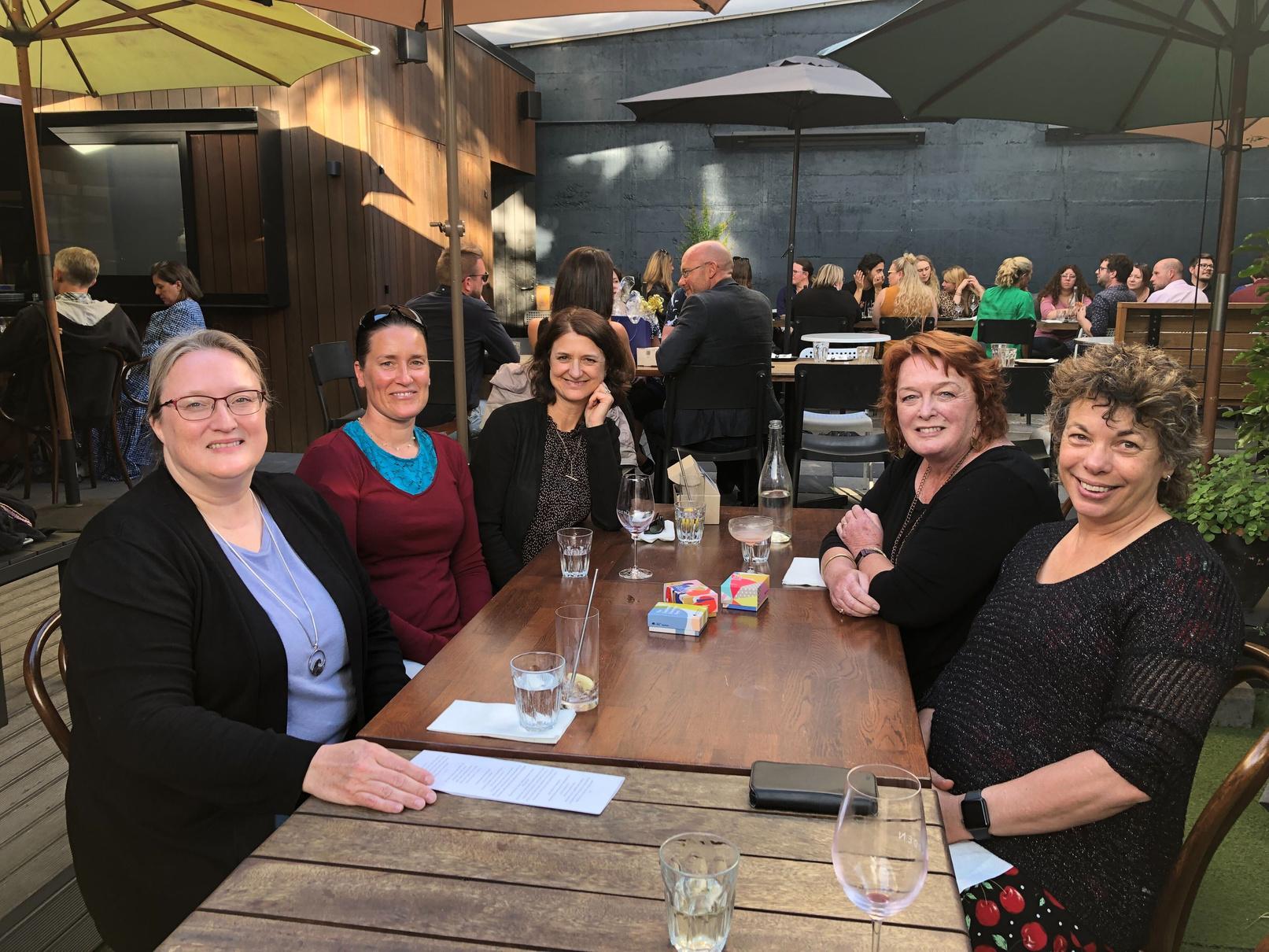
That’s good for everyone!
QUESTIONS FOR LEADERS OUT THERE
How do you want your people to feel and not feel at work? What would your people say about how they want to feel and not feel at work?
Elephant Rider Year In Review 2022 CERTIFIED CONSULTANT CERTIFIED CONSULTANT
In noticing and labelling the emotion the stress response is reduced. Dan Siegel coined this the ‘name it to tame it’ effect.
21
DenisewithwithfellowElephantRidersattheNelsonTasman,NZChapterMeetup
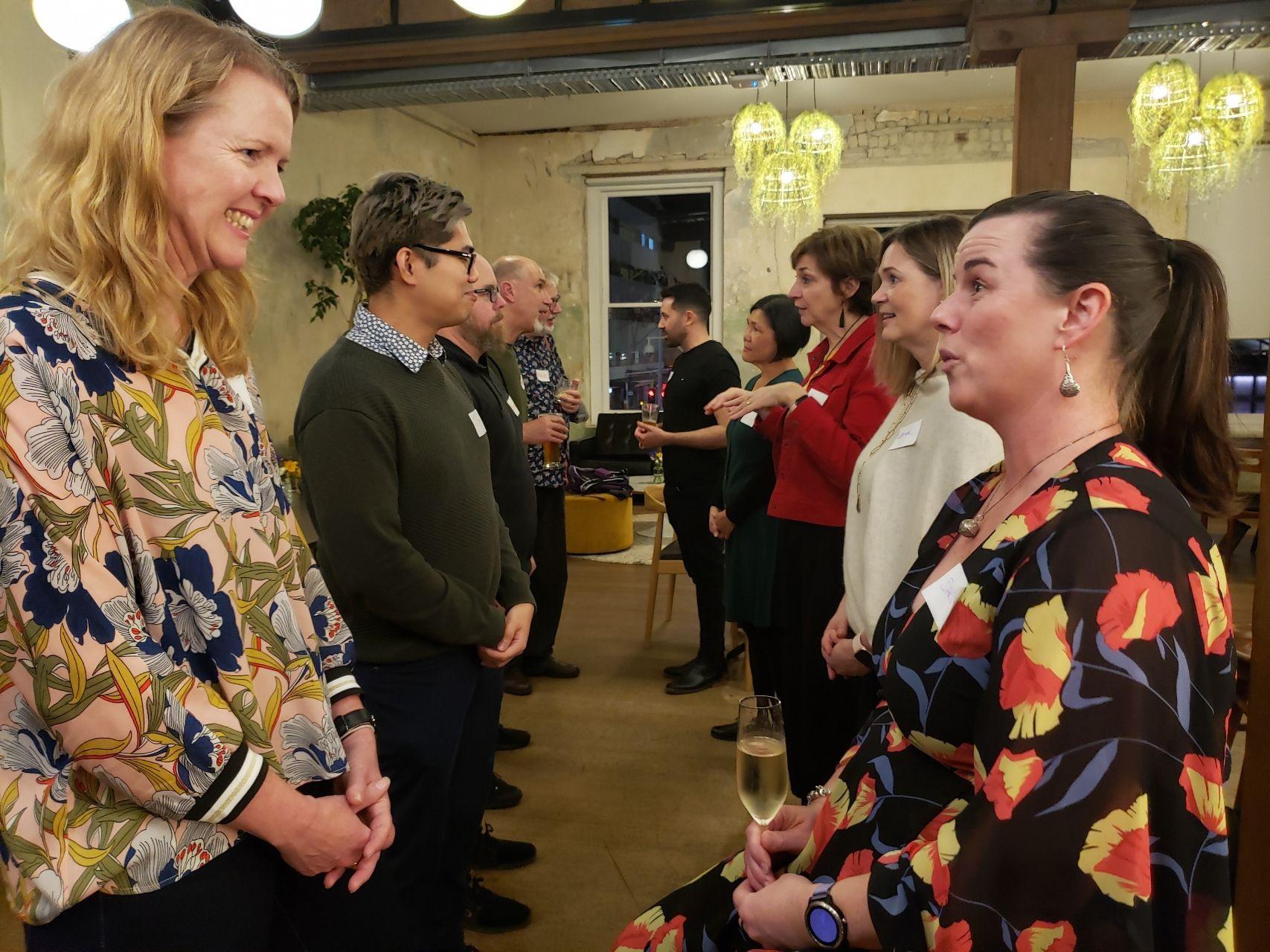
"Many a times, as a facilitator to the ECD workshops, when I am with 10, or 20, or 30 participants, all of them are (actually open in) sharing their experiences, their feelings, their emotions, frustrations, happiness, etc….. At this point, I consciously tell myself to always, "listen, don’t make judgement, speak less".
 Leilanie Mohd Nor ECD Certified Consultant Shah Alam, Malaysia
Leilanie Mohd Nor ECD Certified Consultant Shah Alam, Malaysia
ANNUAL REPORT 2021/22 I COMMUNITY
23
A Game for Family Businesses to Start Having Meaningful Conversations
by Dr Leilanie Mohd Nor
Dr Leilanie Mohd Nor is the first ECD Certified Consultant in Malaysia. She uses it as a tool to delve into promoting meaningful conversations in the workplace, where she helps familybusinesses bridge the genrational gap through good "emotional leadership" practices.
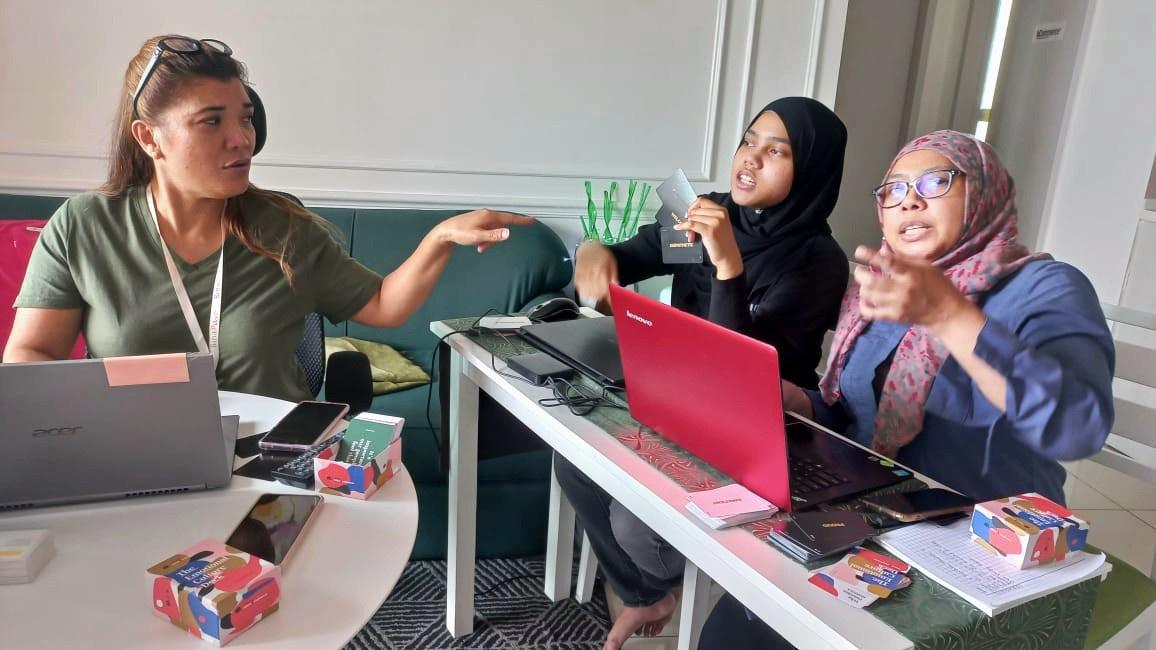
Here's the Top 3 biggest takeaways from my ECD workshop: "Bridging the Generational Gap Through Shared Aspiration for the Family Business" which was specifically designed to use The Emotional Culture Deck.
The purpose of the workshop was to bridge generational gap for shared aspiration of the family business. The goal was to get family members to share their thoughts and feelings between two generations, or within a generation.
The first workshop we had - we decided to have them all in one big board room; a total of 12 people attended the session; some came on their own (1 generation only); some came with a sibling (again 1 generation); some came with their spouses (again 1 generation only), but one particular family had 2 generations (a father and daughter).
Here are the Top 3 takeaways from this workshop:
#1 Plan the Workshop
Two weeks before the workshop, our internal team simulated the game. Bear in mind – this was the first time we were conducting this workshop using the ECD.
When we first designed it, the initial plan was to separate the current generation (usually the founders, i.e. father and/or mother) from the next generation (the children and/or siblings/cousins), providing a space where they feel “safe” to speak about their thoughts and feelings without being judged nor barricaded.
We asked them two questions:
1) How do YOU want to feel about your family business? (using the Black cards) and explain why?
2) How do YOU NOT want to feel about your family business? (using the white cards) and explain why?
In the past 10 years of running similar workshops where we got family businesses to “speak” of their aspiration, their hopes, fears and their dreams – we had always used the conventional way of asking and probing, using a set of questions which have gone through the qualitative rigor.
So, within our internal team (as depicted in the photo above)…. we put on our thinking hats and “acted” as current generation and the next generation; as well as in the presence of a family business, motherdaughter-team.
CERTIFIED CONSULTANT CERTIFIED CONSULTANT Elephant Rider Year In Review 2022
We wanted families to start having meaningful conversations.
24
#2 When in Doubt, Ask!
Just before the workshop, for me to master the ECD and play the ECD with family members whilst ensuring the key intention and purpose of the workshop are met, I had my doubts - not about the ECD, not on my team, but the expectation I put on myself to ensure that I have the stamina, the brain, and the brawn to pull this off successfully.
When coming up with new ways to do things. Be creative! Be brave! Be bold! and when in doubt, ask Jeremy!
Truedat, with Jeremy, he takes the time to understand our intention, and he explains why and why not, allowing us also to explore possibilities of what The ECD can do and how the cards can be robust, at the same time, fits the purpose of the workshop.
#3 Watch, Listen and Learn
During the workshop, as each person was choosing their respective cards, I watched their body language, how they flipped the cards, chose the cards, and placed the cards on the table. When they started sharing their stories, I encouraged them to show their cards…. I listened carefully, not interrupting, nodded my head in agreement, and my eyes in unison with theirs, as they, too, had some moments when they needed to stop to gather the courage to share their fears.
After each person shared their black and white cards, if needed, I try to summarise what I understood – the reason was to ensure we are on the same page with their hopes, fears and dreams – and that our repertoire was able to capture everything correctly.
The most exciting and distinct difference in using the ECD as a method to capture emotions, feelings and aspirations of our family business clients is the fact that each family member can immediately focus on what they feel or do not feel by simply choosing a card, and they can easily explain it using the cards.
Nothing beats the sigh of relief when you hear them coming out of the workshop saying:
“
I will go home and take the first step to sit down with my parents over tea and communicate with them more frequently”, – a Gen2 of a construction company.
“This felt like a therapy session for me. Thank you for letting me offload some of the burdens that have been bottling up in me for so long”, – a Gen2 came with her sister, their father had passed away, and now these two sisters are running the security firm.
“I see their perspectives – mine is as similar as theirs. I never saw it this way, but this workshop helped me see that we want the same things for our family and our business”, – a Gen1 who came with his daughter, who is helping her father while running her own venture.
and with some others….. it’s wiping off tears, it’s the candid smiles, and certainly the silly jokes that make each one of them laugh in unison …… we all have the same stories, some have a slight twist of mystery, and others take it with a pinch of salt, whilst the rest, let it rests.
Elephant Rider Year In Review 2022 CERTIFIED CONSULTANT CERTIFIED CONSULTANT
The most exciting and distinct difference in using the ECD as a method to capture emotions, feelings and aspirations of our family business clients is the fact that each family member can immediately focus on what they feel or do not feel by simply choosing a card, and they can easily explain it using the cards.
25
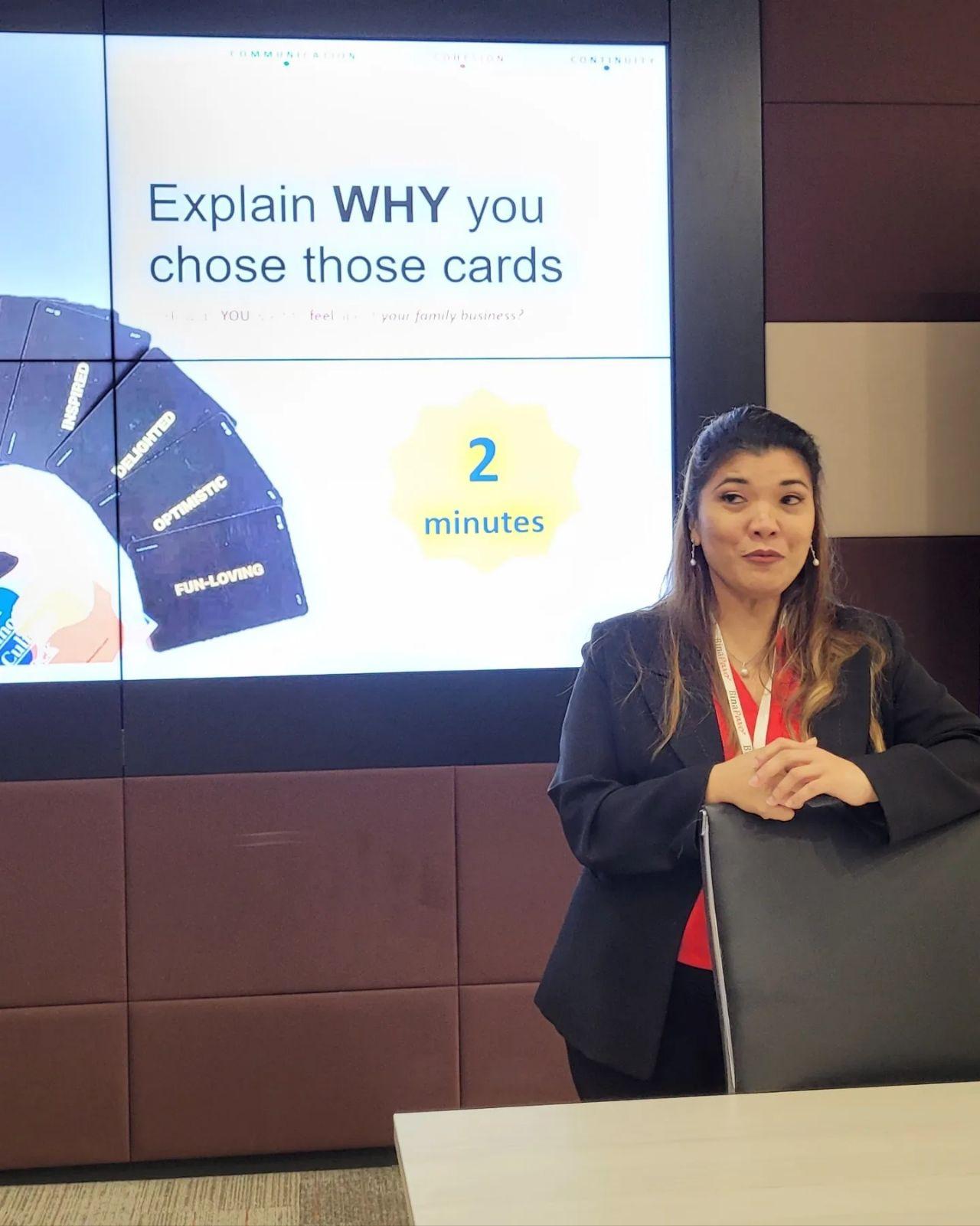 Kathryn Ruge ECD Certified Consultant Christchurch, New Zealand
Kathryn Ruge ECD Certified Consultant Christchurch, New Zealand
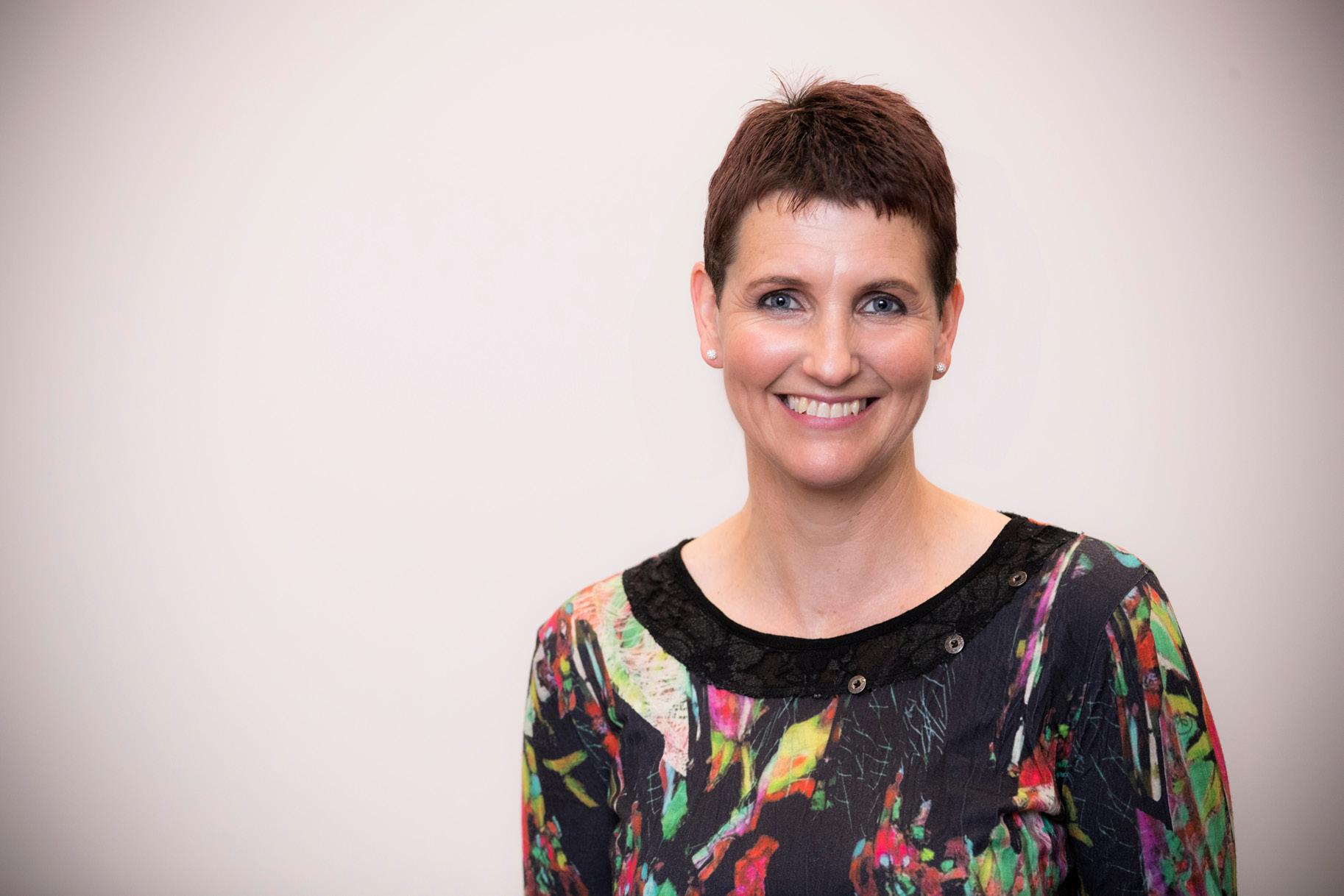
"How you feel in your workplace - and about your work - matters. When you can recognise your own and other people's emotions and can design behaviours and an environment to consciously shape them, you can better connect with yourself and will make stronger connections with others."
27
Since completing the Emotional Culture Deck Masterclass in March 2021 I've used this powerful little pack of cards to support many conversations with leaders and teams who are wanting to humanise the workplace and become more emotionally adept.
But it wasn't until earlier this year when I embarked on the journey of a lifetime to become an ECD Certified Consultant (aka Pro Elephant Rider) that I actually used the cards in a structured way on myself!
This meant finally completing two A3 canvases of soul-searching questions inside the Know Yourself Handbook and the Leadership Handbook. Similar questions, slightly different focus.
Knowing myself as an employee means identifying how I want to feel and not feel in the workplace, the triggers that generate those feelings, and some concrete actions I can take - and ask other people to take - in helping to create a productive environment that I can succeed in.
Far from being the "pie in the sky"-type of wishful thinking, this was a highly practical exercise that I've referred to again and again when things feel slightly out of kilter or I'm needing to check my focus.
Being a human-centred leader requires me to think about the same questions but from the perspective of my people - what do I think they need to feel in order to be successful at work, and what do I absolutely NOT want them to feel at work?

Then importantly, how will I know people are feeling those things (can I recognise those feelings in my staff)? And as a leader, what actions do I need to take to reduce the chances of people feeling (for example) confused, guarded, overwhelmed, or alone? What actions can I take that will promote or encourage them feeling (for example) open, connected, optimistic, and appreciated?
Putting these thoughts on paper was a bit of a game-changer for me. There's a real shift when you transfer ideas from your head to actual, literal paper that you can touch and fold and smudge the ink on. Words on a page demand action and create more accountability than ones that swirl endlessly around a busy mind.
Kathryn
Ruge
is a seasoned communications strategist and change guide, with more than 20 years' operational and community governance experience. She's on a mission to create emotionally intelligent communication, culture, and sustainable change.
CERTIFIED CONSULTANT CERTIFIED CONSULTANT Elephant Rider Year In Review 2022
The hard work of soft skills - made easy with The ECD by Kathryn Ruge
28
There's nothing 'soft' about charting a course of action to help modify your own or a team member's behaviour and experience of work
Putting these thoughts on paper was a bit of a game-changer for me. There's a real shift when you transfer ideas from your head to actual, literal paper that you can touch and fold and smudge the ink on. Words on a page demand action and create more accountability than ones that swirl endlessly around a busy mind.
If you're familiar with The Emotional Culture Deck, you'll know it's a powerful tool for crafting and strengthening team cultures with a bottom-up process that complements the traditionally dictatedfrom-the-top values and culture of the corporate workplace.
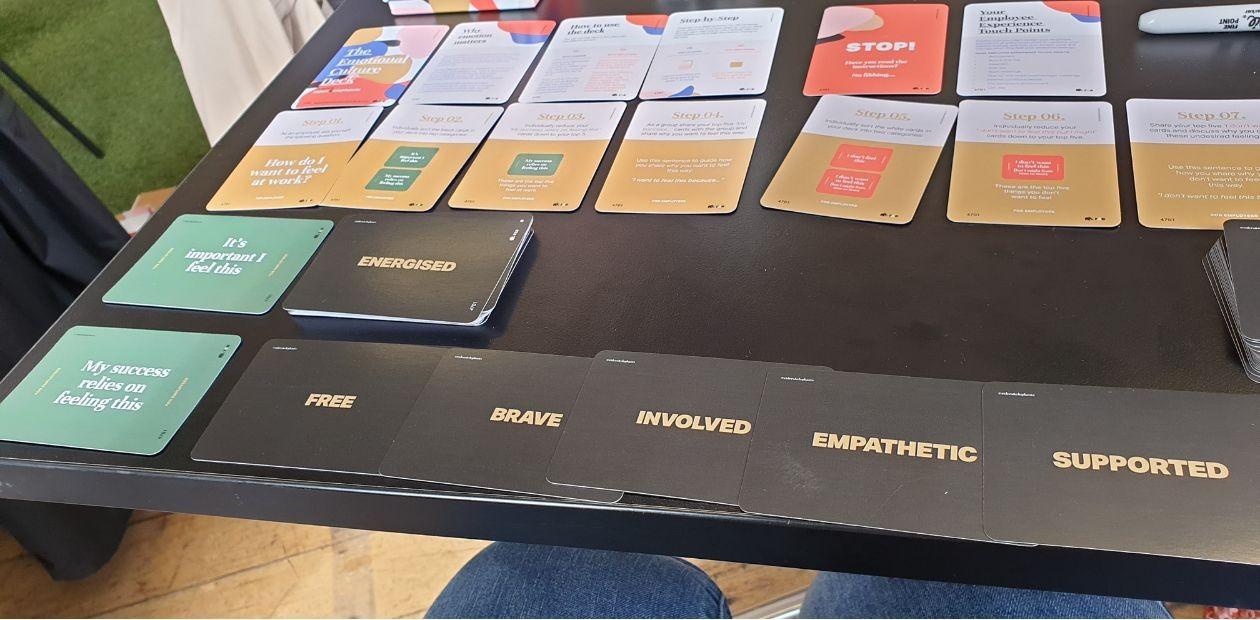
Here are my top five insights from playing this game in a 1:1 setting:
Leading others starts with leading yourself.
Many leaders are so focused on their people that they forget that they're an employee too.
To lead yourself, you have to know yourself. If you haven't taken the time to identify the emotions, triggers, and personal behaviours that contribute to your success, you're missing out on yourself!
Many people find it a lot easier to identify how they don't want to feel at work rather than how they do want to feel.
This could be the simple result of a negativity bias, but it could also be that unpleasant feelings are sadly more commonplace for some people, so they're easier to identify.
Although your top five desired and undesired feelings may change over time, you will likely have two or three that stay constant
Humans are dynamic beings in a dynamic world - it's only natural that the feelings we need to have to be successful will change over time.
The photo below is my top five desired emotions for success in March 2021. Over a year later, my work model and work environment couldn't be more different, but my top five still include FREE, BRAVE, and INVOLVED.
There's nothing 'soft' about charting a course of action to help modify your own or a team member's behaviour and experience of work,
Yet emotional agility and emotional intelligence and almost any skillset that starts with the word 'emotional' go automatically into the territory of a 'nice to have. How different would our workplaces and cultures be if emotional literacy was mandatory and not a 'nice to have?
Perhaps most importantly, giving ourselves permission to feel emotions at work
Pleasant or unpleasant - doesn't come naturally. It has to be taught and it has to be practiced.
Elephant Rider Year In Review 2022 CERTIFIED CONSULTANT CERTIFIED CONSULTANT
29
KathyrnRuge'stopfivedesiredemotionsforsuccessinMarch2021.

"Becoming an ECD Certified Consultant was quite the ride. So many different emotions showed up for me on this journey, and at times I had to dig very deep to move past the discomfort and impostor syndrome to keep on track. At other times I was utterly buzzing after running workshops and knowing I was in my happy place."
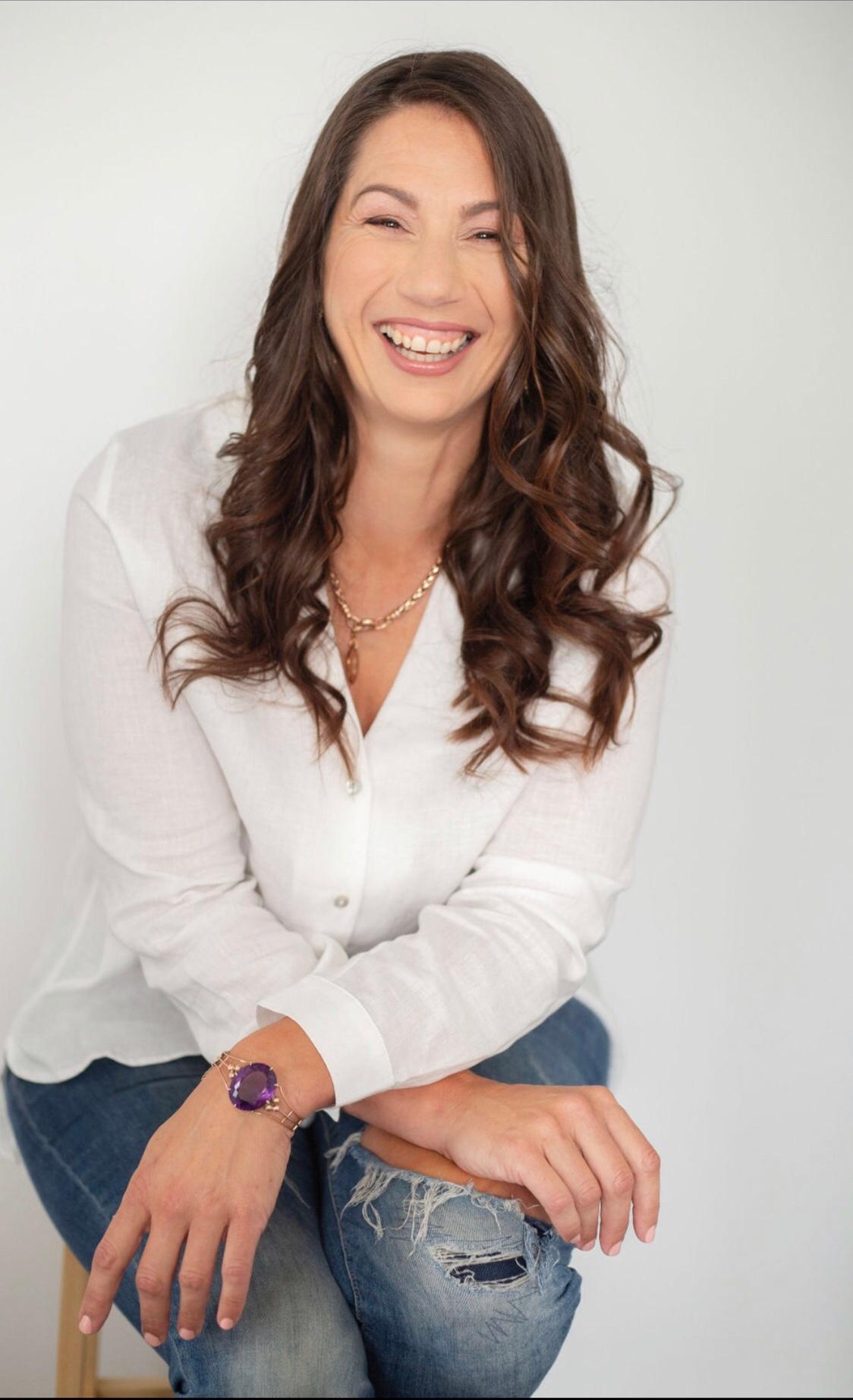 Emma Kate-Woodham
Emma Kate-Woodham
31
ECD Certified Consultant Wellington, New Zealand
Schools, Families & The ECD
by Emma Kate-Woodham
I embarked on The ECD Certified Consultant Course journey a few months ago. I learned how to use The Emotional Culture Deck in various settings like at schools and within families.

I can now proudly call myself an ECD Certified Consultant.
In this blog post, I want to share the five most significant lessons I learned on this Pro Elephant Rider journey.
#1 Self-belief and confidence
The most significant outcome of being on The Pro elephant rider journey has been the change in my self-belief. My confidence has grown not only as a coach and an ECD facilitator but in all areas of my life. I feel like I am thriving.
I still get those uncomfortable feelings and thoughts like ‘I’m not good enough, ‘I don’t know what I am doing and ‘what if I fail’...
But I now have better tools to work with my emotions, I pull out my Emotional Culture Deck, which helps take away the overwhelm.
As my confidence and self-belief have grown, I have learned to let go of the idea of the perfect workshop and try to control the outcome. I have even fallen for the thrill and buzz I get from running a successful workshop!
#2 The importance of having a creative outlet
During The ECD Certified Consultant Course, I rediscovered my need and love for having a creative outlet. The last few years, especially with covid, I have been in survival mode, both in my business and personally.
It’s all just been about keeping my head above the water. But during this Course, I have thrived on the creative challenges of learning how to use The ECD cards and canvas and the freedom to hack the deck!
I have risen to the challenge and created the Family canvas I hope to use in my charity, The Brain Garden Trust, and I love testing the new canvas with a different family.
#3 Values Vs. Emotions
I have always been interested in my emotions, and for a long time, I was taught to suppress them and praised for being strong, brave and not showing I was anxious or scared.
When I got into coaching, and later ACT therapy, we were taught about the importance of knowing your values, and helping your clients to know theirs so they could live their best lives. For me, the question always was what comes first, emotions or values?
Meet Emma Kate-Woodham, a dedicated Wellbeing Practitioner. Her goal is to strengthen your wellbeing. To support you to live with freedom – in body, mind & soul.
CERTIFIED CONSULTANT CERTIFIED CONSULTANT Elephant Rider Year In Review 2022
32
Now I believe that emotions, even if we aren’t aware of precisely what emotions we are feeling and why we are feeling them, are the drivers behind our reactions to any given event.
Our Values, I believe, lay on top of our emotions and help us choose what path to take; they help us map out and work towards our goals.
#4 Being vulnerable
One of the critical skills in being an Elephant pro rider is learning to be vulnerable, even when it feels uncomfortable.
When I am vulnerable and share my own stories and my learnings, my participants will be more emotionally open with themselves and the others in the workshop, and there is a richness and shared connection.
#5 Trusting in the process of the ECD
Learning to let go and trusting in the Canvas and the ECD cards was hard at first, as I wanted people to think I knew what I was doing, and for the workshop to be perfect.

But learning to let go of an expected outcome and trusting in the ECD proved to have far better results for both myself as a facilitator, and the participants.
Personally it has been one of the most rewarding courses and journeys I have been on. I have learnt so much about myself, what drives me and what holds me back from thriving.
It has ignited a new passion in helping children and their families gain emotional literacy skills and my hope is that if we can teach children at an early age how to understand and regulate their emotions, they will grown into more resilience and adaptable adults and will have richer and more fulfilling lives.
Elephant Rider Year In Review 2022 CERTIFIED CONSULTANT CERTIFIED CONSULTANT
33
It has ignited a new passion in helping children and their families gain emotional literacy skills

"I have been using coaching in my way of working for a long time and when you ask people how they are feeling they often find it difficult to label their emotions and put words to their experience."
Claire Marriott ECD Certified Consultant NSW, Australia

Feeling our way: How to lead with emotions in mind by Claire Marriott

Over the last couple of weeks, it has been fabulous to connect with different leaders and teams to take them through a variety of experiences with The Emotional Culture Deck, and discover the desired and undesired emotions they wanted to feel in the workplace for themselves and their teams.
Leading Self
I have been using coaching in my way of working for a long time and when you ask people how they are feeling they often find it difficult to label their emotions and put words to their experience.
Playing with the deck opened the door for leaders to make sense of their current experience, in particular the impact the pandemic had had on the way they felt about work. It enabled them to identify the emotions that were important to them, provided the language that gave them more emotional granularity, and the actions they wanted to undertake to feel more of the desired emotions and less of the undesired. One of the leaders stated it was the most valuable experience she had since the start of the pandemic she felt validated, heard and as if she could breathe again.
There is so much discussion currently around mental health and wellbeing with lots of strategies provided for people to undertake, that some just don't know where to start, it becomes just another item on the to do list.
This experience really showed me that taking the time to play with the deck and have the conversation around emotions, provided leaders with a process that then supported their mental wellbeing in a very short space of time.
There is so much discussion currently around mental health and wellbeing with lots of strategies provided for people to undertake, that some just don't know where to start, it becomes just another item on the to do list. This experience really showed me that taking the time to play with the deck and have the conversation around emotions, provided leaders with a process that then supported their own mental wellbeing in a very short space of time.
Leading others
In engaging with the deck from a leadership perspective and exploring how they wanted their teams to feel and not feel in the workplace, it added an extra layer to the leadership discussion and a realization that while they had a sense of what was happening in the team, they themselves hadn’t really defined the emotional culture they wanted the team to experience and for them to be leading.
In most organizations we take the time to articulate the cognitive culture, but we are missing a significant piece of the puzzle when we don’t connect with the emotions that our people seek and support them in being able to perform at their best from an emotional perspective.
Claire Marriott is a successful and influential Human Resource professional with extensive human resource experience in the Early Childhood sector, Retail and Hospitality.
CERTIFIED CONSULTANT CERTIFIED CONSULTANT Elephant Rider Year In Review 2022 36
Leading Teams
A team had recently reached out because they had tried several strategies to help their team overcome some significant challenges, which were detrimental to personal relationships, team dynamics and, ultimately, performance. The emotional culture workshop was designed to help them come together as one team.
In setting up this workshop and knowing what was happening for this team, it was important that we shared in advance what the session was about so the team had full transparency of what they were walking into. We also ensured that each participant had their own emotional culture deck cards to play with.
We found that people were keen to engage with the deck, it broke the initial tension and was a good leveller for the room. As part of the session, each participant had the time to determine their own desired and undesired emotions, which for those that are usually quieter in a group setting meant they had the space to know their views. This helped in stopping any group thinking before coming together to advocate which emotions they felt would help them be successful as a team.
Knowing where the team were before we started the session, I was really surprised how quickly the team shared not only the emotions that were important to them but also why they were important.
There was a lot of conversation and a willingness to share, it was like permission had been granted to be real and authentic and the team responded to each other with respect.
This really then helped set the scene for them to deliberate which were going to be the teams top 5 desired and undesired emotions.
It was also interesting to watch similar patterns emerge between the different groups, particularly because they had felt they had been on opposite sides of the fence.
The team walked away from the session with a shared understanding about what was important to them to be successful, the actions they all needed to undertake and a commitment to work together to uphold these.
Who knew that a conversation that follows 9 simple steps and a deck of cards that promotes discussion could help turn a team around.
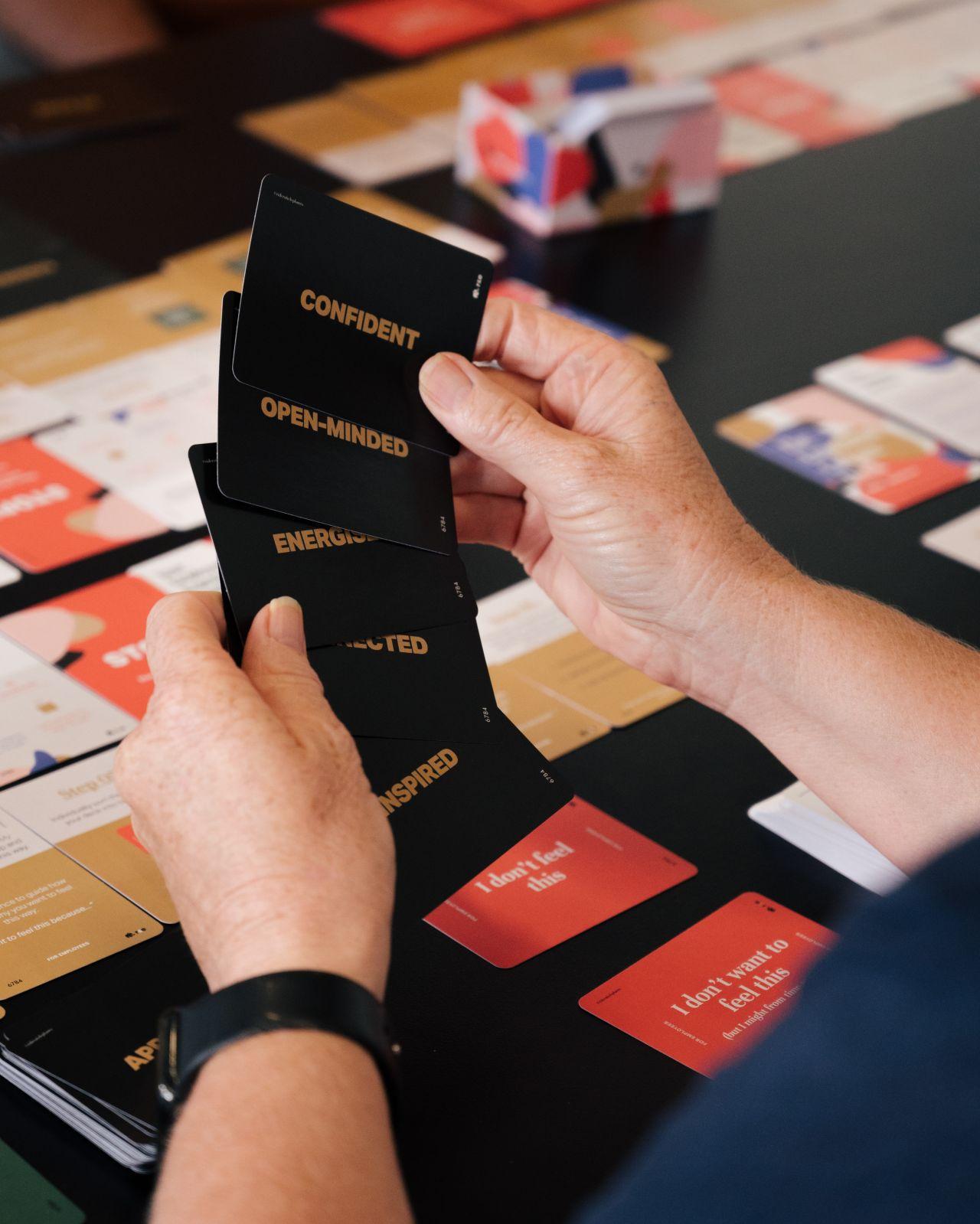
Elephant Rider Year In Review 2022 CERTIFIED CONSULTANT CERTIFIED CONSULTANT
It added an extra layer to the leadership discussion and a realisation that while they had a sense of what was happening in the team, they themselves hadn’t really defined the emotional culture they wanted the team to experience and for them to be leading.
37
"Emotions do not just appear on their own accord. Nor does another person 'make' us feel a certain way. Situations and environments also do not indicate what we should be feeling. So, what makes us feel a certain way? Our thoughts"
 Clayton, ECD Certified Consultant Adelaide, Australia
Clayton, ECD Certified Consultant Adelaide, Australia
ANNUAL REPORT 2021/22 I COMMUNITY
38
Anna
I recently worked with leaders to help them define the emotional culture they wanted for themselves and their teams. Although each conversation was different, with its complexities and its challenges, I was surprised to discover some core similarities...
Our thoughts precede our emotions.
Emotions do not just appear on their own accord. Nor does another person 'make' us feel a certain way. Situations and environments also do not indicate what we should be feeling. So, what makes us feel a certain way?
But what if we applied a positive thought ('Ah, she must want to learn how great emails are written!'), or, at best, a neutral thought ('she has looked at my computer screen'). These thoughts may lead to feelings of pride or confidence or may lead us to feel nothing at all.
Emotions are a two-way street.
During these conversations, exploring relationships that brought about undesired feelings was interesting.
While it was insightful to learn about the relationship from the leader's perspective, it was even more insightful to learn how the other person felt.
So, when we see a colleague peering over our shoulder to read an email, we think, 'she is nosey!' or 'she doesn't think I can do my job!' which leads us to feel intolerant or guarded. We think this feeling is justified... but is it? We have chosen to apply a negative thought to what we observed, which will lead to a negative feeling.
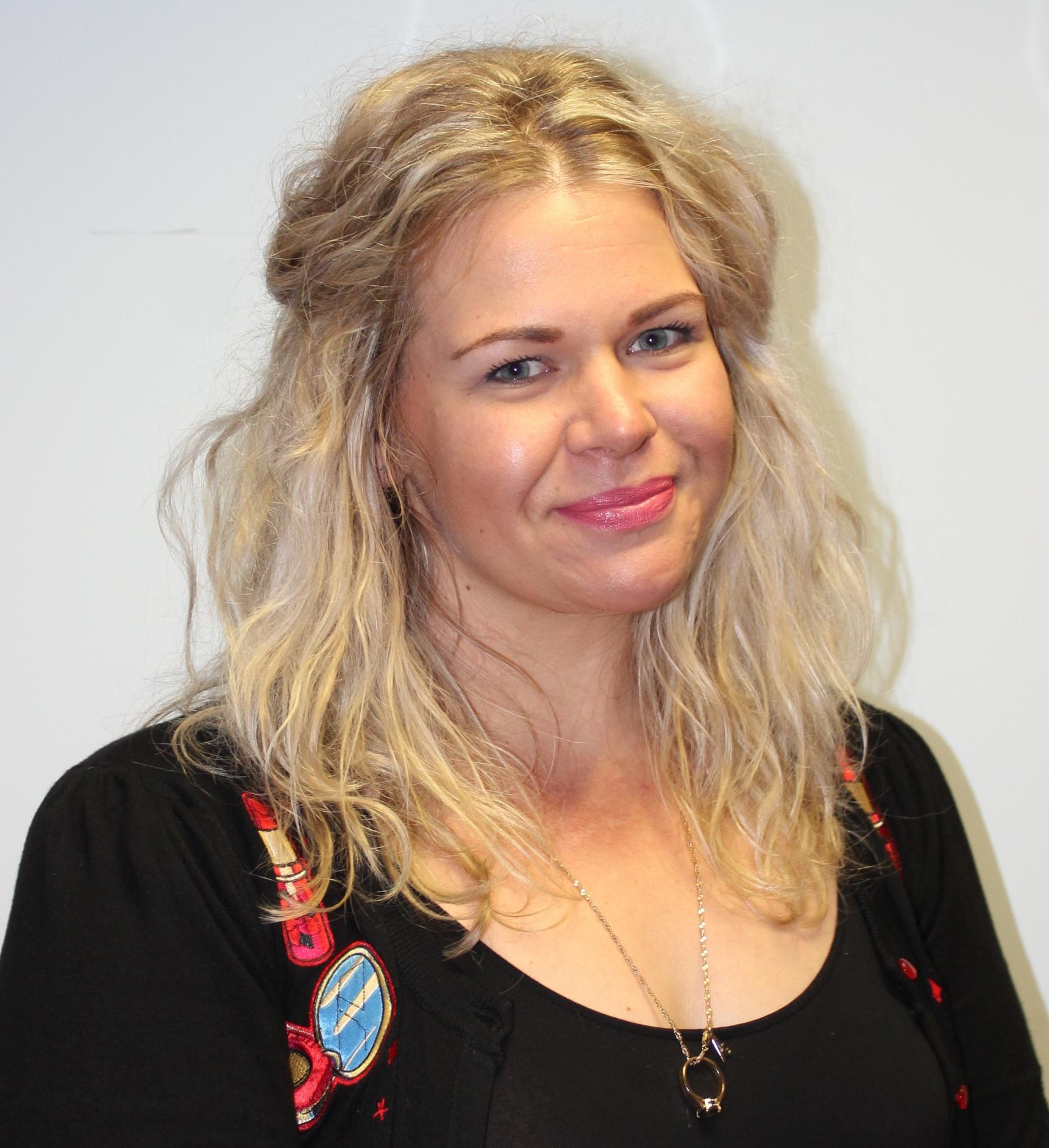
Anna Clayton is an ECD Certified Consultant who continually foc we can do things better, differently and effectively. She believes you can improve a business by focusing on how people feel within the business.
CERTIFIED CONSULTANT CERTIFIED CONSULTANT Elephant Rider Year In Review 2022
Three things I have learnt about how we feel...by Anna Clayton
Following our conversation, most leaders took the opportunity to explore things from the other person's perspective
Our thoughts. Yep, that pesky little internal voice we often hear shouting thoughts, assumptions, judgements, and 'facts'. The problem is that we trust this voice and treat these thoughts as hard truths.
So, in short, when you feel an undesirable feeling, maybe check in on your thoughts and see if these are serving you right now.
39
In all cases, the other person was also feeling undesirable feelings.
Now, this might not shock or surprise many people.
But for the leader who initially identified the undesired feelings, they never considered the other person was experiencing undesired feelings. Instead, they either thought, 'that's just the way they are, or they were out on a mission to make them feel bad.
In short, if there is a relationship that is not making you feel great, I would put money on the fact that the other person is not feeling great either.
There is usually a 'bad guy'.
Some leaders felt their team culture was lacking or felt that their team opposed them as a leader. Conversations initially focused on the team as a whole, but quickly a key person in the team was identified. This one person seemed to have the power and influence to turn the whole team against the leader... or did they?
When you think of 'toxic' workplaces or negative team cultures you have been exposed to, was everyone the same? Or was there one key individual who cultivated certain feelings for you?
Or, if you are reading this and this is the case for you currently, I strongly encourage you to go back to point 2, read it again, and get talking. This 'bad guy' is likely feeling some pretty similar emotions as you are.
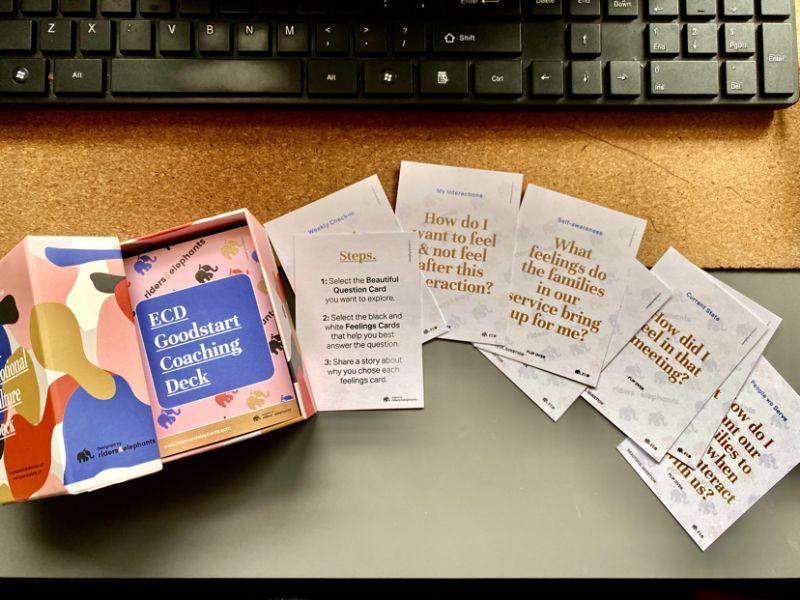
Elephant Rider Year In Review 2022 CERTIFIED CONSULTANT CERTIFIED CONSULTANT
When one relationship led to an undesired feeling, was the leader then viewing their whole team through these 'undesired-feeling glasses'?
riders&elephantpartneredwithGoodstartin2022todesigntheECDGoodstartCoachingDeck.Thisdeckwillhelp leadersconnectwiththeirteamstotruelyunderstandhowtheyfeelandhowtheywanttofeelatwork. 40
Centre Manager, Goodstart Learning

ANNUAL REPORT 2021/22 I COMMUNITY
“This team member was very proud of her efforts as she should be as she is not normally confident person when dealing with conflict or speaking about how she is feeling”
41
learning experiences
With over 650 centres, Goodstart Early Learning is the largest not-for-profit childcare provider in Australia. Its purpose is to ensure children have the learning, development and wellbeing outcomes they need for school and life. Claire (National Lead for Coaching) and Anna (People & Performance Learning Partner) are supporting Goodstart to fulfil its purpose by focusing on how Goodstarters feel at work.
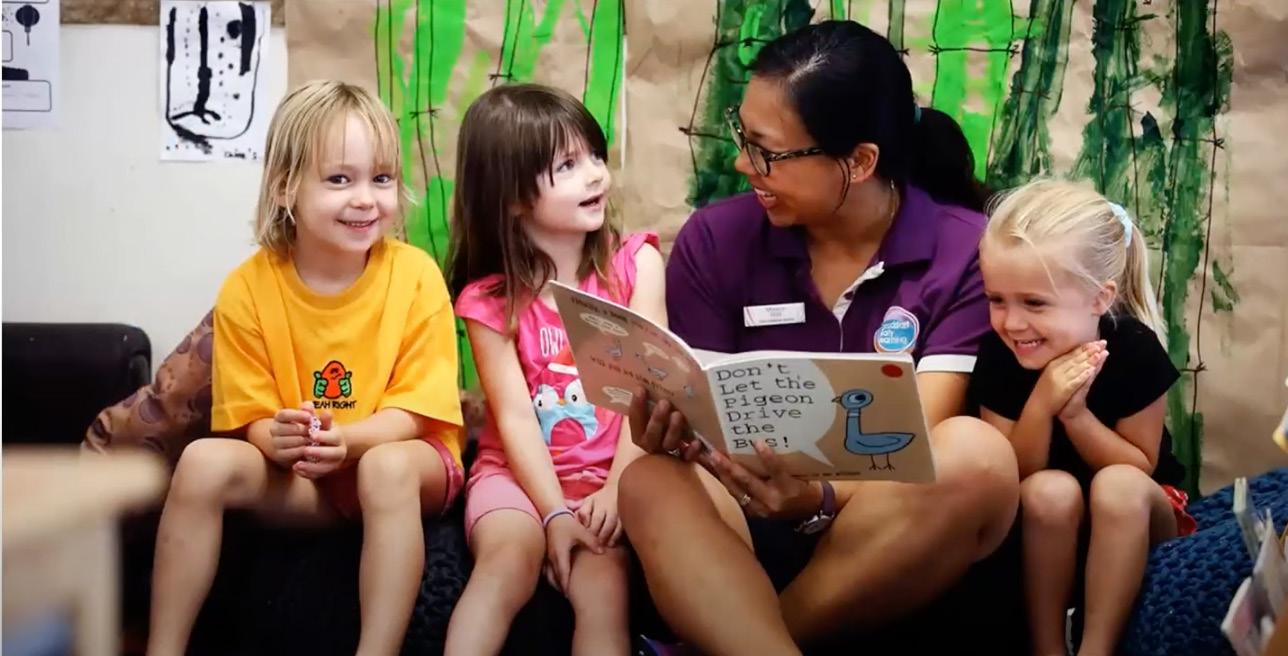
Through the past few years, Goodstart Early Learning has used The Emotional Culture Deck across their Leadership Teams, Centre Teams, and Centre Support Teams as a way to be playful about talking about emotions at work.
“If it’s ok to talk with children about emotions enabling them to label emotions, it’s important we also do it as adults”
Through focusing on feelings and emotions, they have transformed teams, built safe spaces for their staff to come to work and won a National Award for safety.
The ECD provided them with the flexibility and benefits to change how they work with certain teams that required more support.
For educators in lower socioeconomic areas, the key to success was to create a work environment that felt safe. Since many of these educators come from abusive relationships or have criminal partners, a safe work environment was essential for their success.
The Goodstart Early Learning team led three workshops for a lower socioeconomic Centre, mapping out the desired and undesired emotions of the team. After the workshops, the team committed to embedding a new emotional culture.As a result of the workshop
The Centre's emotional culture was defined and a safe haven was created for its educators. The desired feelings were also incorporated into the team's KPIs which created a habit of checking in on how the team was feeling during project delivery.
One of their biggest successes was reducing safety incidents in the center thanks to more helping behaviors focused on feelings, which led to the center being awarded a National Safety Award.
Crafting emotional culture to better serve early childhood
CERTIFIED CONSULTANT CERTIFIED CONSULTANT Elephant Rider Year In Review 2022 42
The gold didn't happen in the workshop itself, it's actually what happened outside
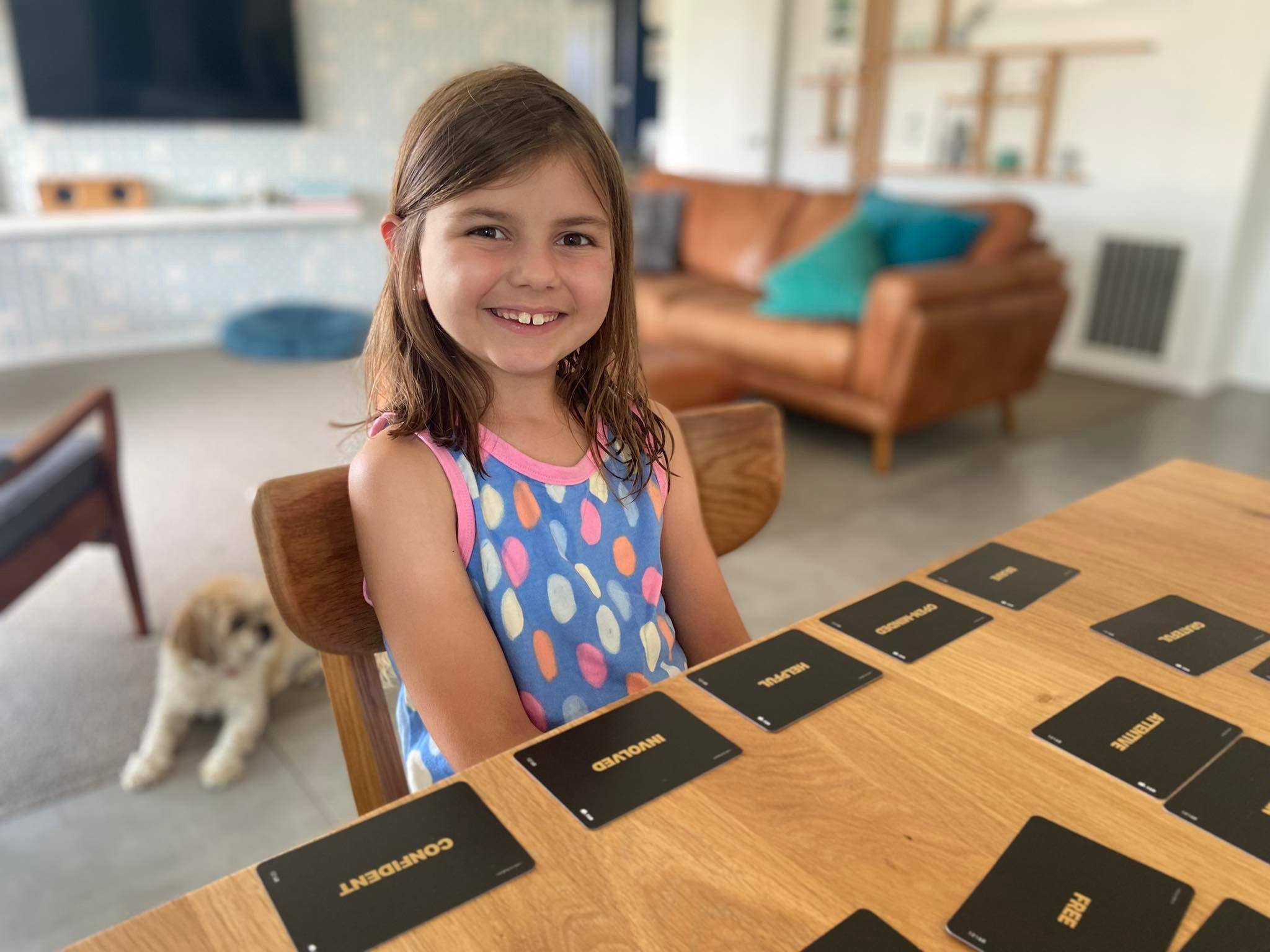
Certified
CERTIFIED CONSULTANT 44
ECD
Consultant Social Media Spotlight ECD
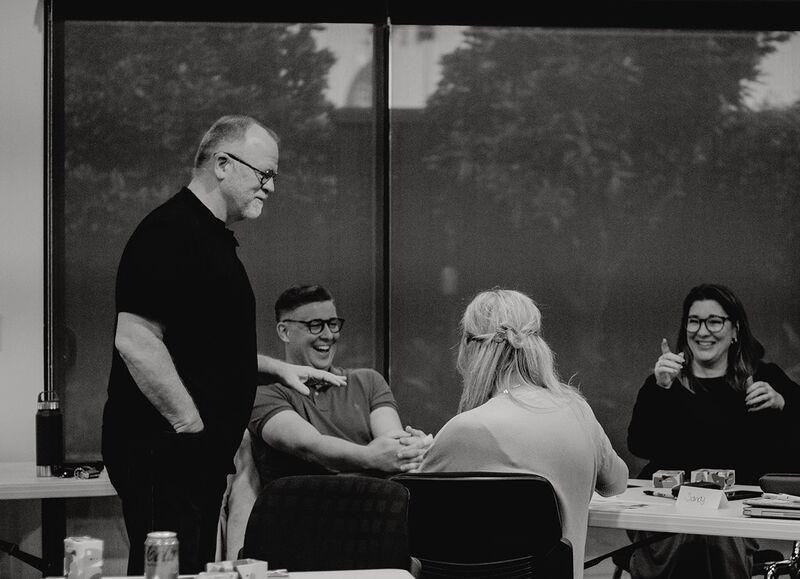

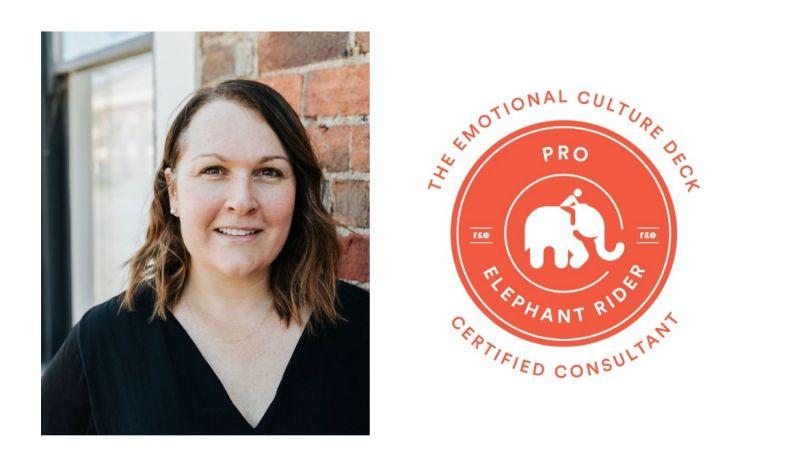

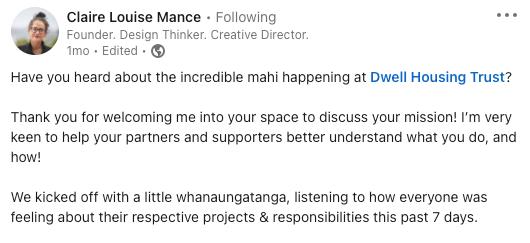
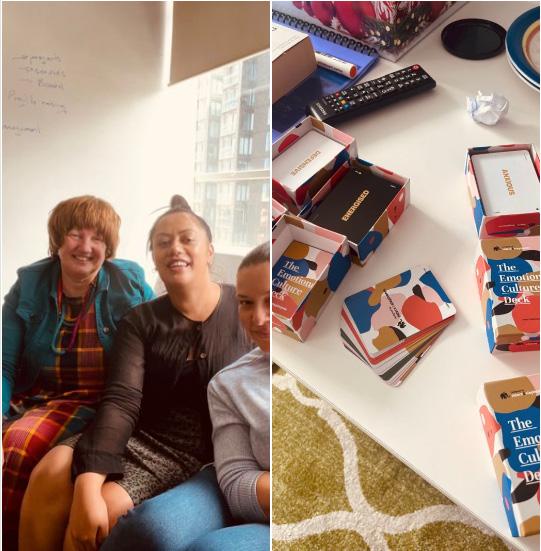
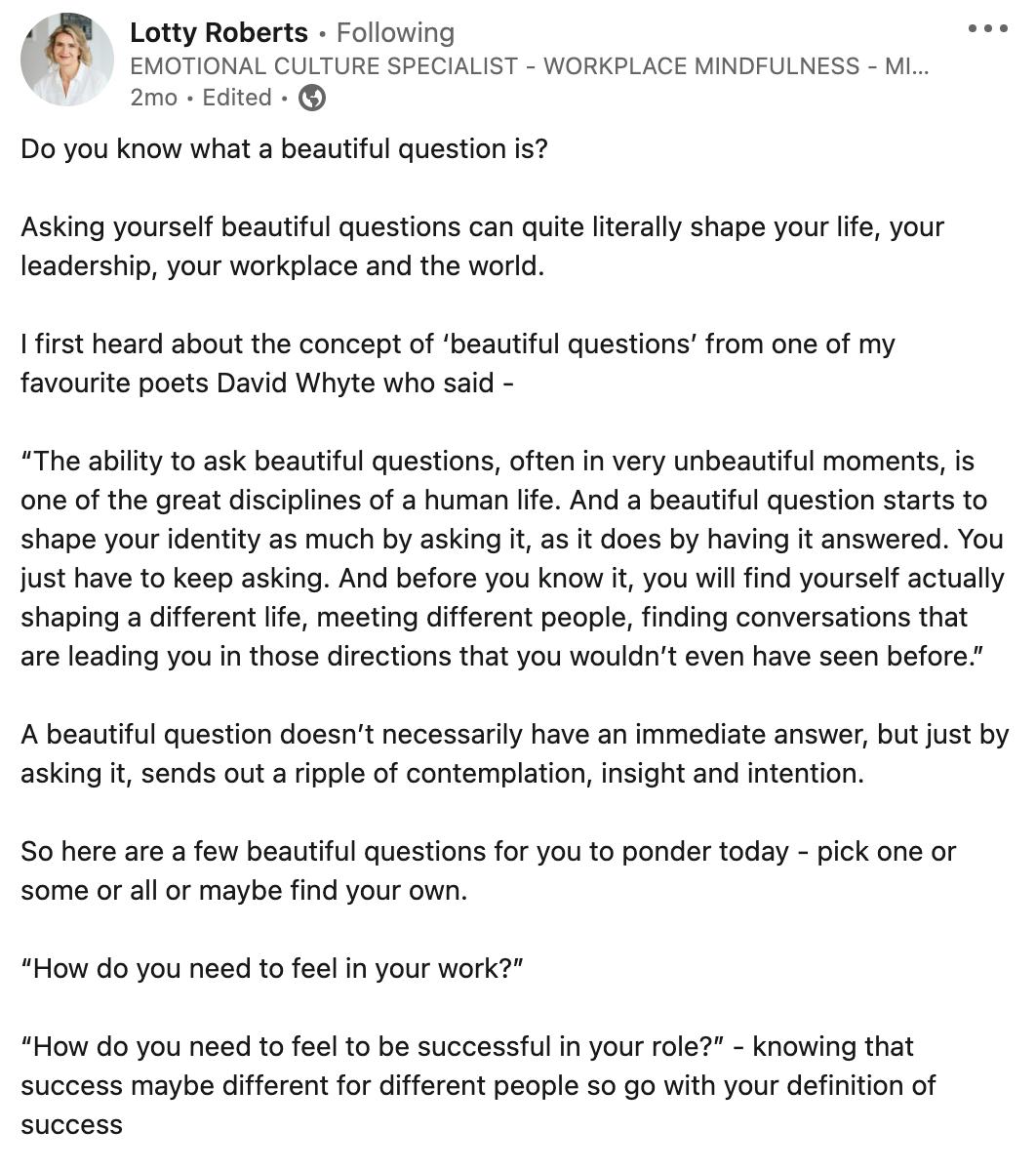
Elephant Rider Year In Review 2022 CERTIFIED CONSULTANT CERTIFIED CONSULTANT 45 https://brandambassadors.theemotionalculturedeck.com/create-account 5
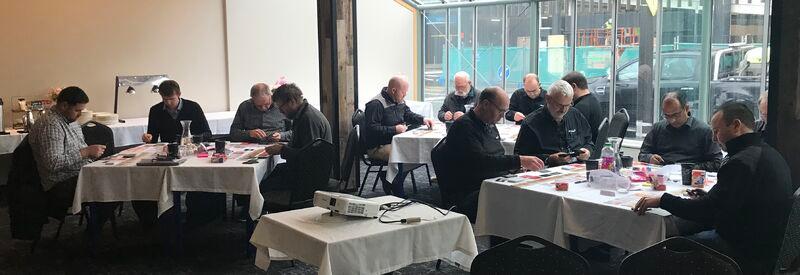
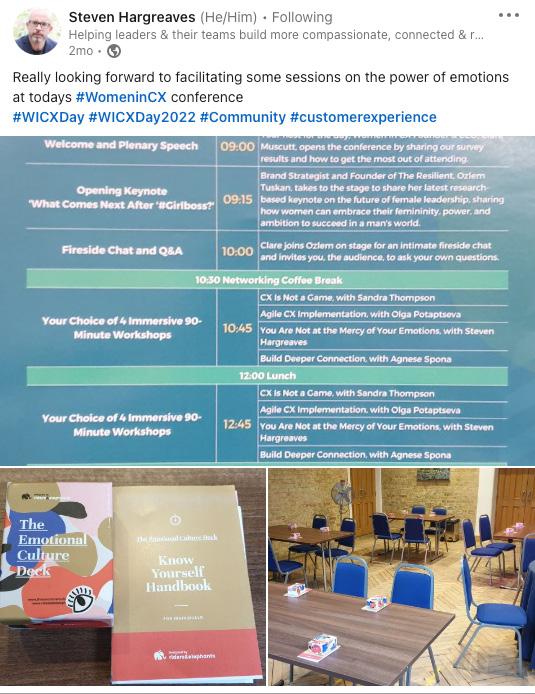
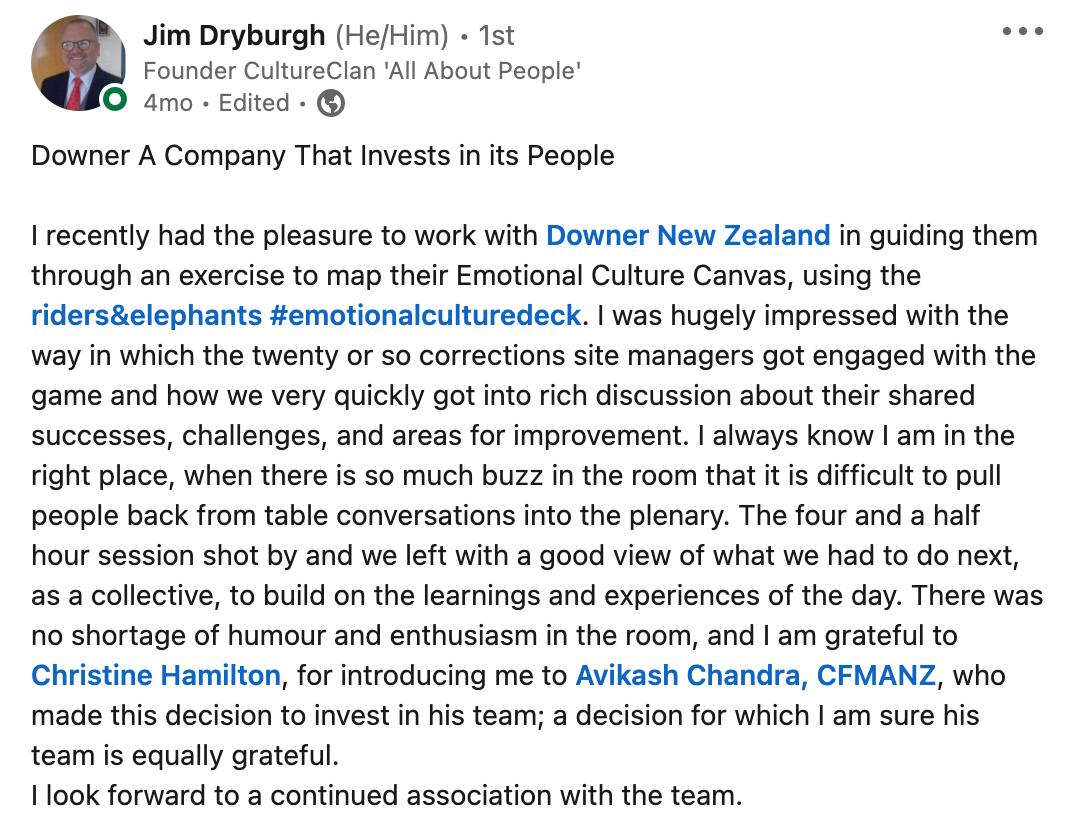

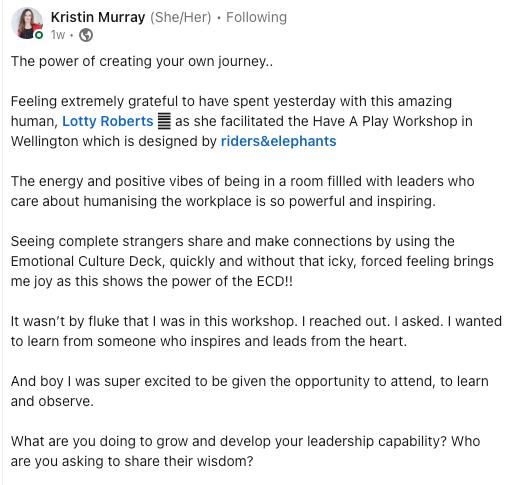
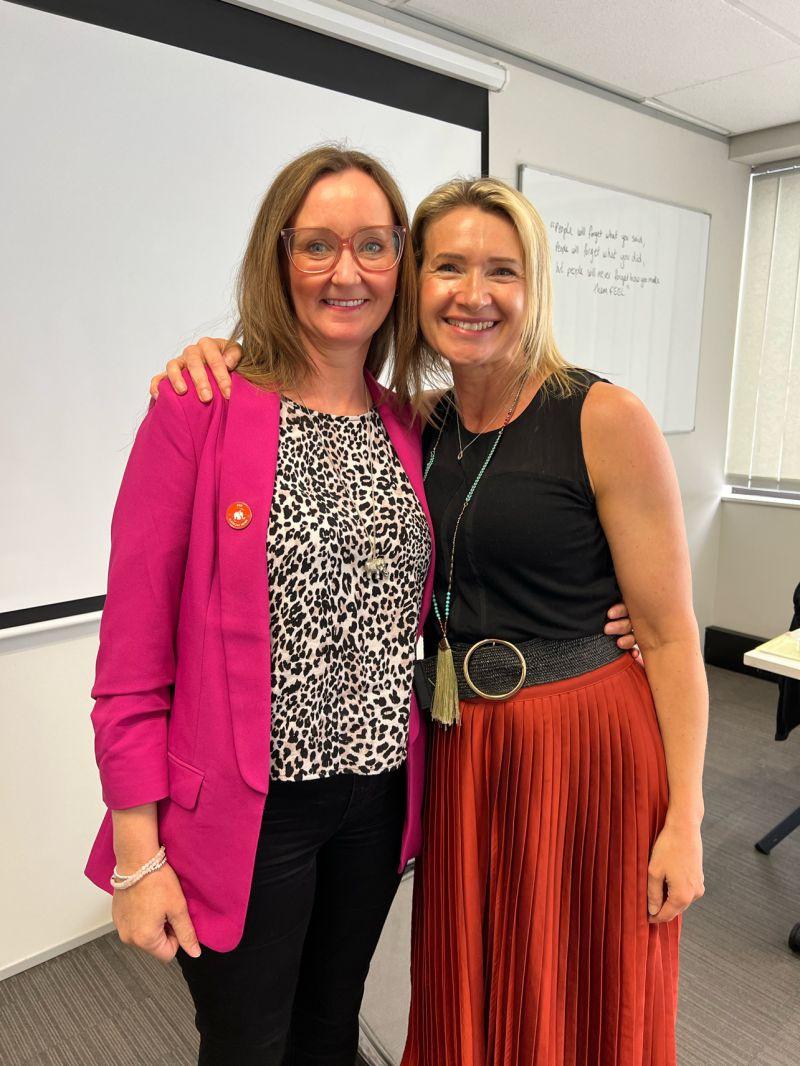

Elephant Rider Year In Review 2022 CERTIFIED CONSULTANT CERTIFIED CONSULTANT 46
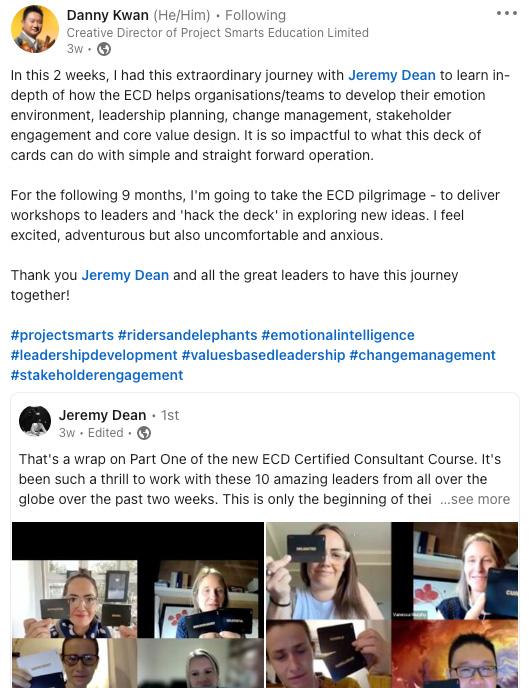
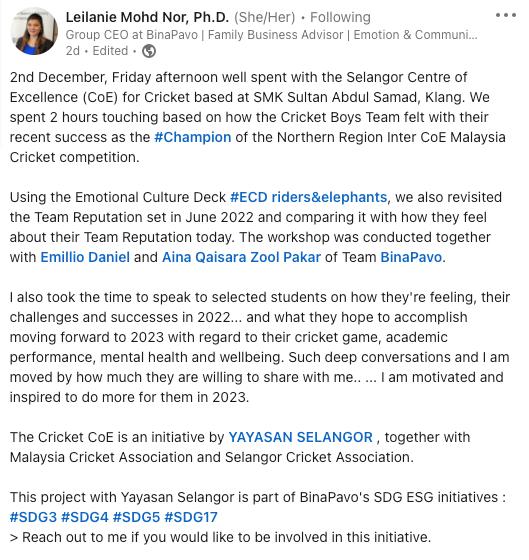
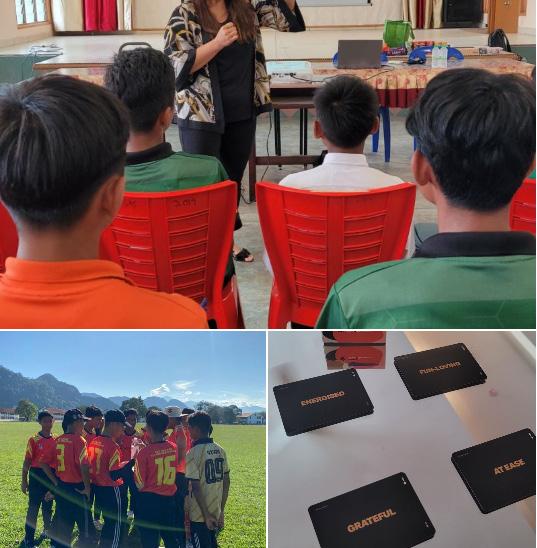
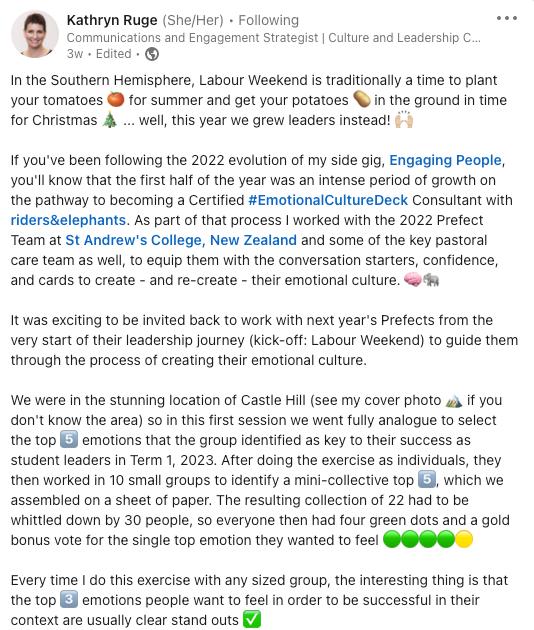
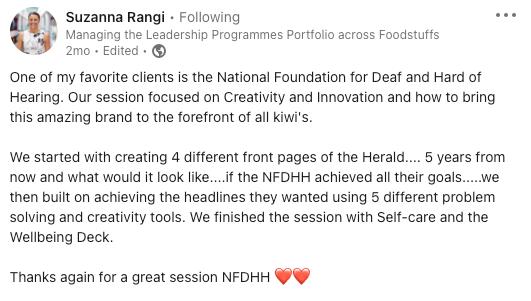
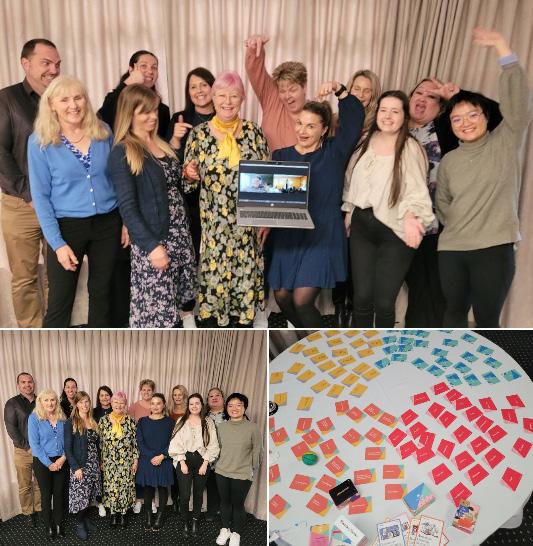
CERTIFIED CONSULTANT CERTIFIED CONSULTANT Elephant Rider Year In Review 2022 47
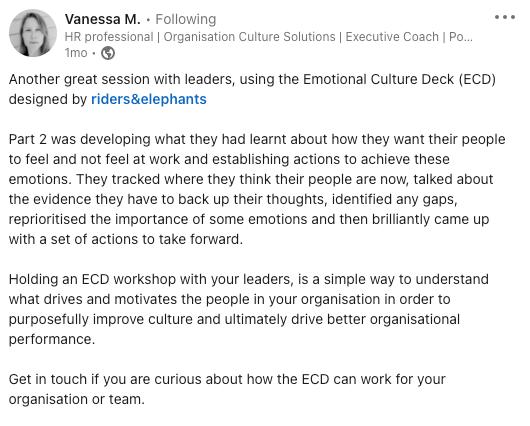

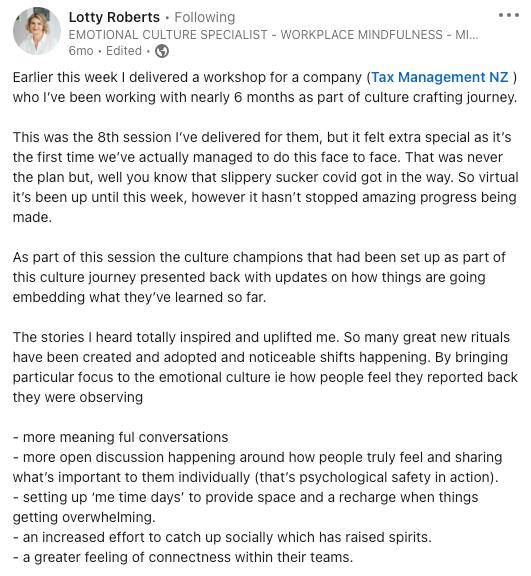
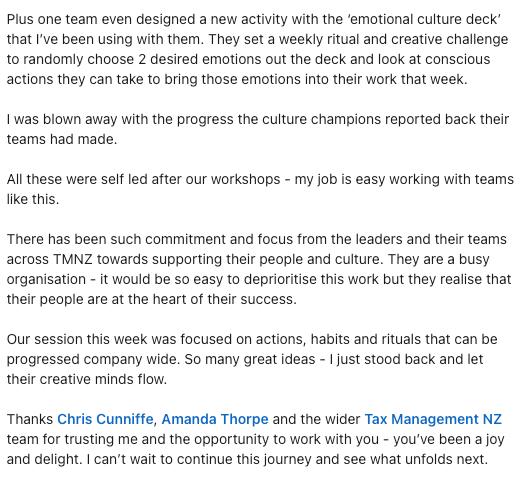

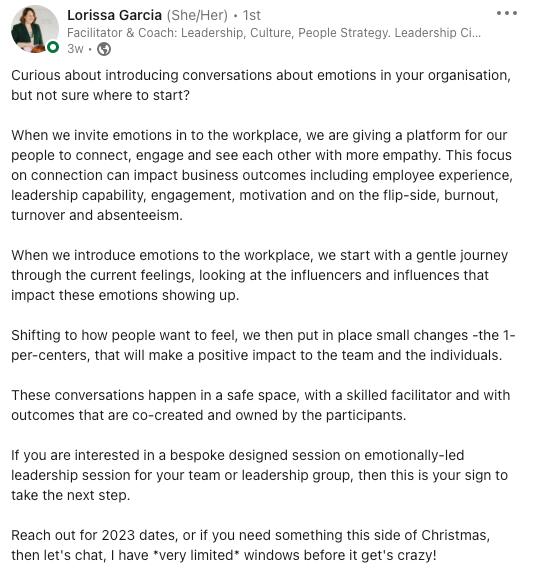

Elephant Rider Year In Review 2022 CERTIFIED CONSULTANT CERTIFIED CONSULTANT 48

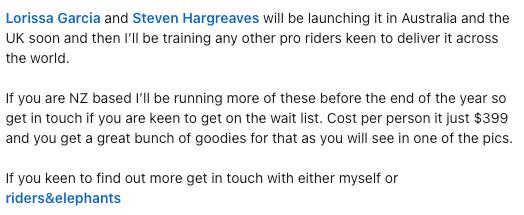
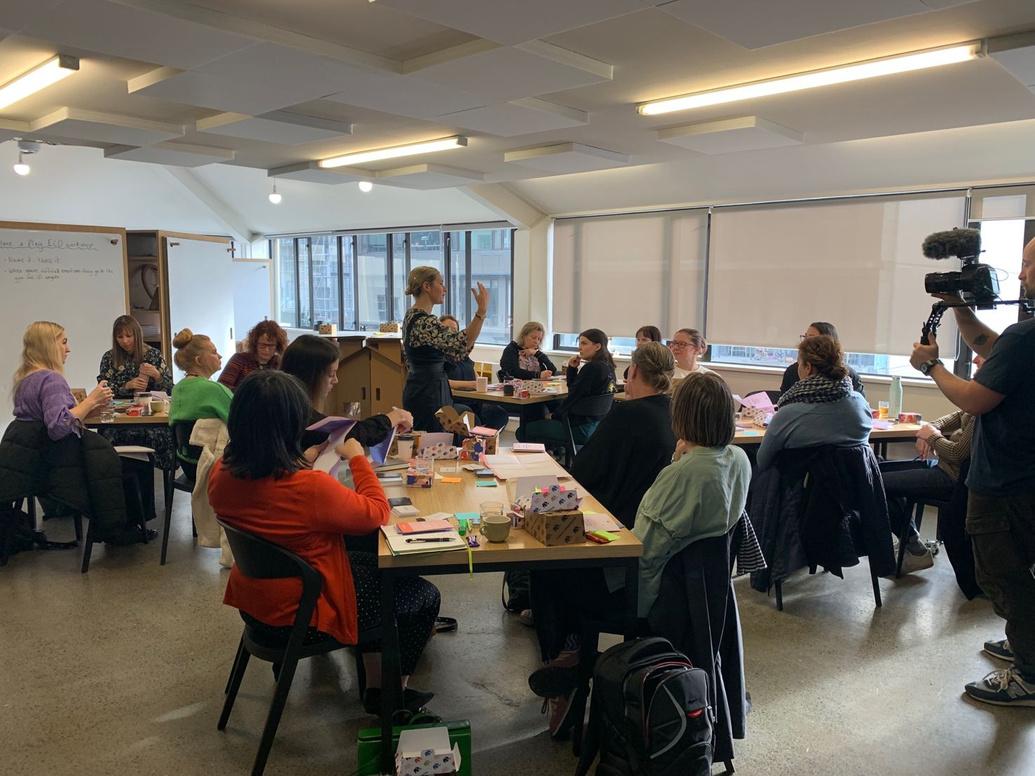
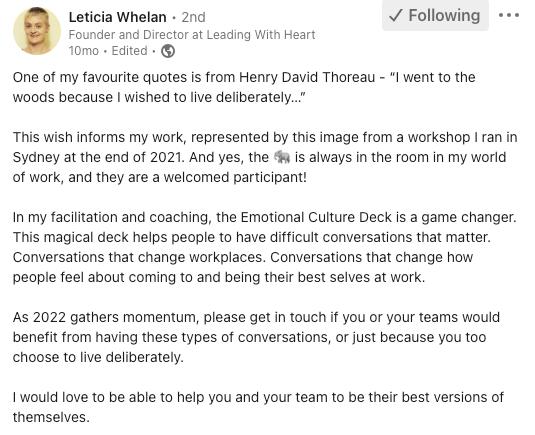
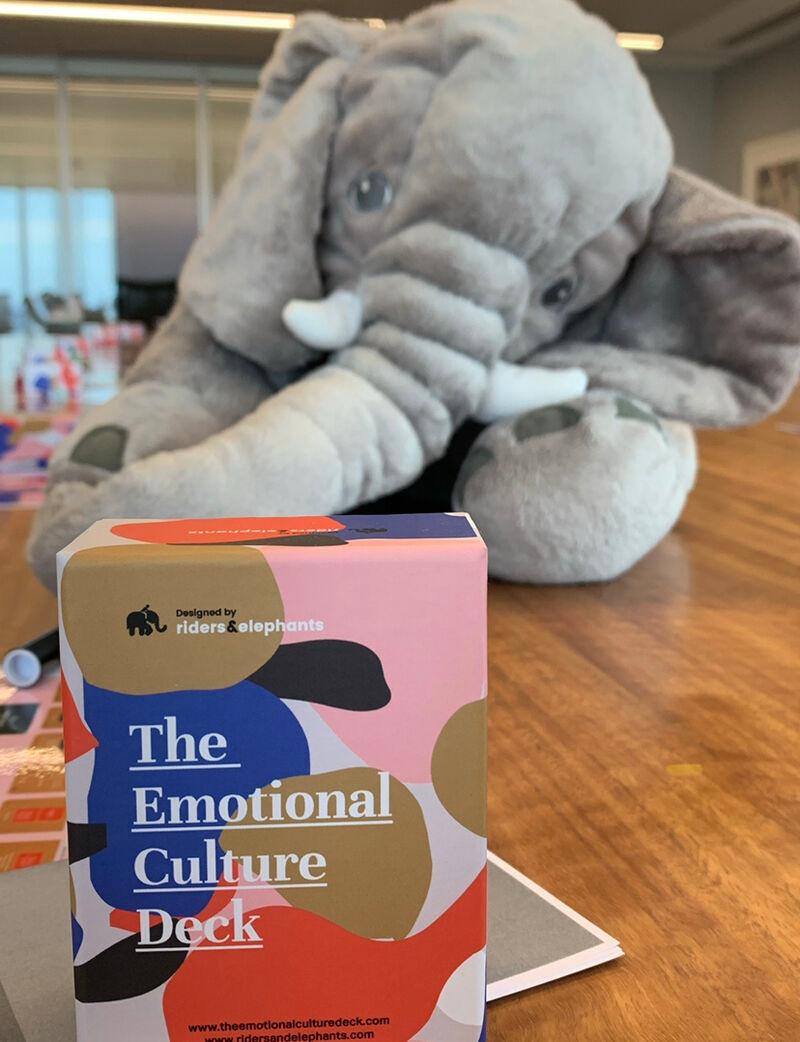


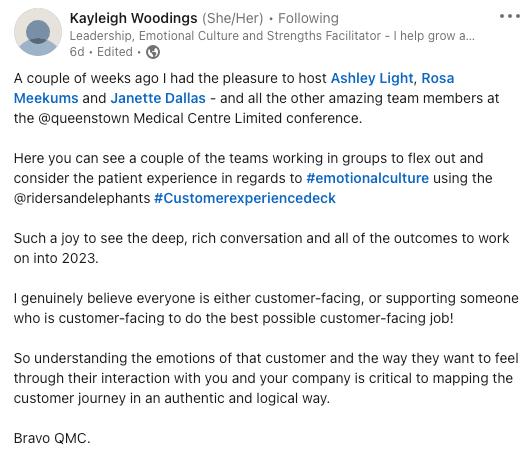
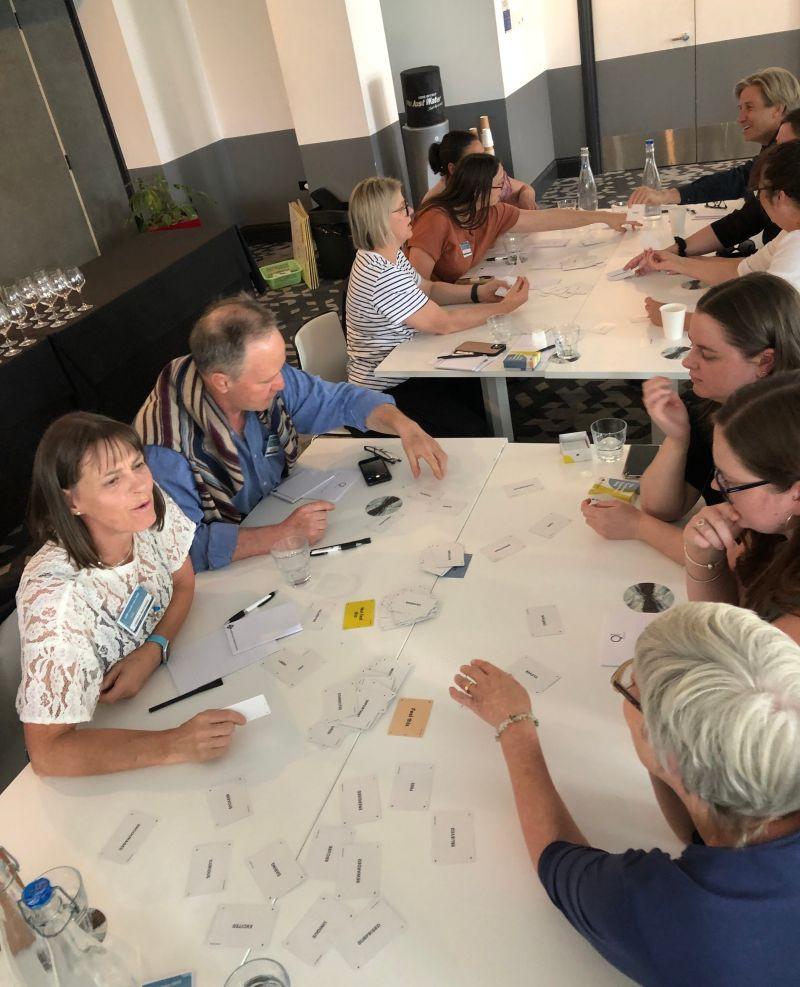
Elephant Rider Year In Review 2022 CERTIFIED CONSULTANT CERTIFIED CONSULTANT 49
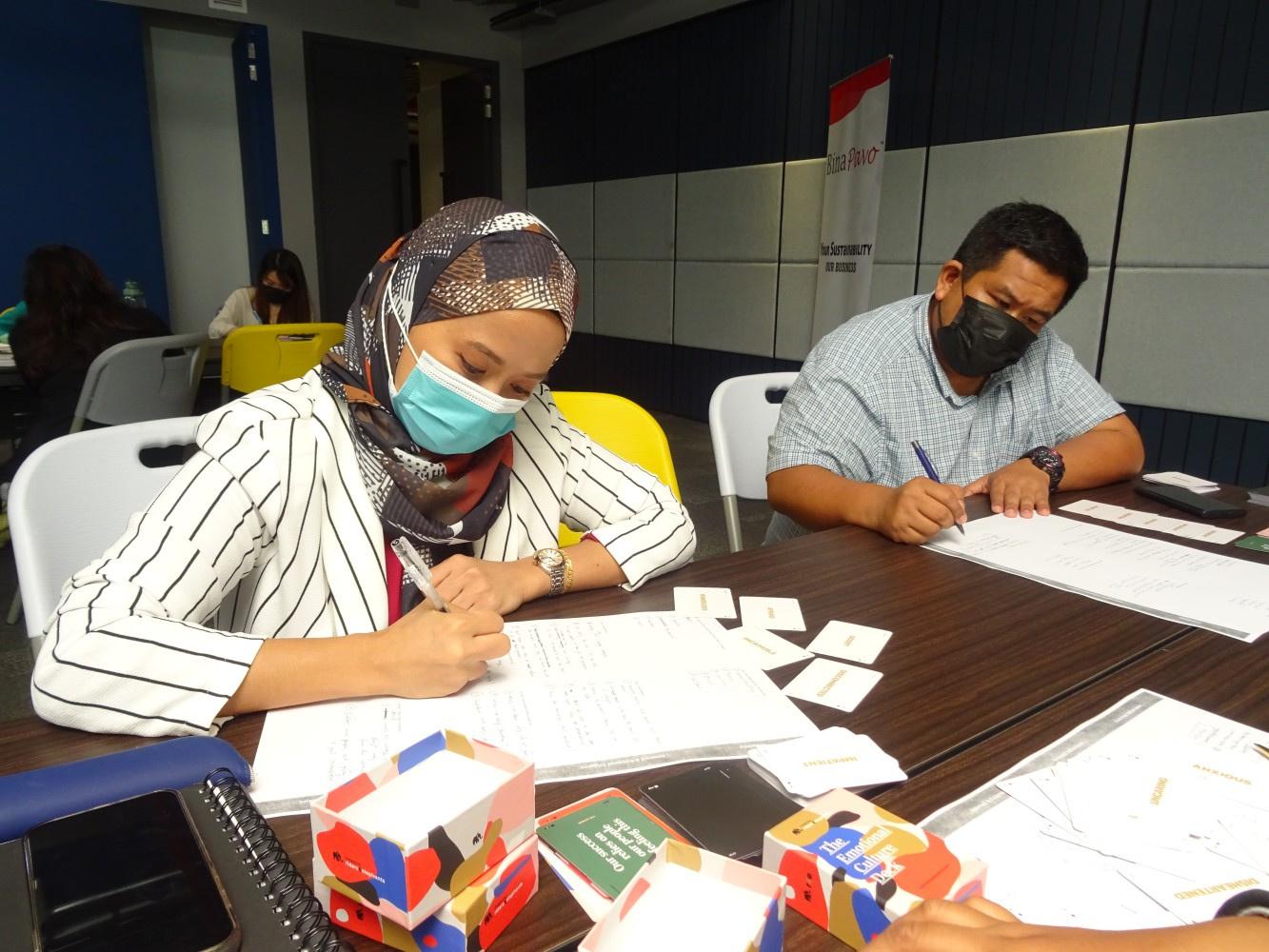
ECD Qualified Practitioner Year In Review
QUALIFIED PRACTITIONER 51
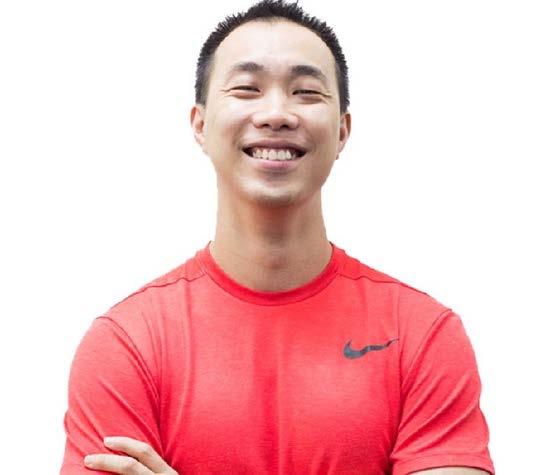




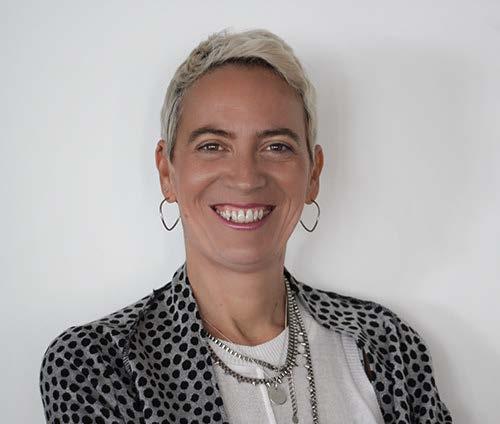














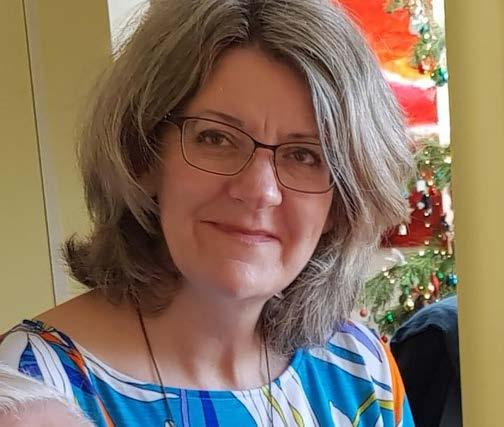




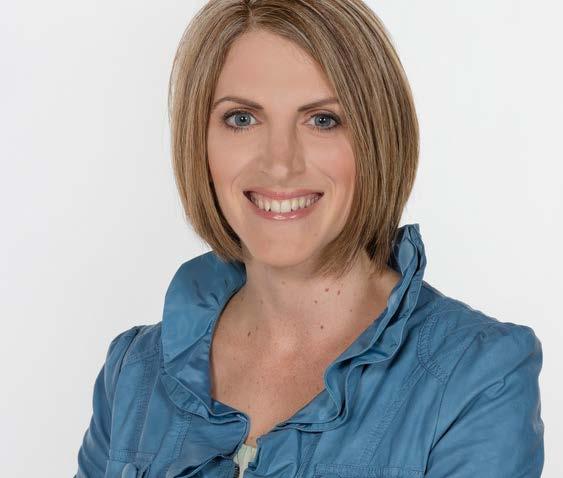



















MeetOurBronze&Silver
ElephantRiders
Singapore
PilarCabralMajerovic Croatia
NewZealand AngelinaTan NewZealand AlisonRudzki NewZealand LaurenParsons NewZealand MelWarhurst NewZealand DeniseHartley-Wilkins NewZealand
NewZealand ElephantRiderYearInReview2022 QUALIFIEDPRACTITIONER QUALIFIEDPRACTITIONER Bronze&SilverElephant Ridershaveactivelybuilt theirECDpracticesand furtherdevelopedtheir emotionalculturecraft. 52
WayneSim
SILVERELEPHANTRIDERS
KayleighWoodings
MeganBryce




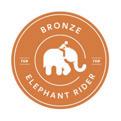





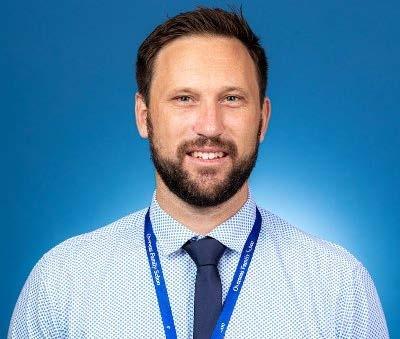









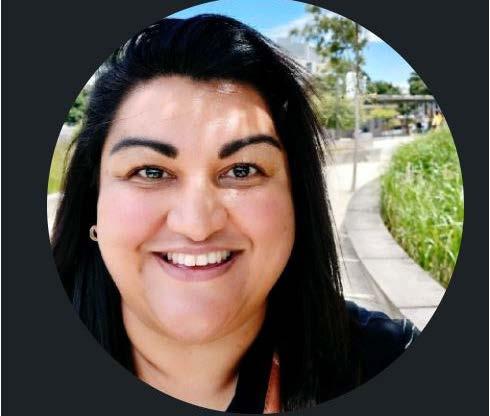




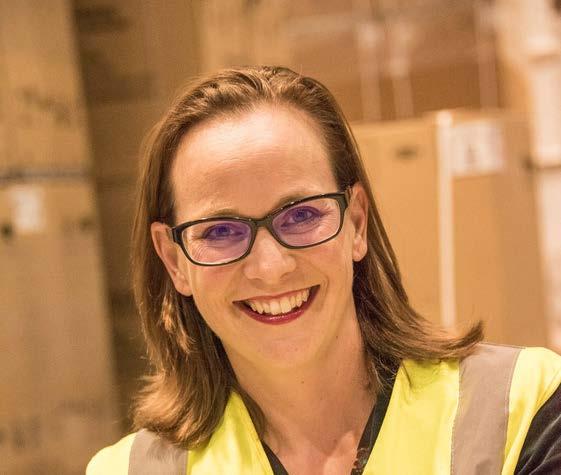




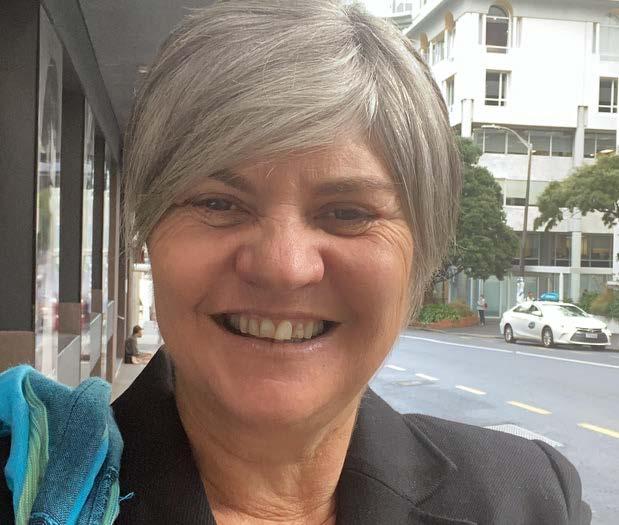




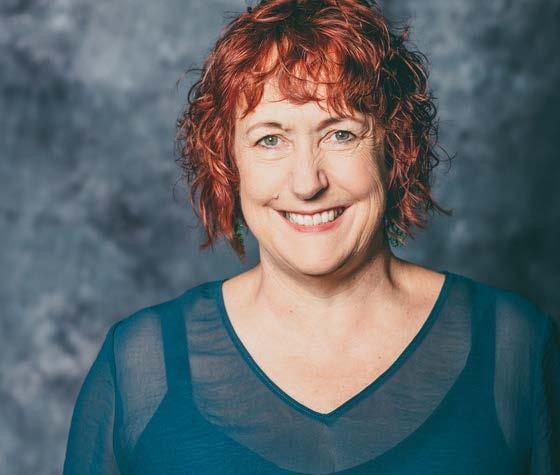









KirstenRiechelmann NewZealand MohamedSaher SriLanka RichardPetherick Singapore DanielTay Singapore ZeenaKhan NewZealand KateBacchus NewZealand BRONZEELEPHANTRIDERS NatalieMcConnell NewZealand JuleneHope NewZealand KateChua NewZealand ElephantRiderYearInReview2022 QUALIFIEDPRACTITIONER QUALIFIEDPRACTITIONER "I'mallintohelpingcocreatingteams,workplaces, organisationalculturesthat arehuman-centric.Where peoplecantalkabout feelings,howtheywantto feelandnotfeelatwork" -DeniseHartley-Wilkins, 53
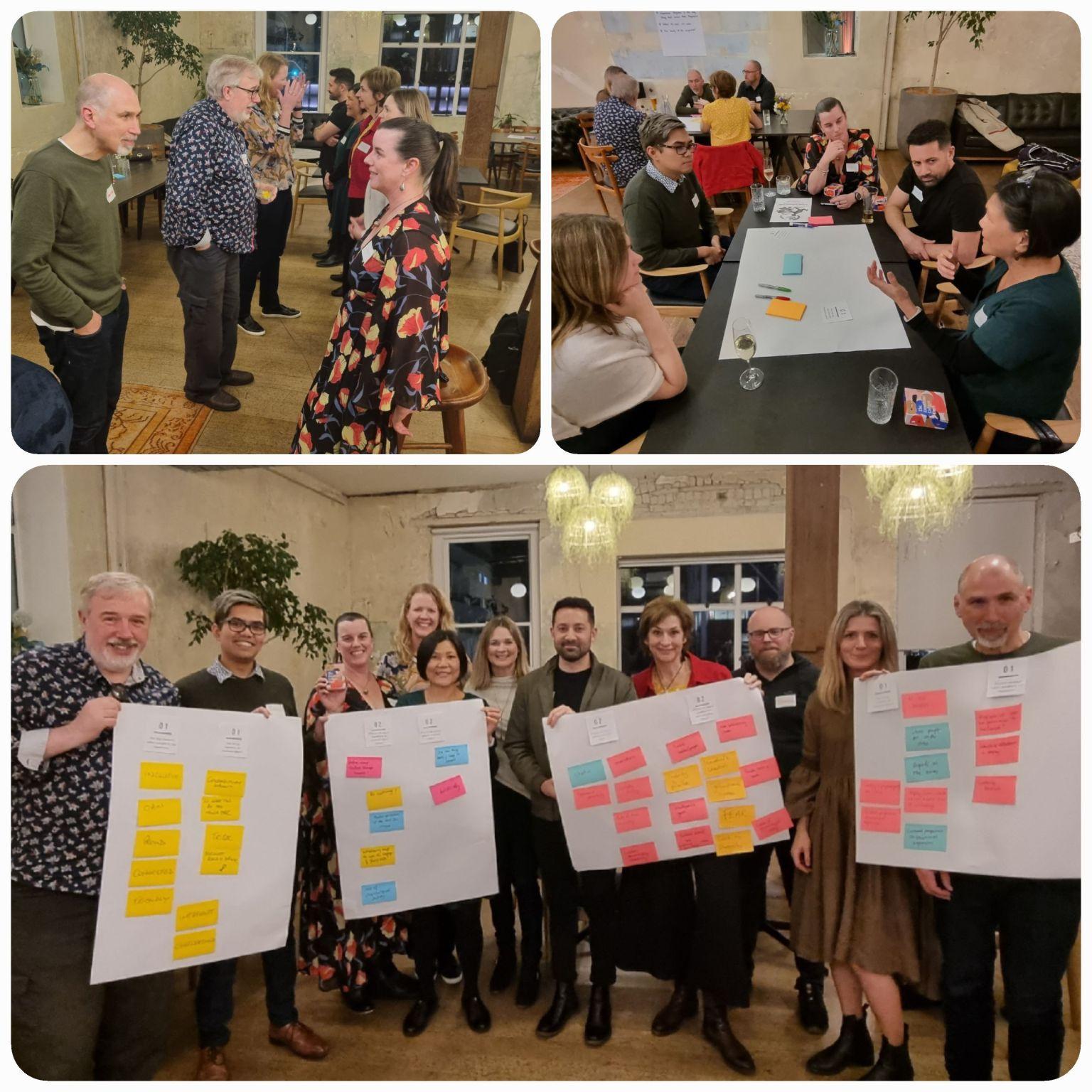
“The Emotional Culture Deck has changed how we work. It’s made possible new rituals that we’ve now adopted as our own and that we follow regularly. Those rituals, in turn, give us regular soundings into our business – we discover opportunities and identify areas to address.”
- Cricket Wellington

55
Leading with emotion in sports teams

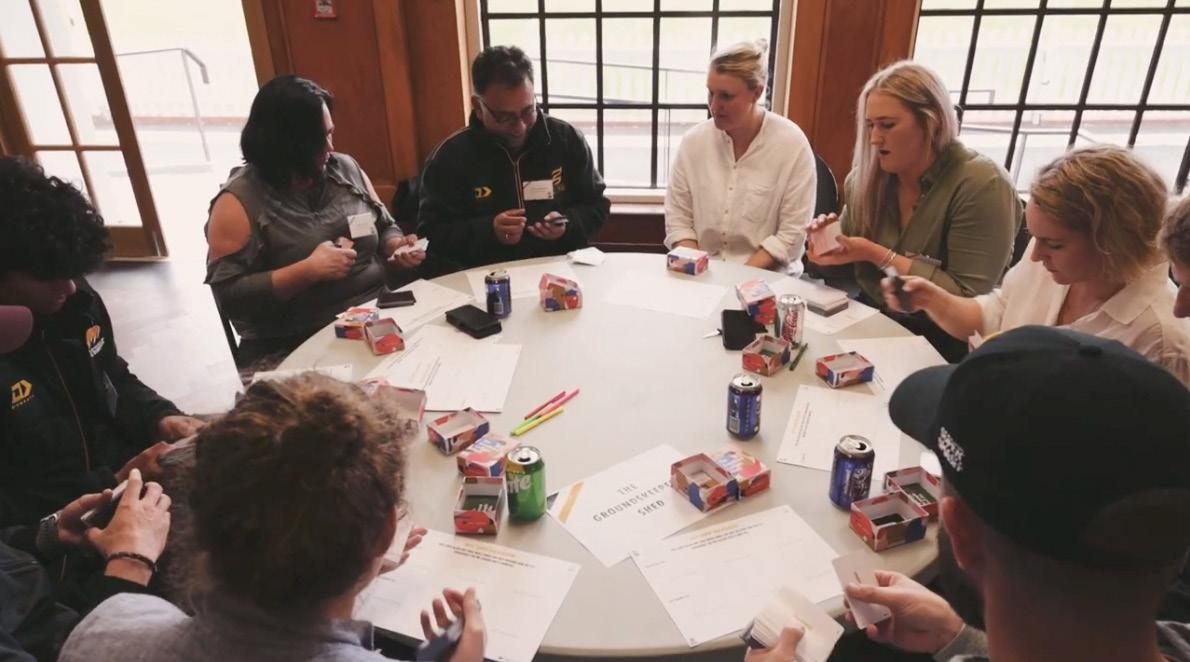
Amindsetshiftwasneededtotakea 'wholeofcricket'approachto developingthewidercricket community.

Theyneededtoconnectstaff,clubs, fans,volunteers,women'scricket, umpiresandcoaches.
CW'sleadersrealisedtheimportanceof buildingamorevulnerable,open culturewherestaffandplayerscould sharehowtheyfeltbothonan individuallevelandwithintheentire CWenvironment.
Fouryearsinsomuchhaschangedso muchatCricketWellington.Theopen vulnerableThevibeisdifferent.
Theconversationsaredifferent.And theresultsreflectanorganisationthat isconnectedtoeachother,towhat theyareheretodoandwhat tomorrowneedstolooklike.Talkingto peopleacrosstheorganisation,allyou heararegoodthings.
Cricket Wellington has been playing with The Emotional Culture Deck for the past four years. According to CEO, Cam Mitchell and General Manager Liz Green, The Emotional Culture Deck has changed so much at Cricket Wellington.
Elephant Rider Year In Review 2022 QUALIFIED PRACTITIONER QUALIFIED PRACTITIONER
Without the Deck, we wouldn’t have been as connected, and we wouldn’t know each other like we do, at every level
56
ECD Practitioner Social Media Spotlight
QUALIFIED PRACTITIONER 57
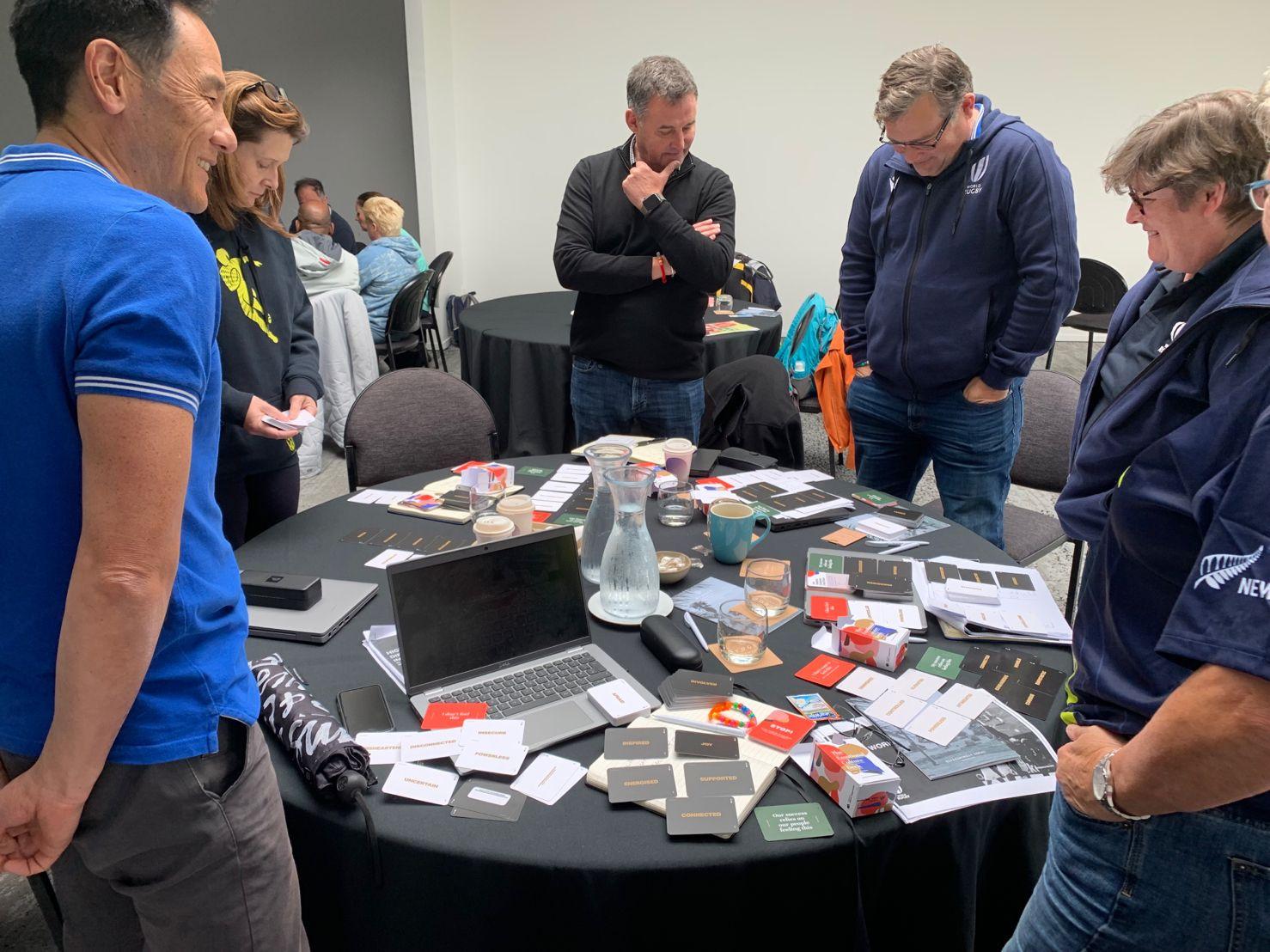
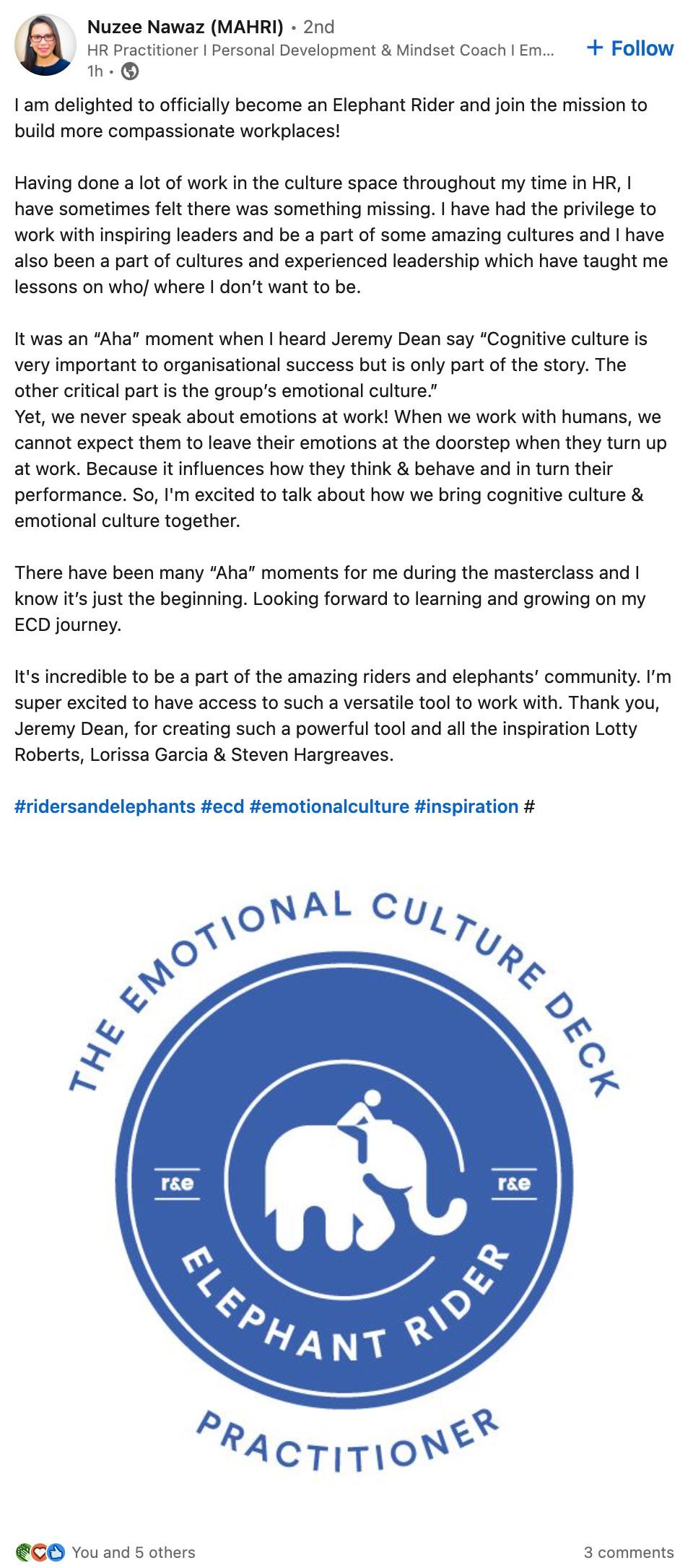
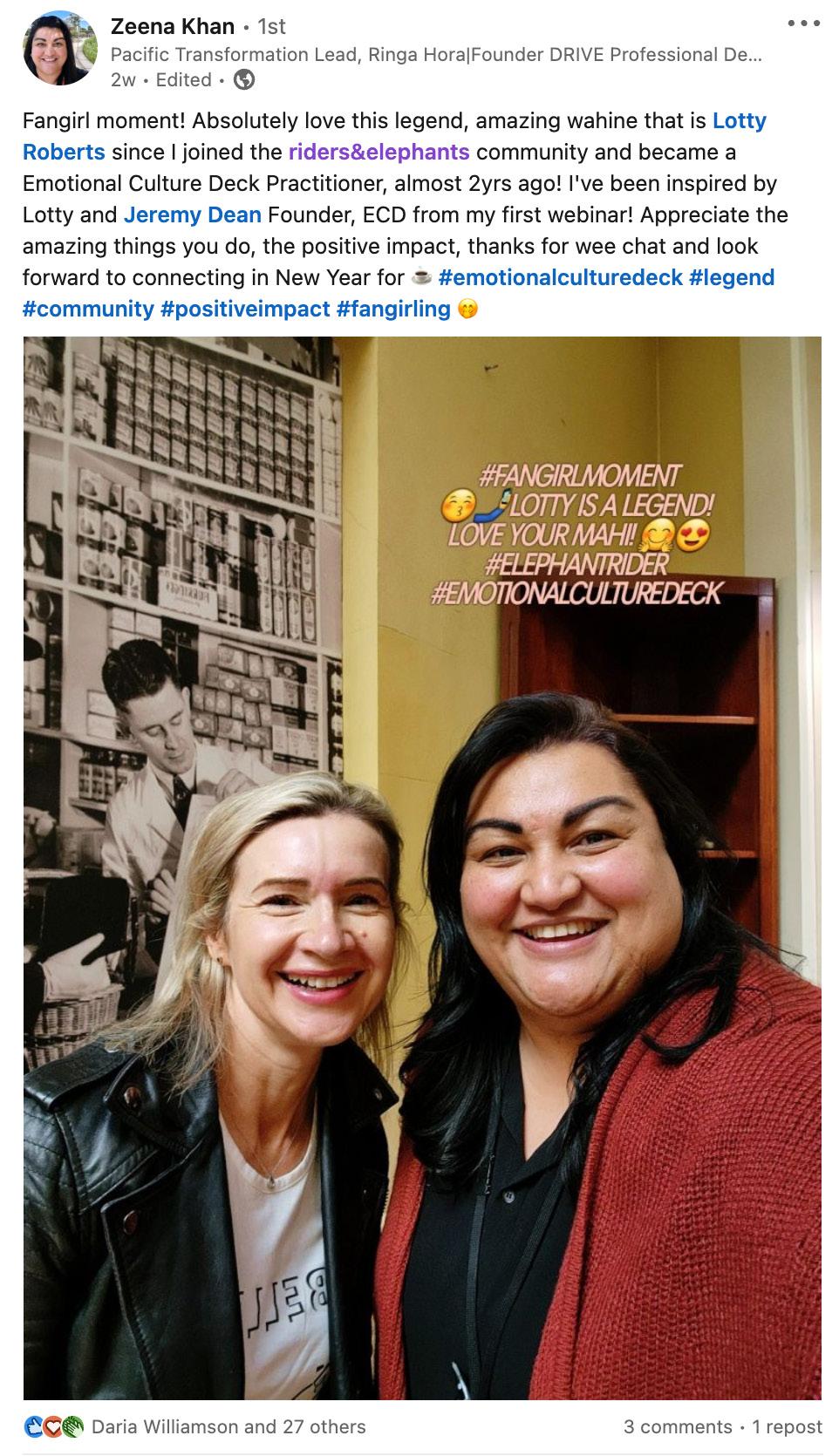
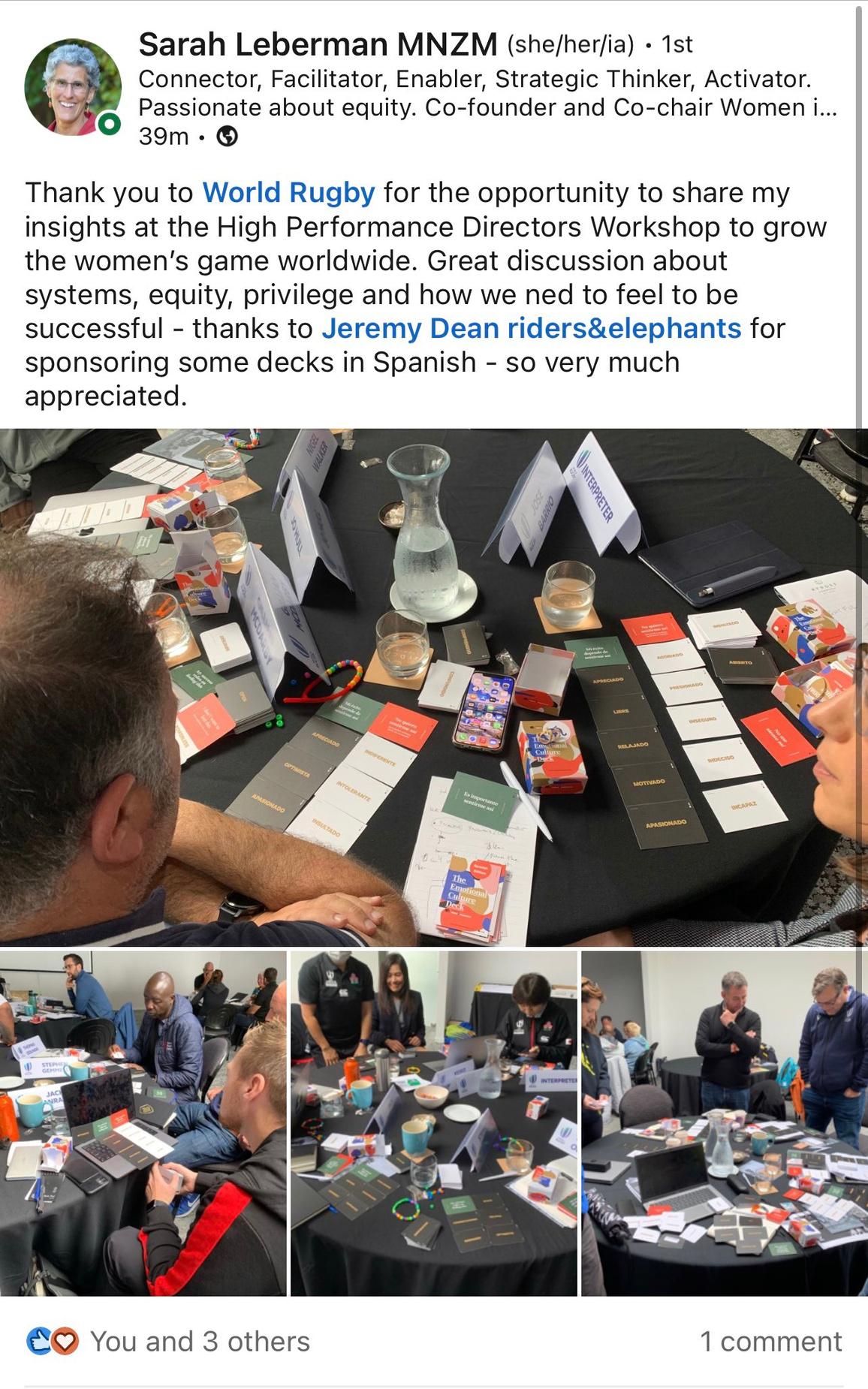
Elephant Rider Year In Review 2022 QUALIFIED PRACTITIONER QUALIFIED PRACTITIONER 58
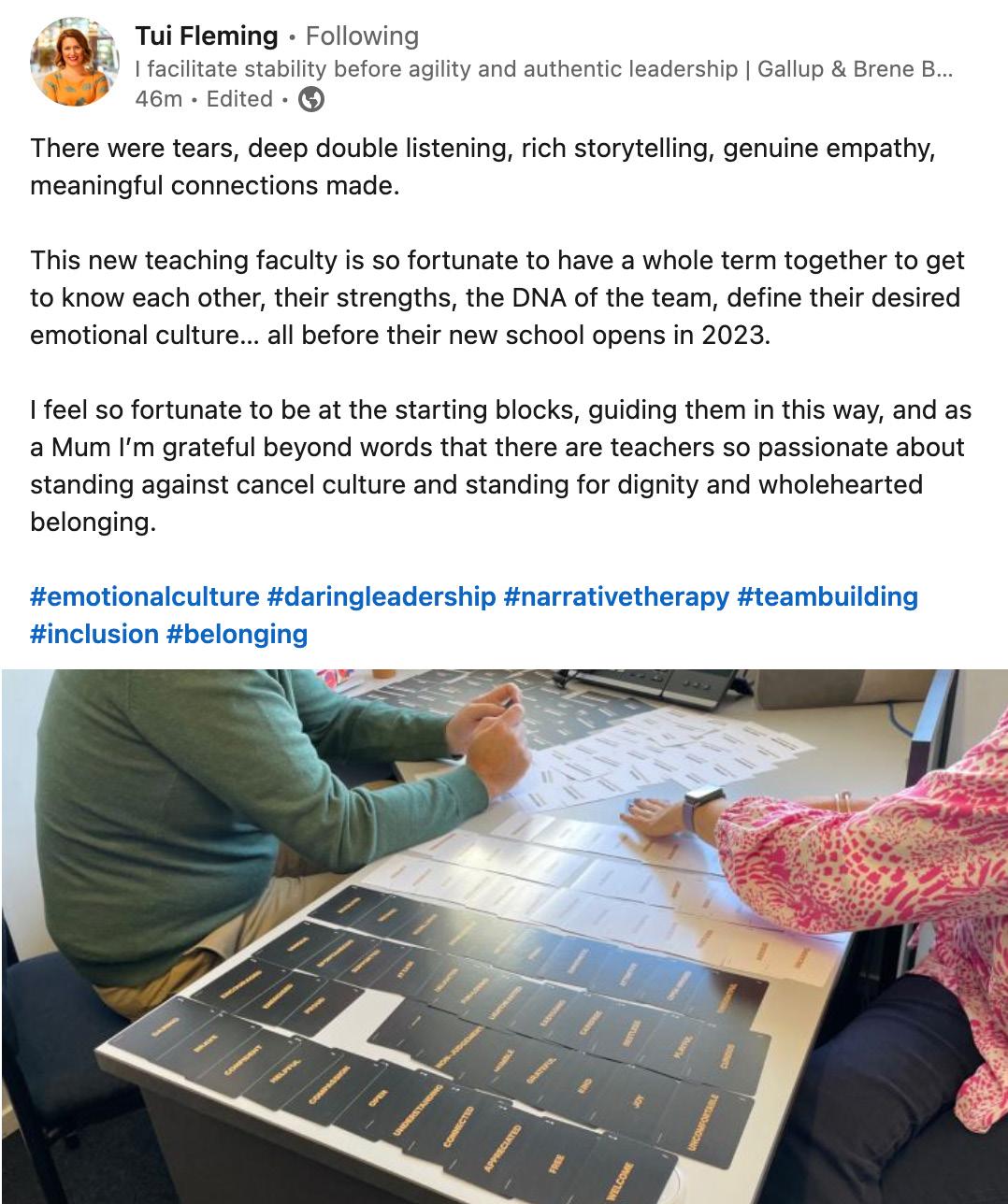
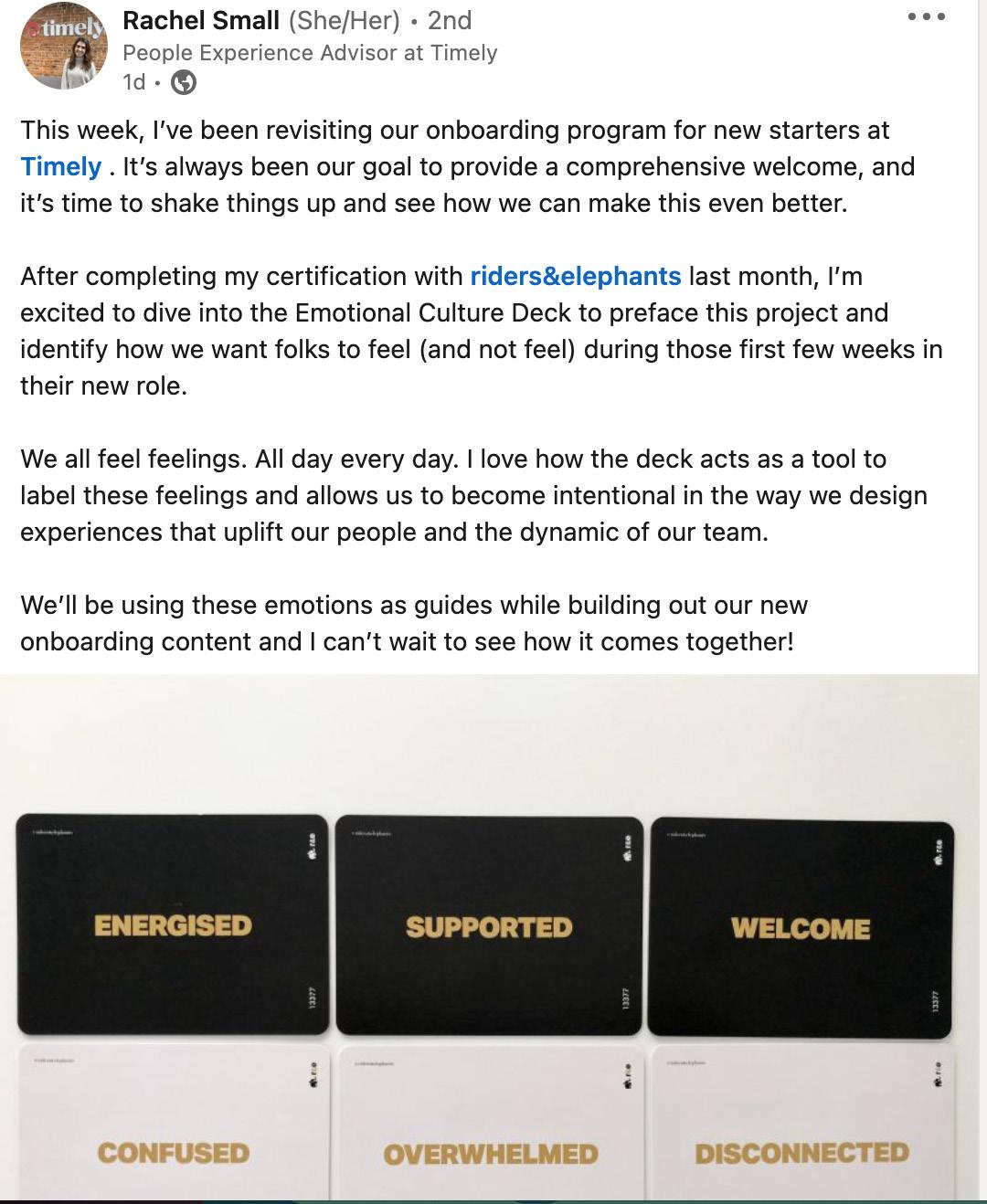
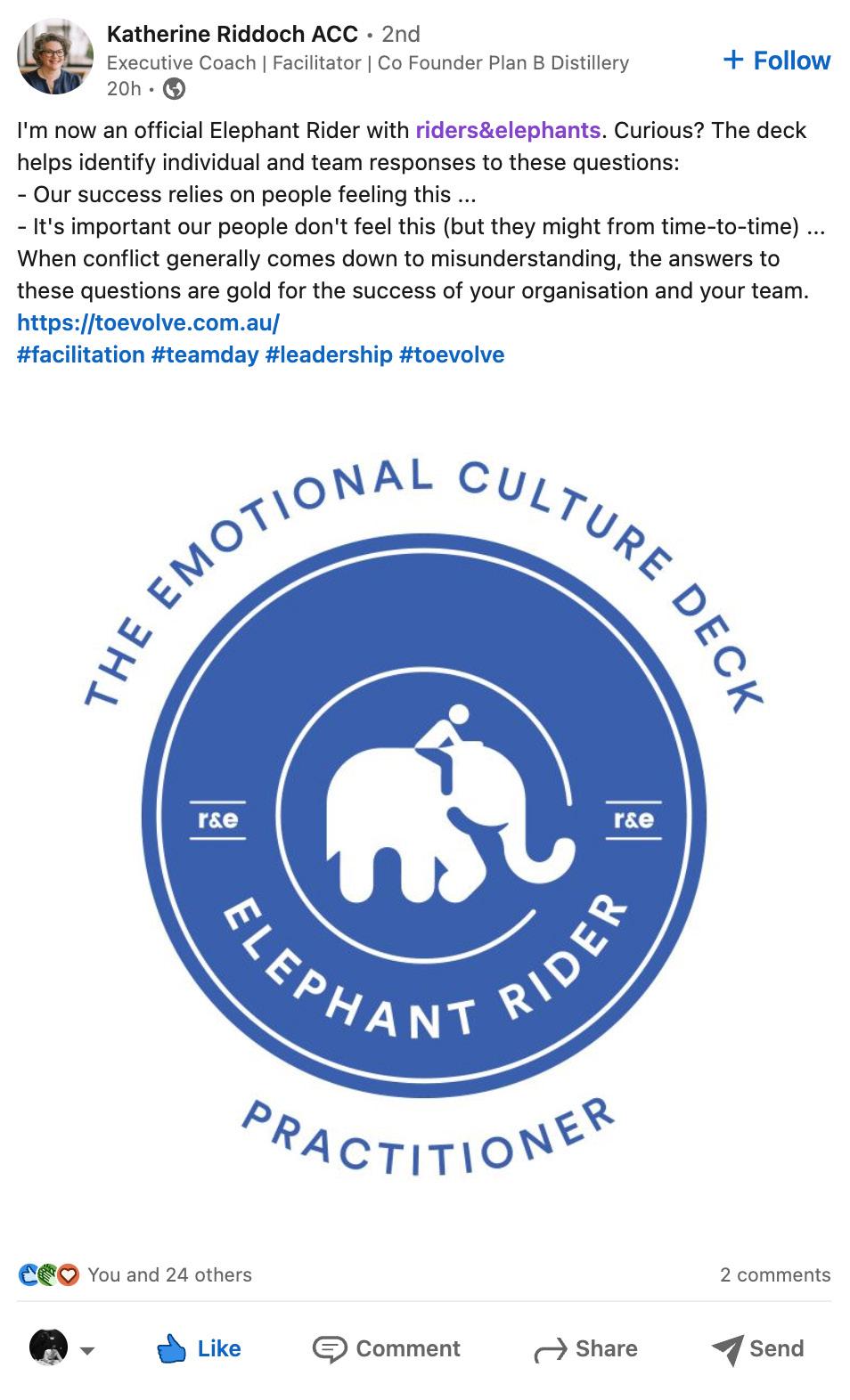
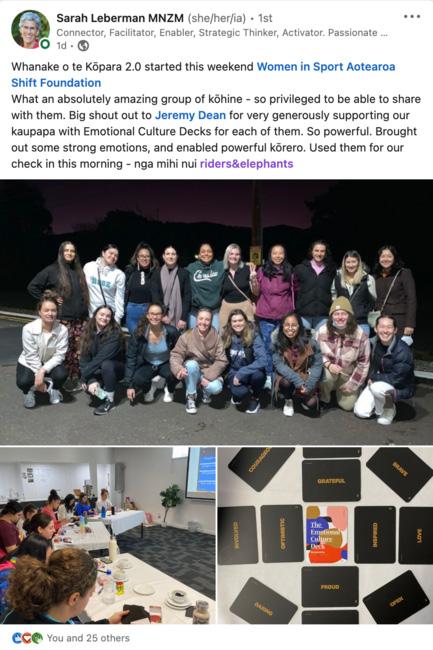
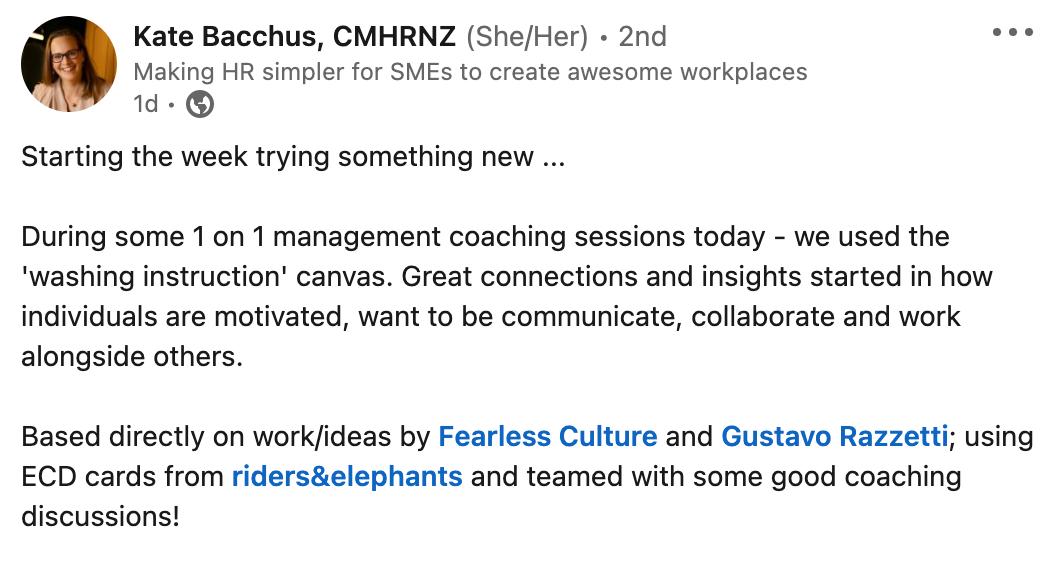
Elephant Rider Year In Review 2022 QUALIFIED PRACTITIONER QUALIFIED PRACTITIONER 59
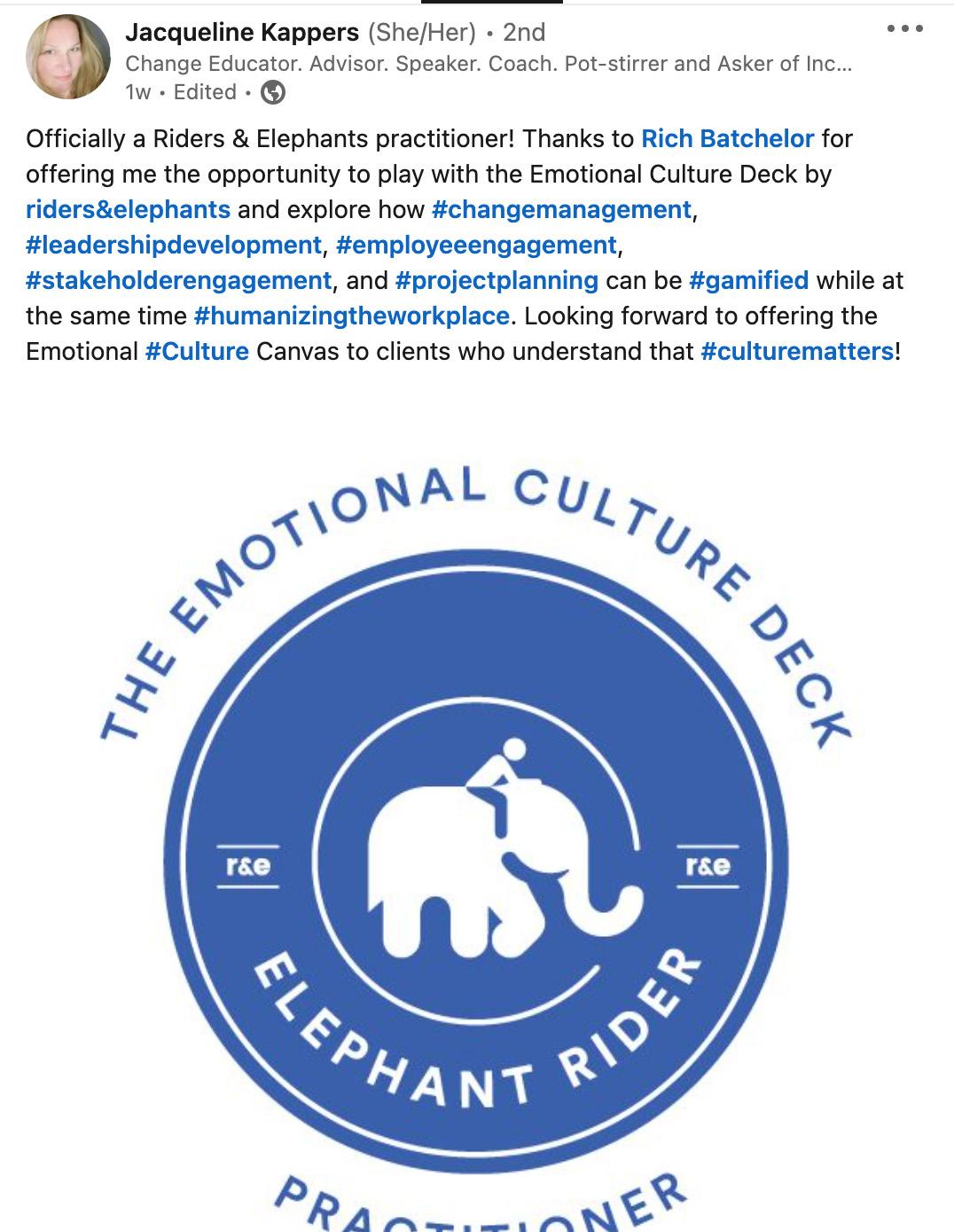
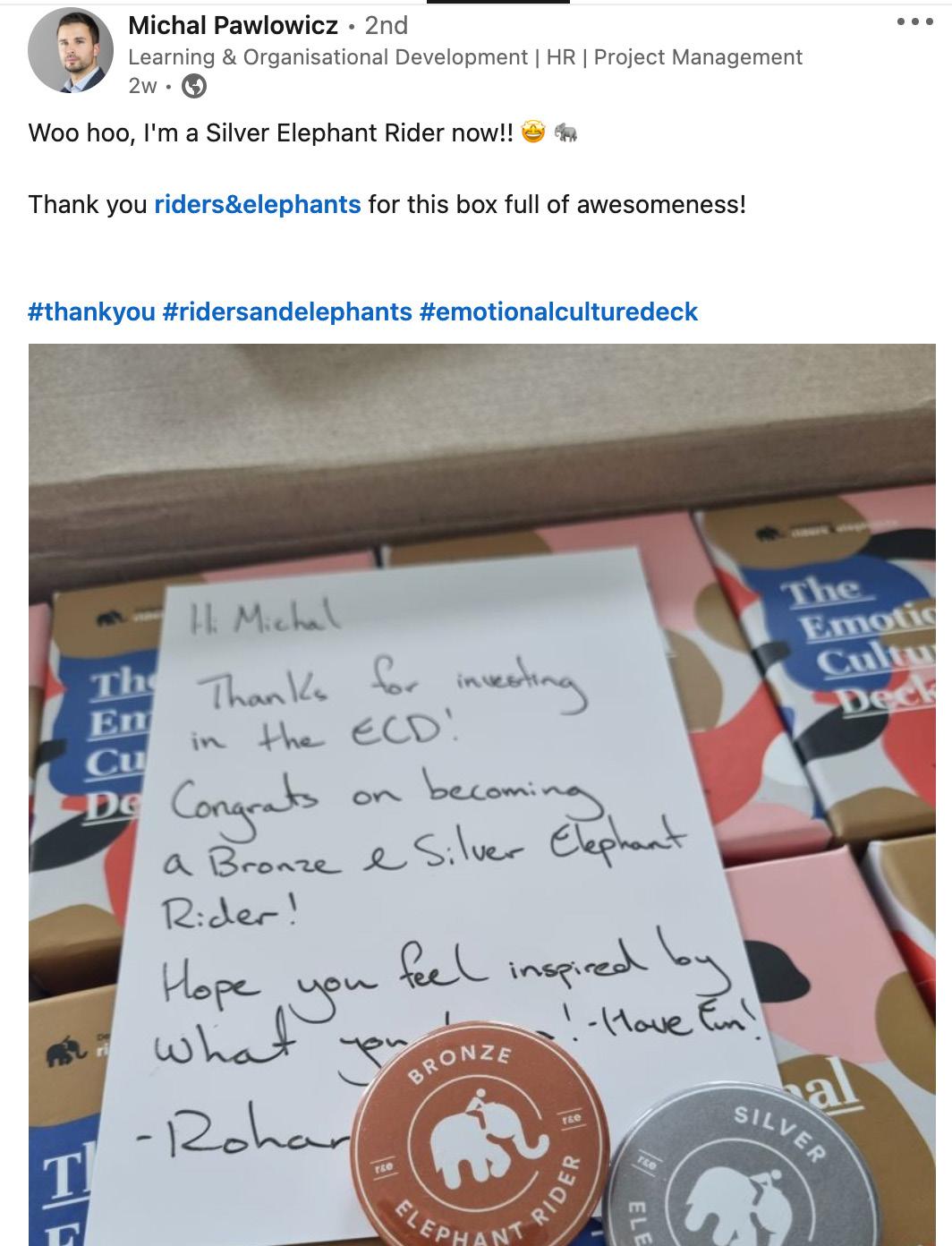
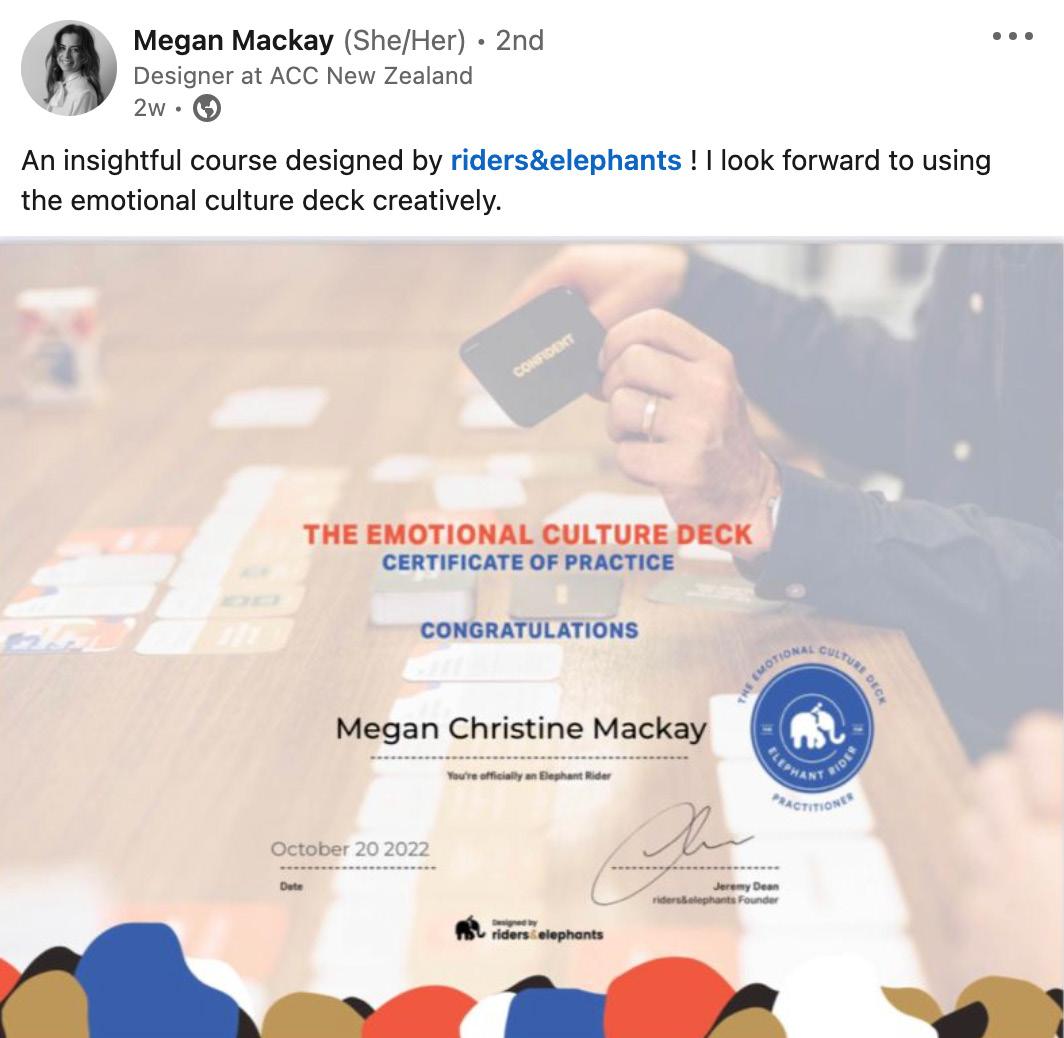

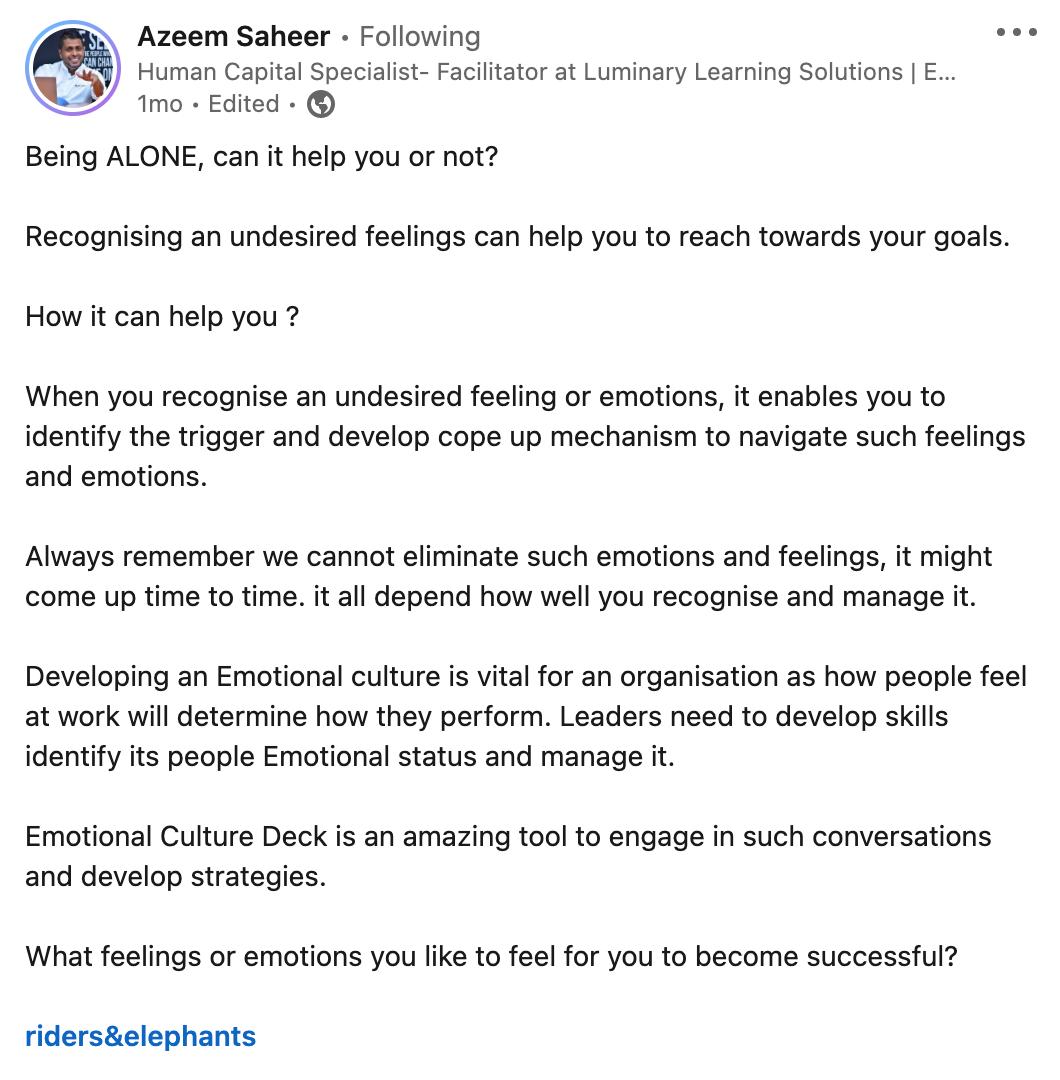

Elephant Rider Year In Review 2022 QUALIFIED PRACTITIONER QUALIFIED PRACTITIONER 60
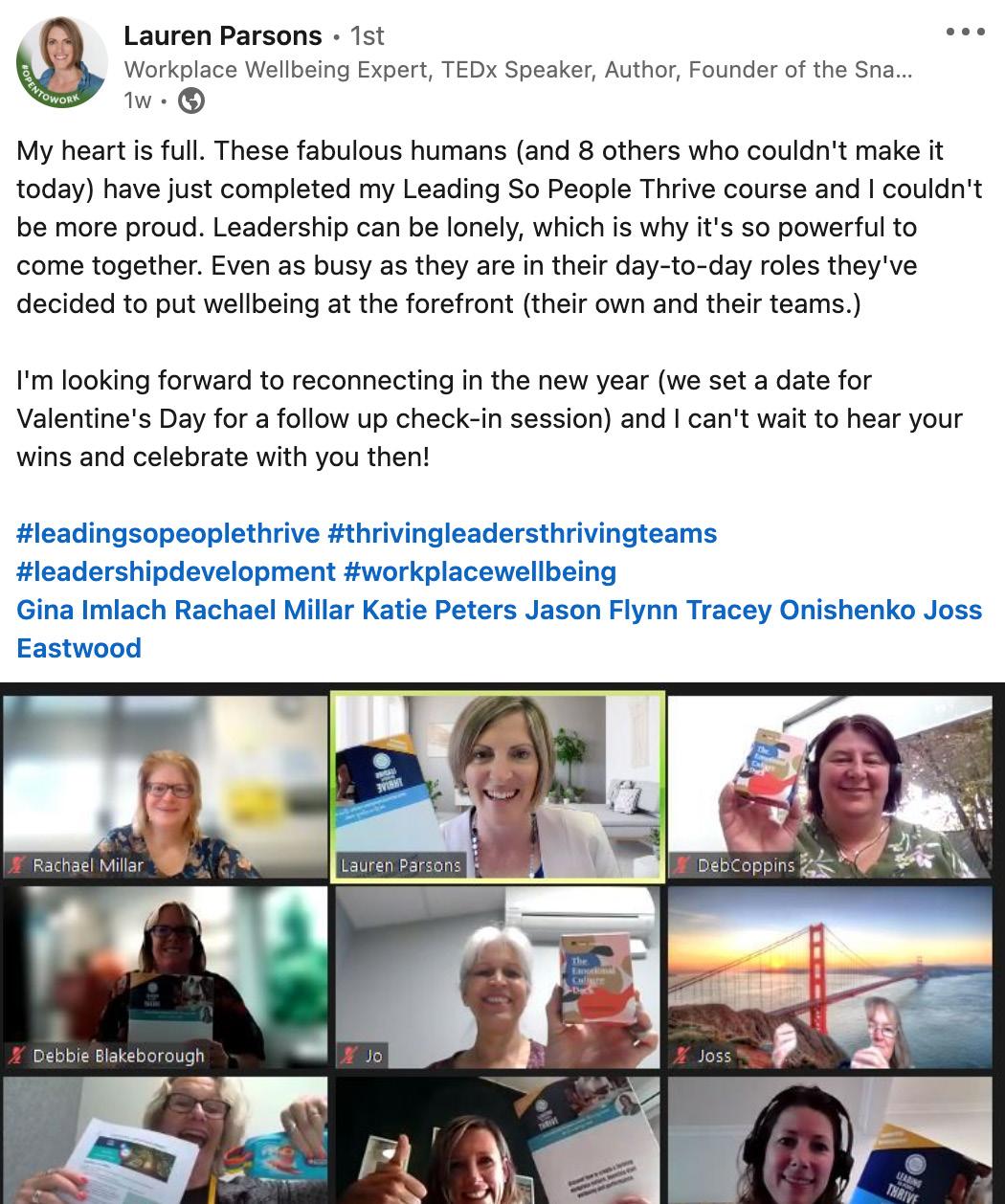

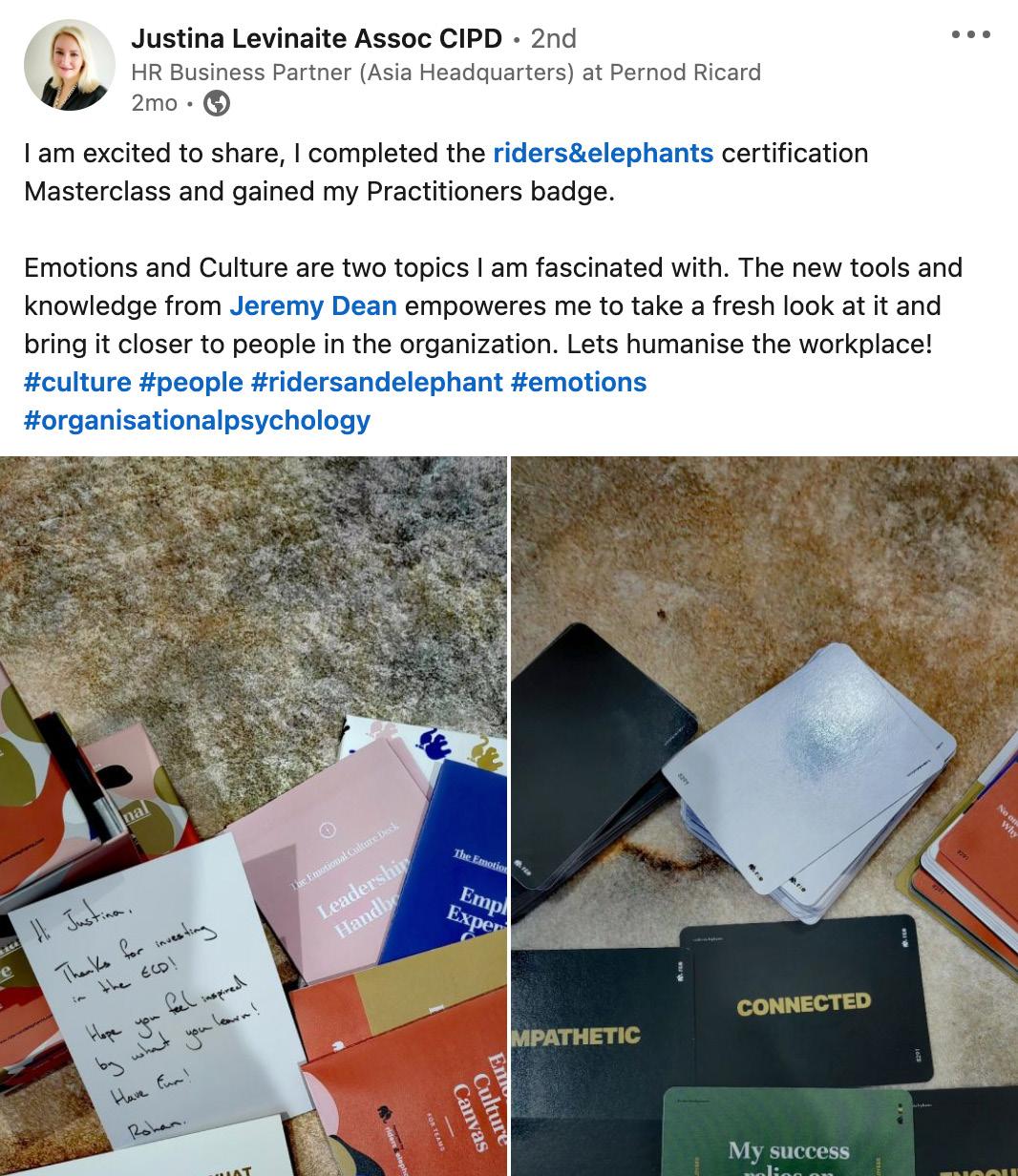
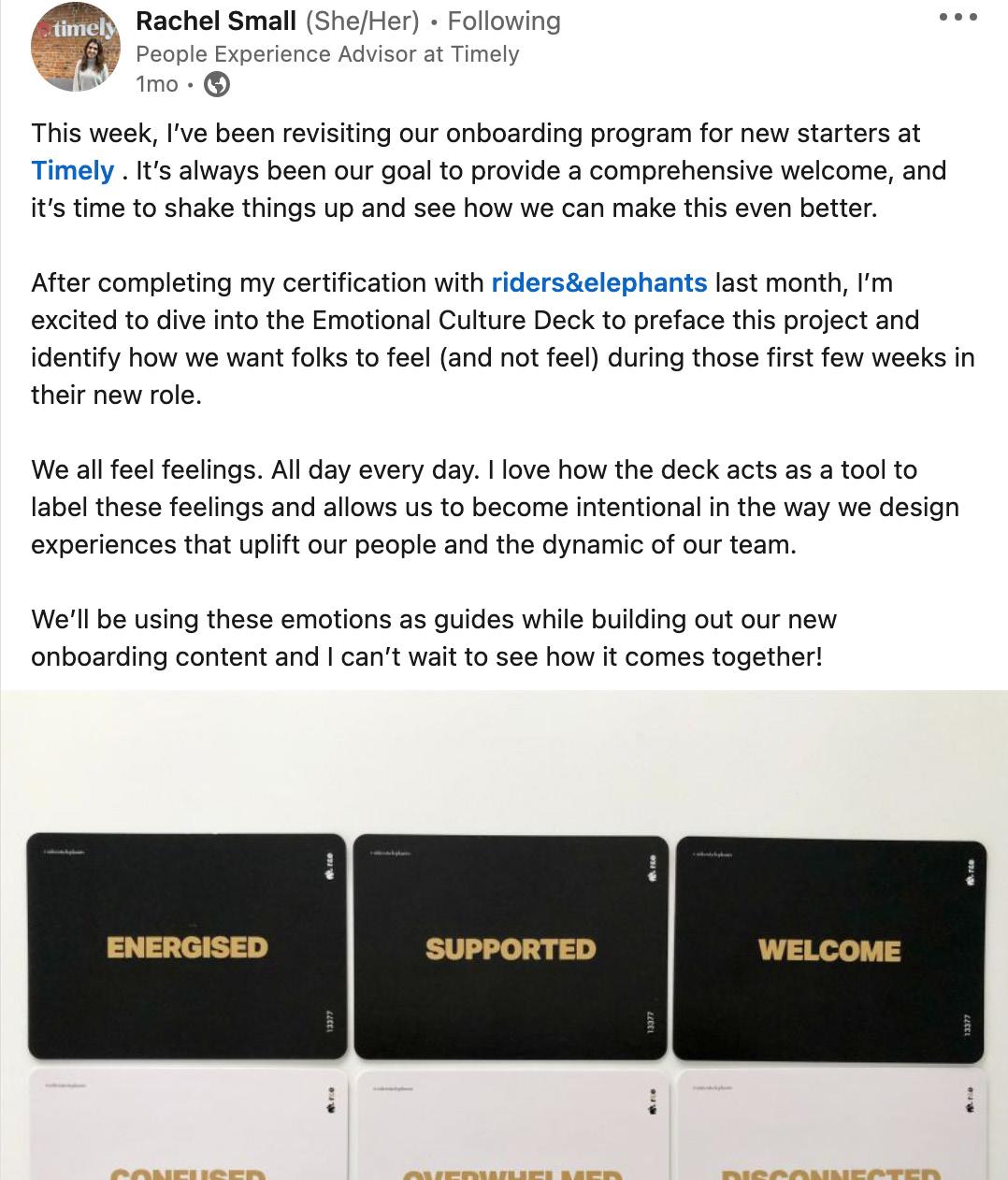
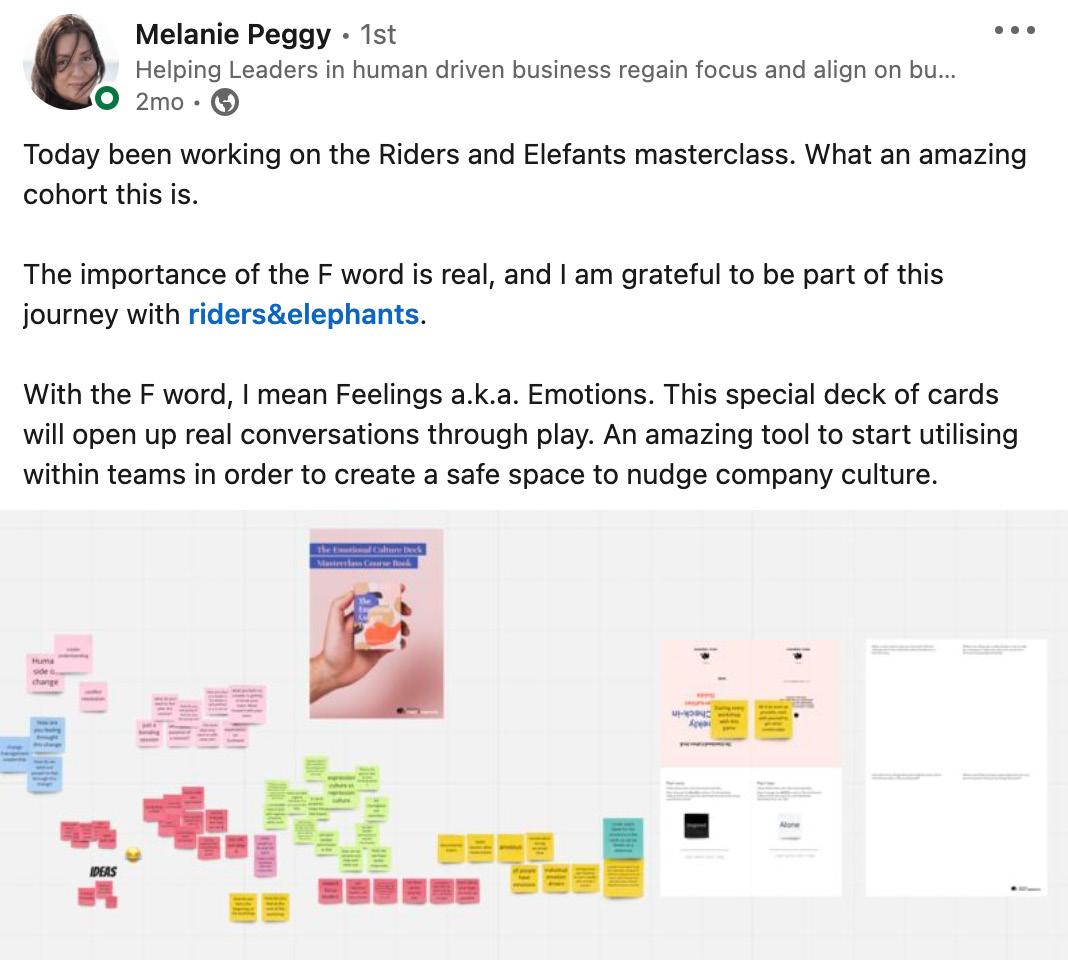
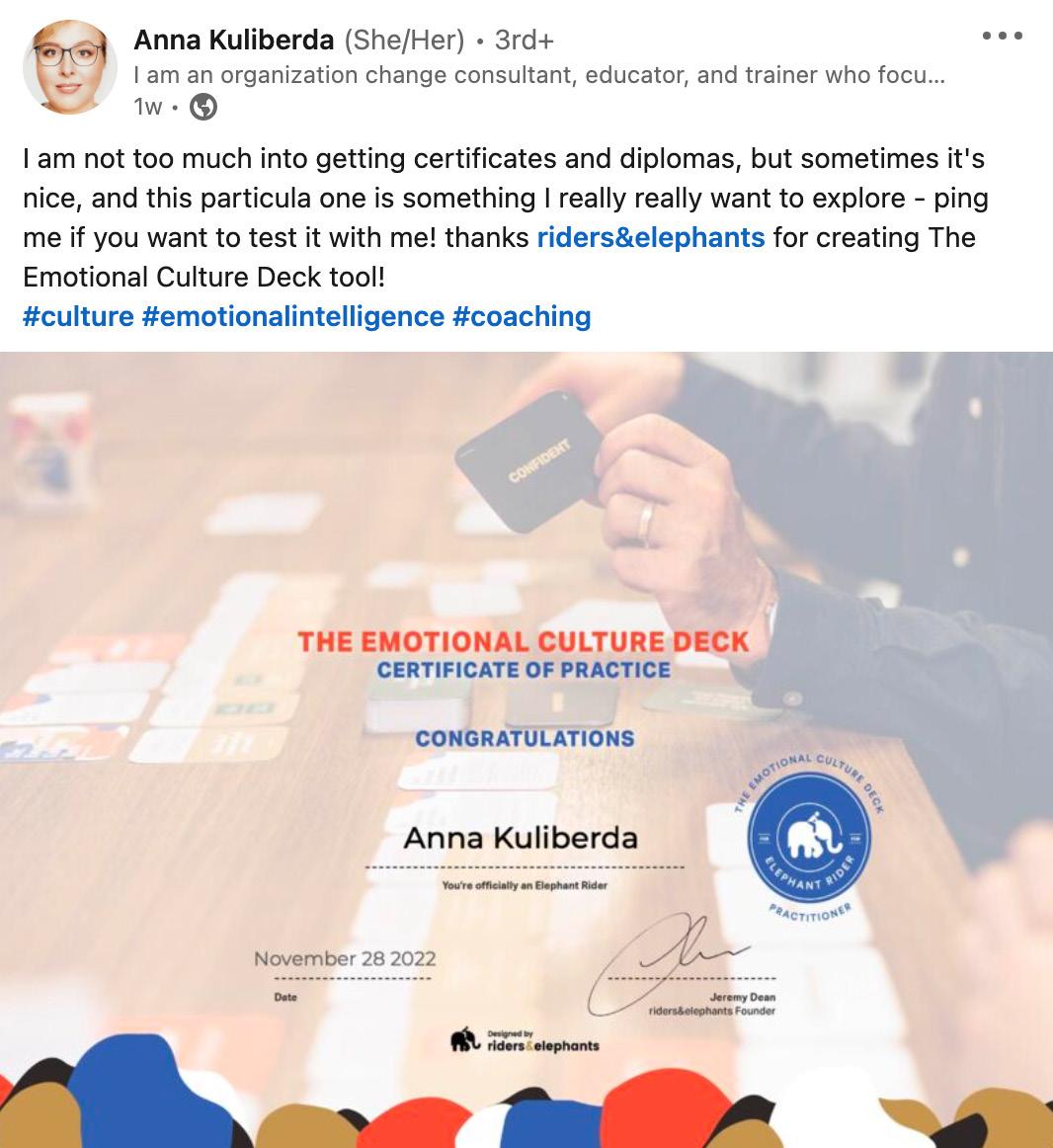
Elephant Rider Year In Review 2022 QUALIFIED PRACTITIONER QUALIFIED PRACTITIONER 61
Emotional Culture Club Year In Review
62
EMOTIONAL CULTURE CLUB
The Emotional Culture Club
We’re thrilled
growing Emotional Culture Club community with 101 members. The Emotional Culture Club Membership has its privileges. Our ECC Membership provides you with unlimited access to all ECD tools, support of our Elephant Rider Mentors and more unique learning and connection opportunities within our more intimate ECC Community.
ECC member-only Event Highlights
Learning Labs
Learning Labs are our virtual professional development meetups every two months on culture, leadership, and emotions. They are all about developing our leadership, culture, and emotion skills. Learning Labs aren't about The ECD – that's what our Gatherings are designed for. Instead, for each Learning Lab, we invite leaders from within and outside our community to share their specific knowledge and practices. And teach us about their craft.
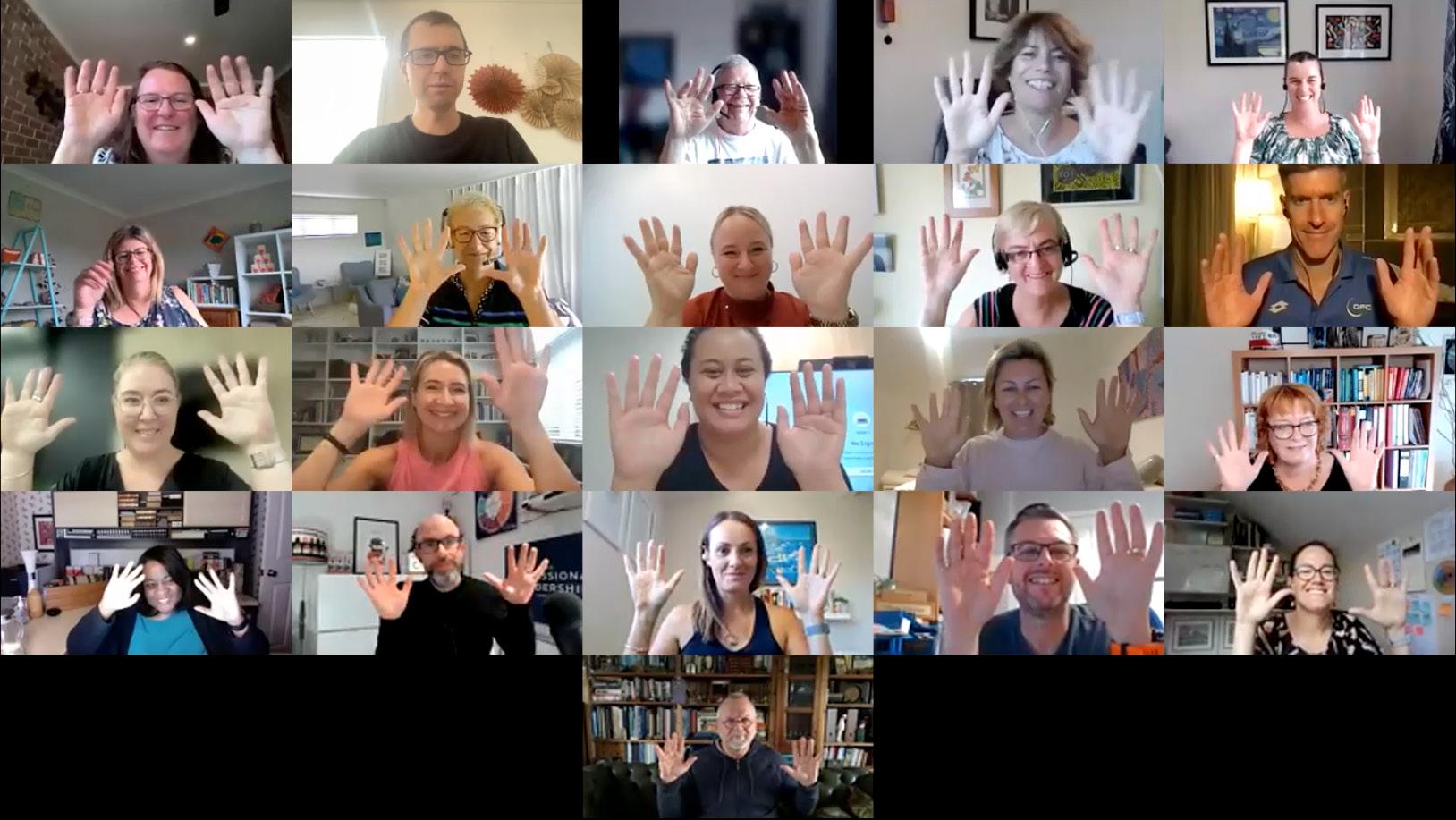
This year we were privileged to have five inspirational leaders share their craft with our community:
Compassionate Leadership with Steve Hargreaves Culture Design with Gustavo Razzetti Stolen Focus with Lotty Roberts Behaviour Change by Design with Vishal George Transforming Story Telling with Ross Stevenson
ECD Unconference: Beyond The Deck
Beyond the Deck, ECD Unconference is our new annual gathering for Elephant Riders. Our first event was held in March 2022 with 28 Elephant Riders in attendance.
We're hugely grateful for our host, Jakub and the work he put into facilitating this event. Thanks to everyone who participated and made this event such a success! Wow. It was inspiring to see so many like-minded, generous, curious, brave and human leaders together exploring emotion, leadership and The ECD together.
Beyond the Deck is a conference with no formal set agenda, where every attendee is a worthy keynote speaker on their own. All topics of conversation are on the table: from what is emotional culture, vulnerability, leadership, and so much more.
It is peer-to-peer learning at its best and everything a traditional conference isn’t –open, informal, and creativity-focused.
to have a
Elephant Rider Year In Review 2022 EMOTIONAL CULTURE CLUB EMOTIONAL CULTURE CLUB 63
The ECD Lab
The ECD Lab is our massive evolving online library of hundreds of great ECD resources.
R&E designed over 20 new ECD tools in 2022 and added them to The ECD Lab:
Collaborative Partnerships Conversation Guide – Click here >
ECD 90-Day Leadership Success Programme
ECD Emotion Coaching Handbook by Tracey Cunningham – Click here > ECD Coaches & Players Handbooks
ECD & Relationship Conflict
ECD Best Life Coaching Guide by EmmaKate Woodham – Click here >
ECD Relationship Conflict Conversation Guide & Healthy Relationships Canvas by Denise Hartley-Wilkins – Click here >
ECD Quarterly Retro Worksheet
ECD Rituals Canvas
R&E Emotions Library
New Emotion Culture Crafting Academic Research
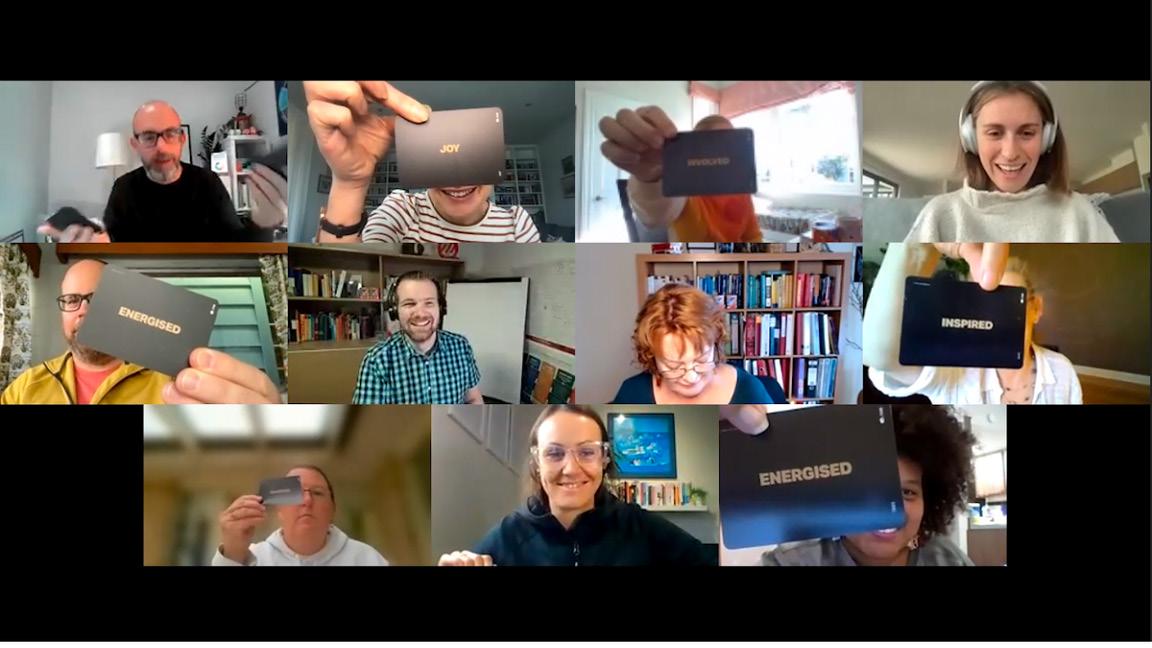
Exploring Team Change Workshop Canvasses
ECD Family Canvas Prototype
ECD Exploring Change Workshop Plan –by Denise Hartley Wilkins
Emotional Culture Crafting Research & Workshop Plan Culture Questions Prototype
What is The Emotional Culture Club?
ECC Members are ECD Practitioners who want to stay connected to what's happening at the cutting edge of The Emotional Culture Deck.
Emotional Culture Club Membership has its privileges. Our ECC Membership provides you with unlimited access to all ECD tools, support of our Elephant Rider Mentors and unique learning and connection opportunities within our more intimate ECC Community.
Everything you need as an ECD changemaker is here in one place, one subscription.
Access a massive evolving library of great resources, plus huge benefits on ECD decks themselves.
Connect with Elephant Riders from around the globe as part of a vibrant community.
Grow your business practice and Emotional Culture Deck offering, and stand out from the pack as a truly innovative changemaker.
"If you bring your openess to people around you, if you bring your curiosity about others, if you release yourself to the mystery territory where there are no right or wrong answers, a territory where we can all contribute and learn, and only then solutions to complex problems can emerge"
Elephant Rider Year In Review 2022 EMOTIONAL CULTURE CLUB EMOTIONAL CULTURE CLUB
- Unconference Facilitator, Jakub Jurkiewicz Agile Coaching Lab
64
Conger, ECD Qualified Practitioner & ECC Member
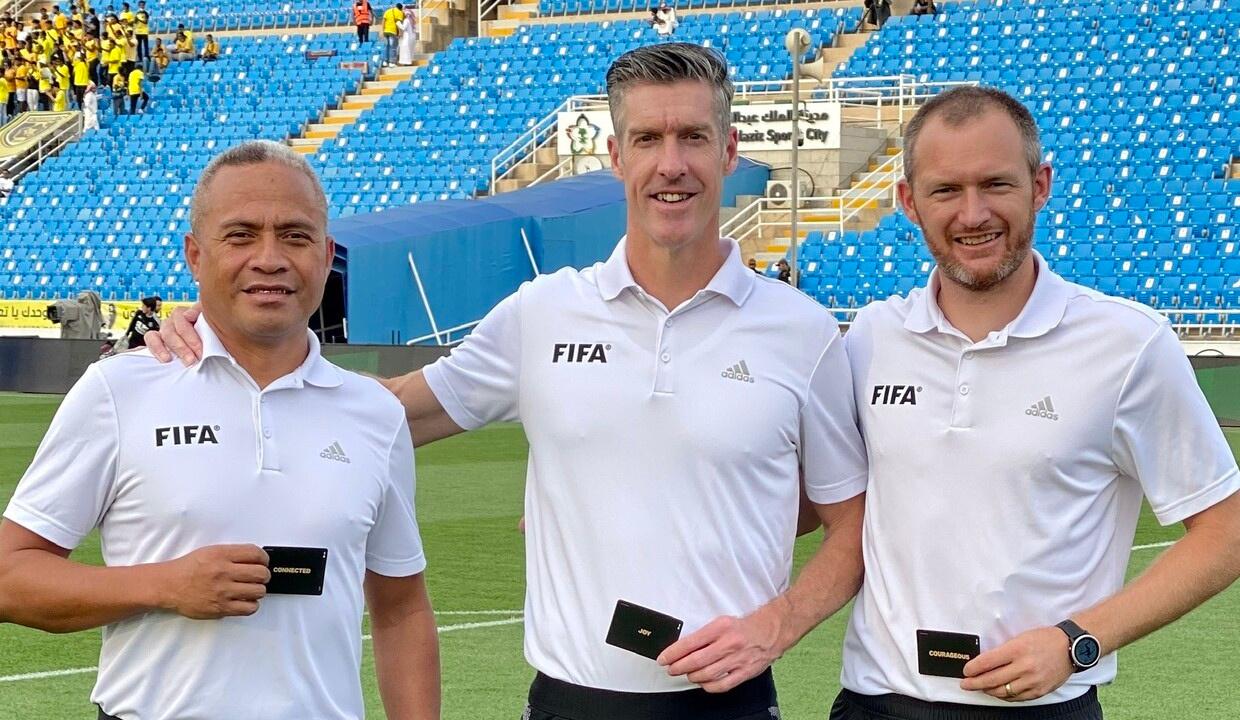
"So much goes into performances that lead to mastery. In my experience, what my team and I need to feel to be successful is one of the most critical components"
ELEPHANT RIDER SPOTLIGHT 2022 65
Matthew
Why Emotions Matter in My Workplace –
The Soccer Pitch by Matthew Conger
Matthew Conger is a New Zealand football referee. Conger operates in the Australian A-League and the New Zealand Football Championship. He was recently selected to be a referee at the biggest football event on the planet, the FIFA World Cup.
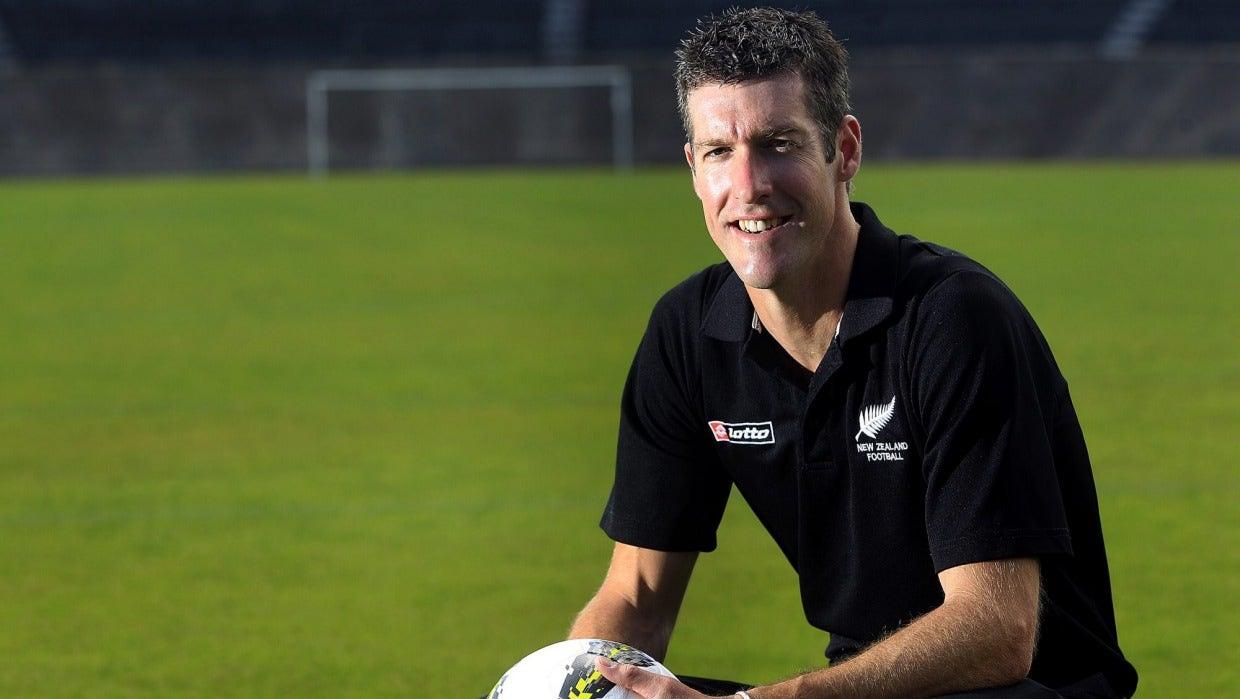
My workplace, for lack of a better word, is a football pitch. My colleagues, between two and six of them depending on the day, might be people I’ve known for years or met an hour or so before kick-off.
Our customers are two competing teams of eleven athletes, along with substitutes, coaches and support staff. They may be of different ages, ethnicities and cultures.
Along with these, there are fans that come along to support the teams or stay in the comfort of their own homes to watch on tv.
The products my colleagues and I ‘sell’...decisions!
Foul/No Foul. Throw-In to the Blue team. Goal-kick to the Red team. Some decisions are innocuous, and some decisions could cause a riot. There are constant interactions with and among players who may just be getting on with it and enjoying the game or challenging every decision and trying to do very bad things to their opponents.
The coaches and substitutes may very likely have distinct opinions about the decisions my team and I make. They often feel they have a right to vocally and energetically express their thoughts to me and my colleagues. The fans too, if there are thousands or even just one, feel they are better able to view the game and make decisions from the stands or armchairs and are more than happy to inform me how their opinions differ from mine.
As a football (soccer) referee, I have to be constantly attuned to my emotions, the emotions of my colleagues and those of the players, coaches and even the fans. It only takes one interaction, sometimes something as small as an ugly look, and what has been a peaceful and non-eventful match can turn into something resembling all-out war. My understanding of the vital role emotions play in my workplace has been something of a more recent enlightenment.
Sure, for most of the 27 years I’ve been refereeing, I’ve been aware that player, coach and fan emotions can be volatile and hugely influence the course of a match.
Elephant Rider Year In Review 2022 EMOTIONAL CULTURE CLUB EMOTIONAL CULTURE CLUB 66
I’ve had the very occasional coaching session on how to deal with angry players/coaches or how I might manage mass confrontation between players, but I’ve had precious little instruction on the role my own emotions play in my decision-making, nor how to regulate my emotions from pleasant to unpleasant.
What if I could distinguish whether a player feels angry (unjustly wronged) or disappointed (unmet expectations)? Would I communicate differently with that player depending on what they were feeling? What if my anxiety (uncertainty about the future) was influencing players to feel like they couldn’t trust my decision-making? What if I needed to feel joy in the small moments of the match to be successful?
Using The Emotional Culture Deck with my referee team equips me and my colleagues to communicate what we need to feel to be successful clearly and, subsequently, what we can do to support this. Our processes better reflect those of high-performing teams, as opposed to individuals striving towards uniformity. We can create a sense of belonging that can withstand
I’ve grown in my emotional intelligence, I’ve come to see just how much emotions matter in my workplace. Learning to listen for and recognise emotional expressions in players and coaches has enhanced my ability to communicate effectively with them, even during high drama or conflict.
Becoming more attuned to the nuances of my emotional landscape has enabled me to operate more consistently from a place of calm, consistent and correct decisionmaking.
Ultimately, this is a major factor in how I can consistently perform in the highstakes environment of international football (soccer) refereeing.
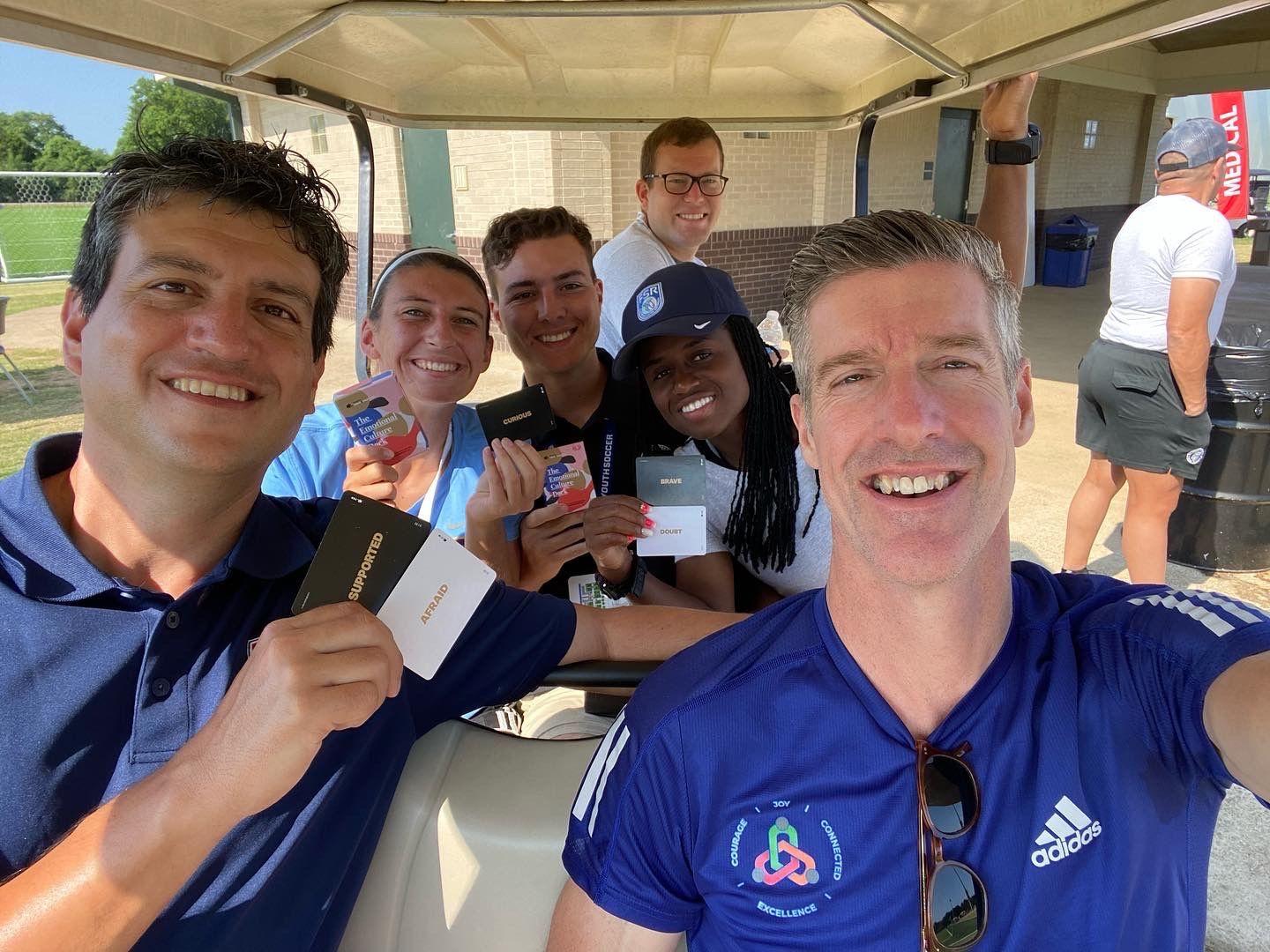
EMOTIONAL CULTURE CLUB EMOTIONAL CULTURE CLUB
67
We are able to create a sense of belonging that can withstand the challenges of volatile situations
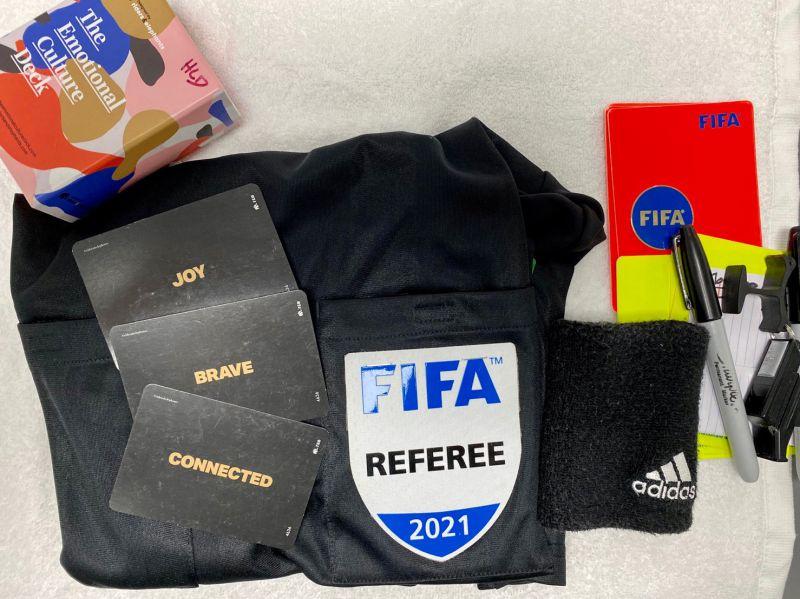
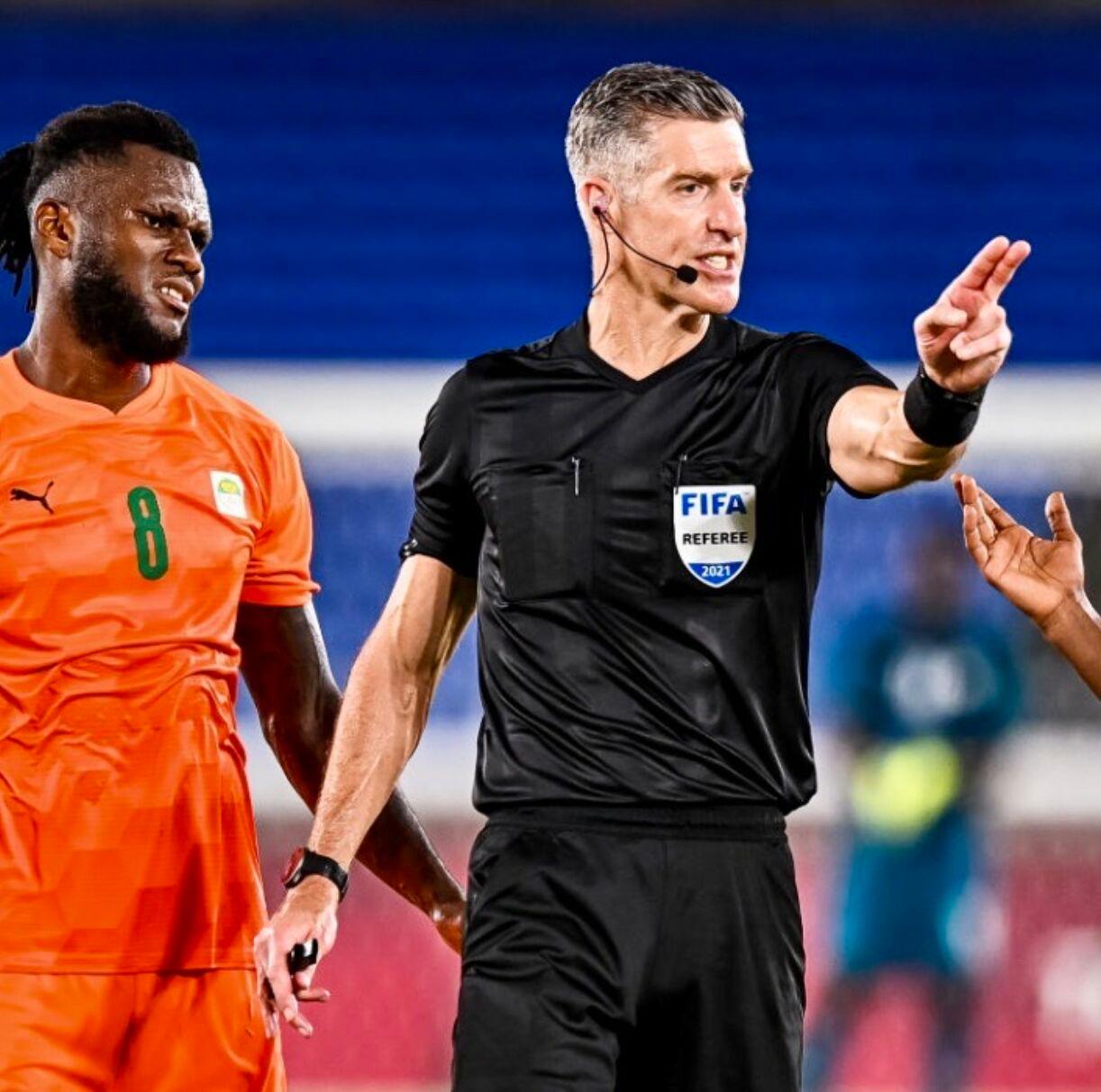

ECC Social Media Spotlight
EMOTIONAL CULTURE
69
CLUB

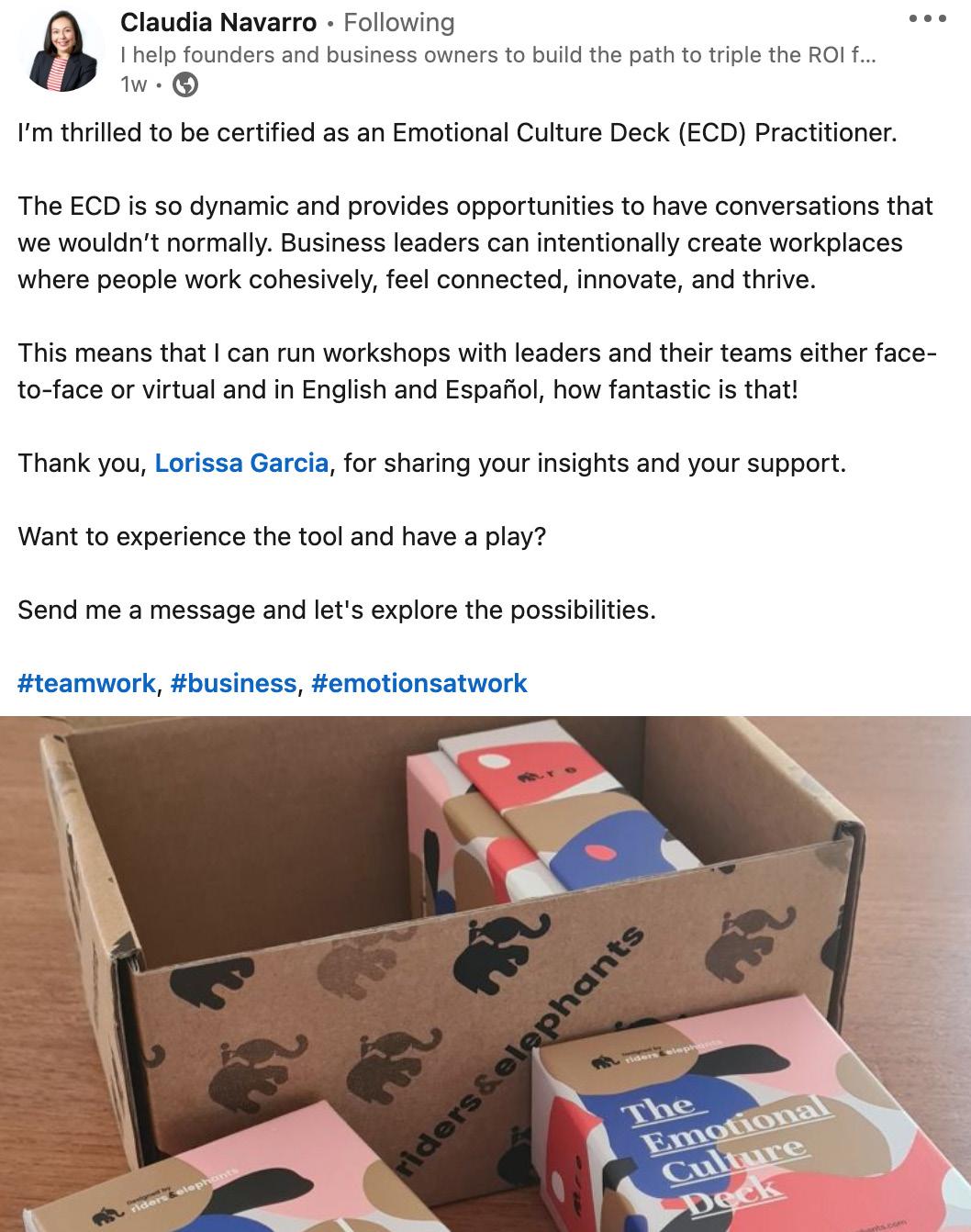
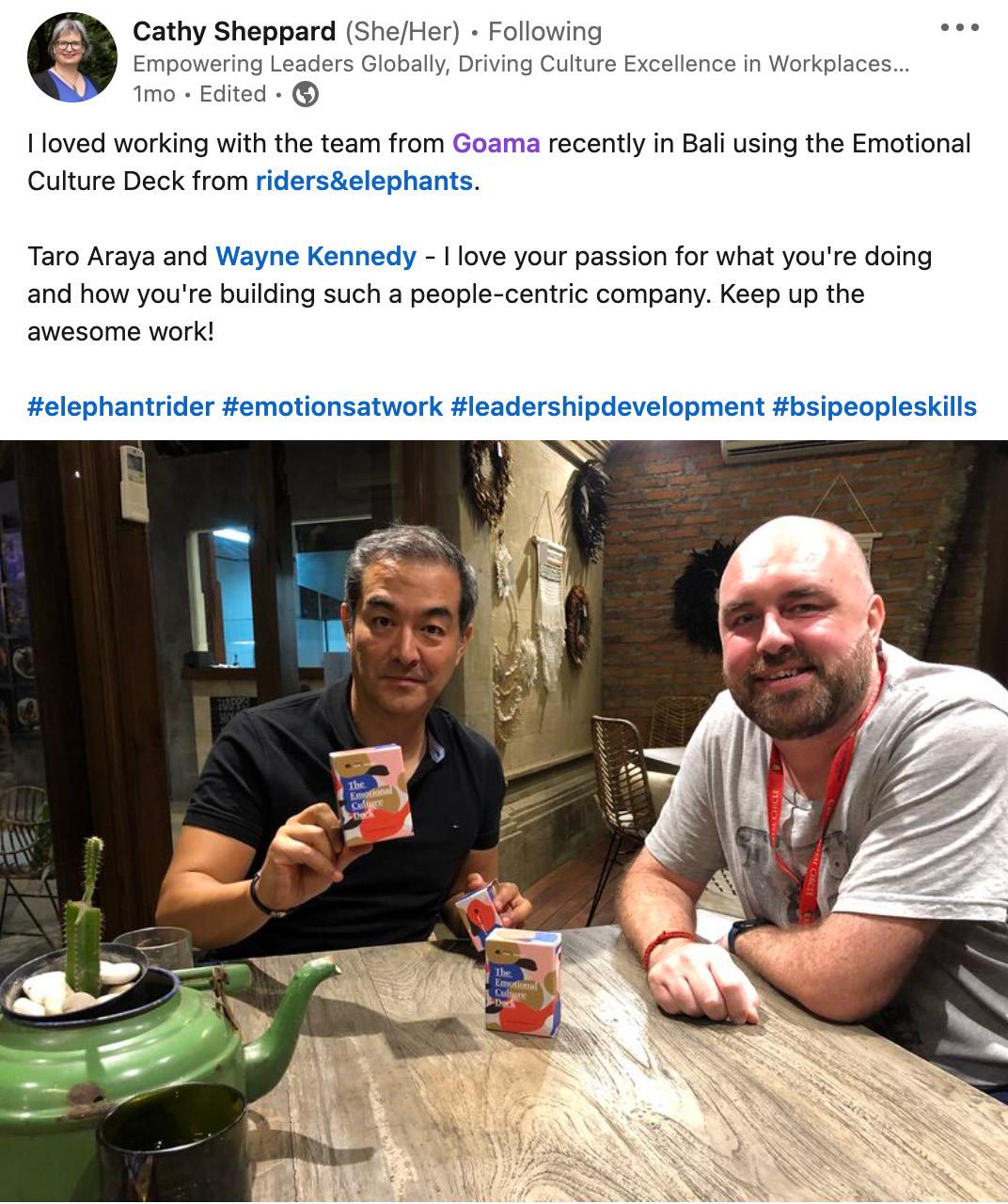
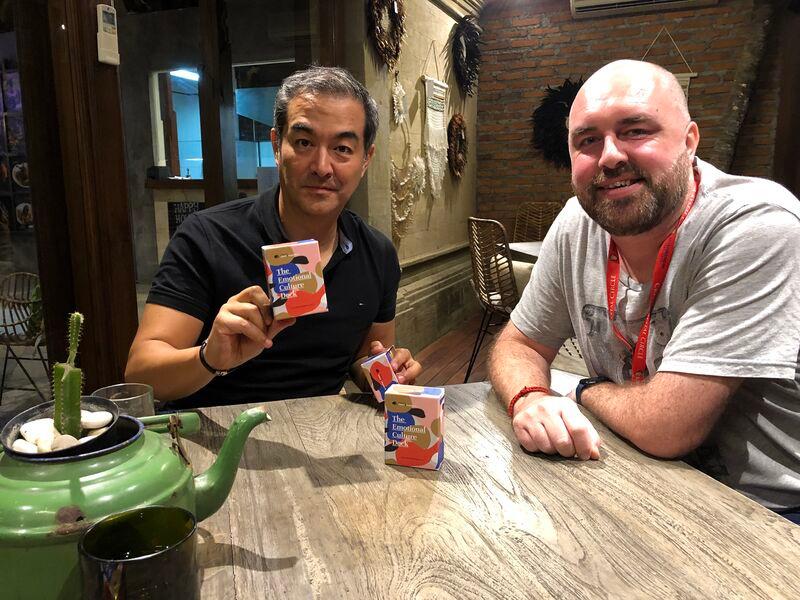

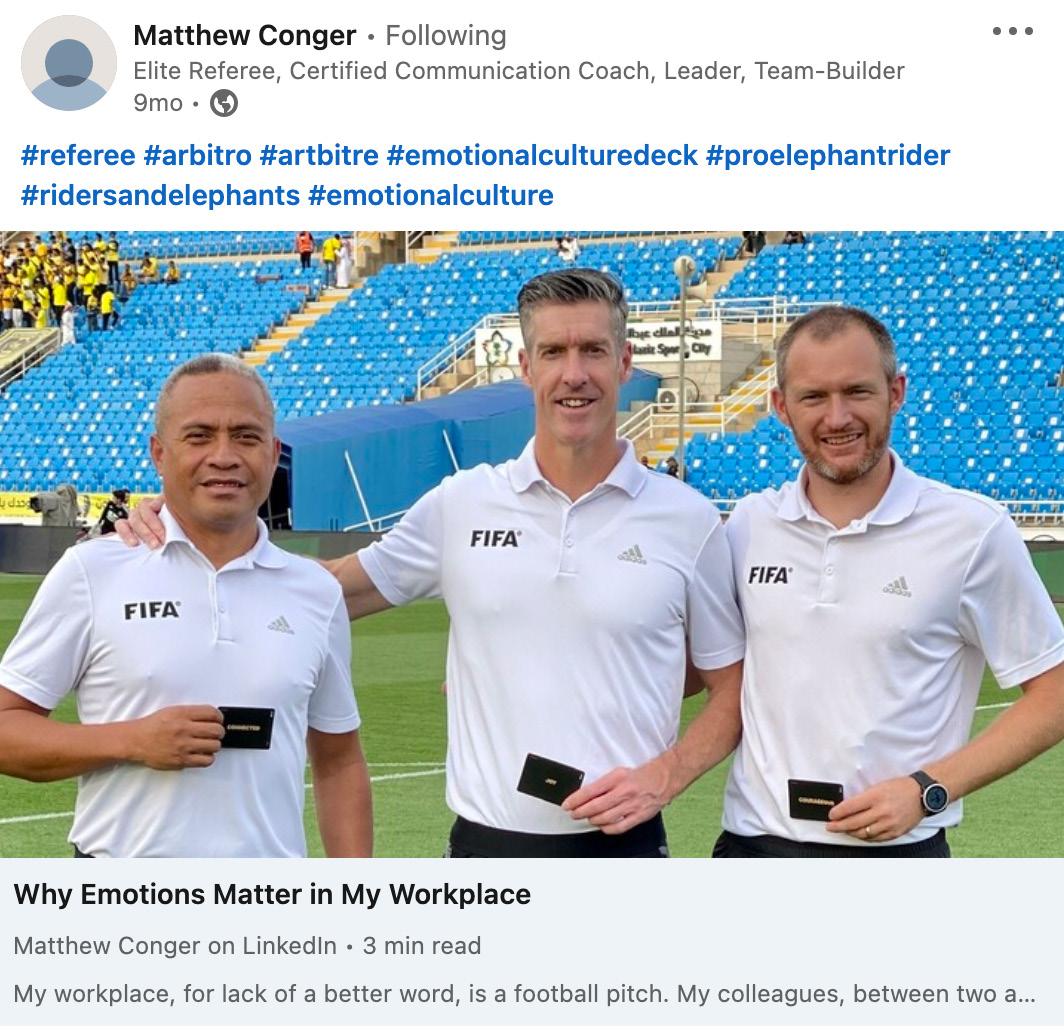
Elephant Rider Year In Review 2022 EMOTIONAL CULTURE CLUB
CULTURE CLUB 70
EMOTIONAL
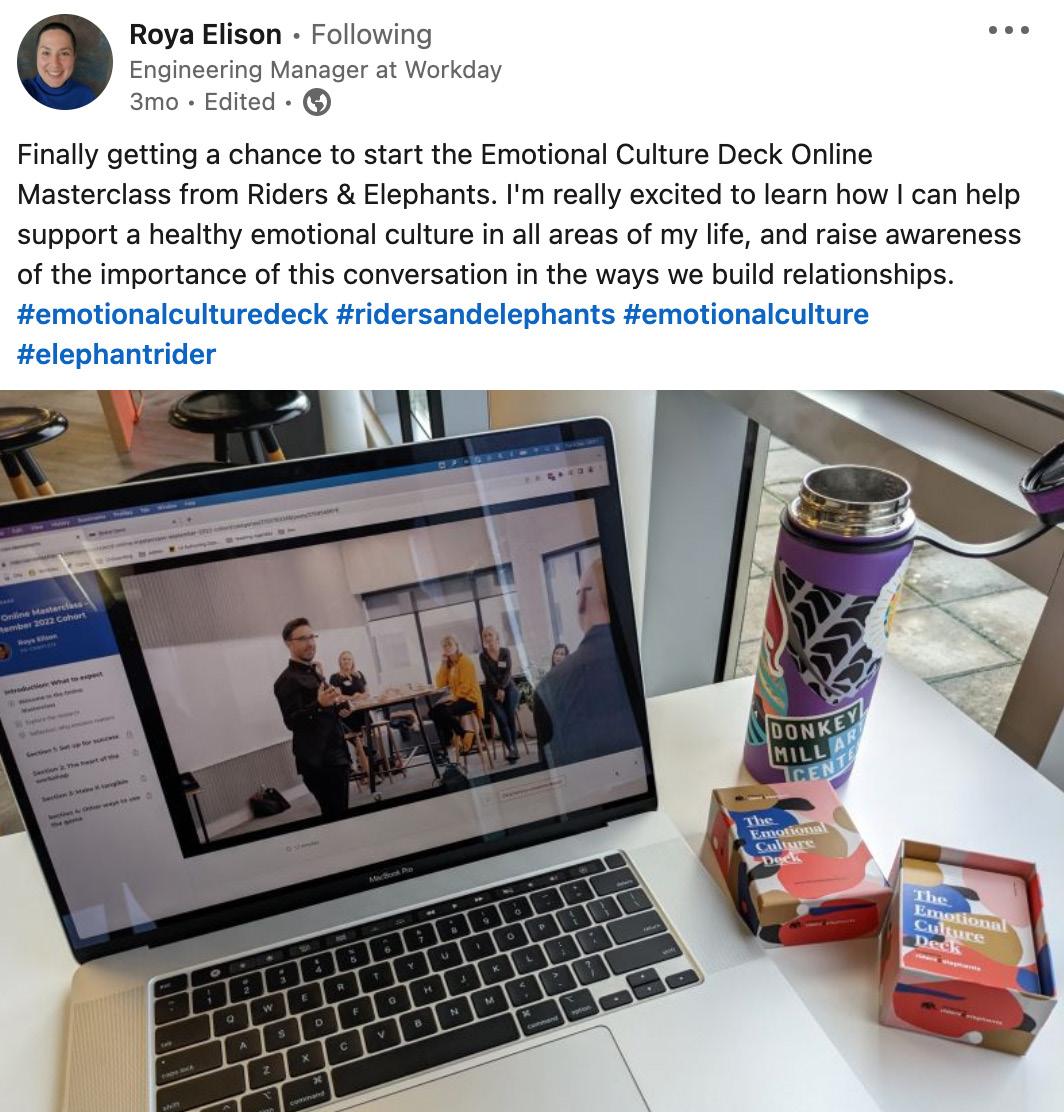
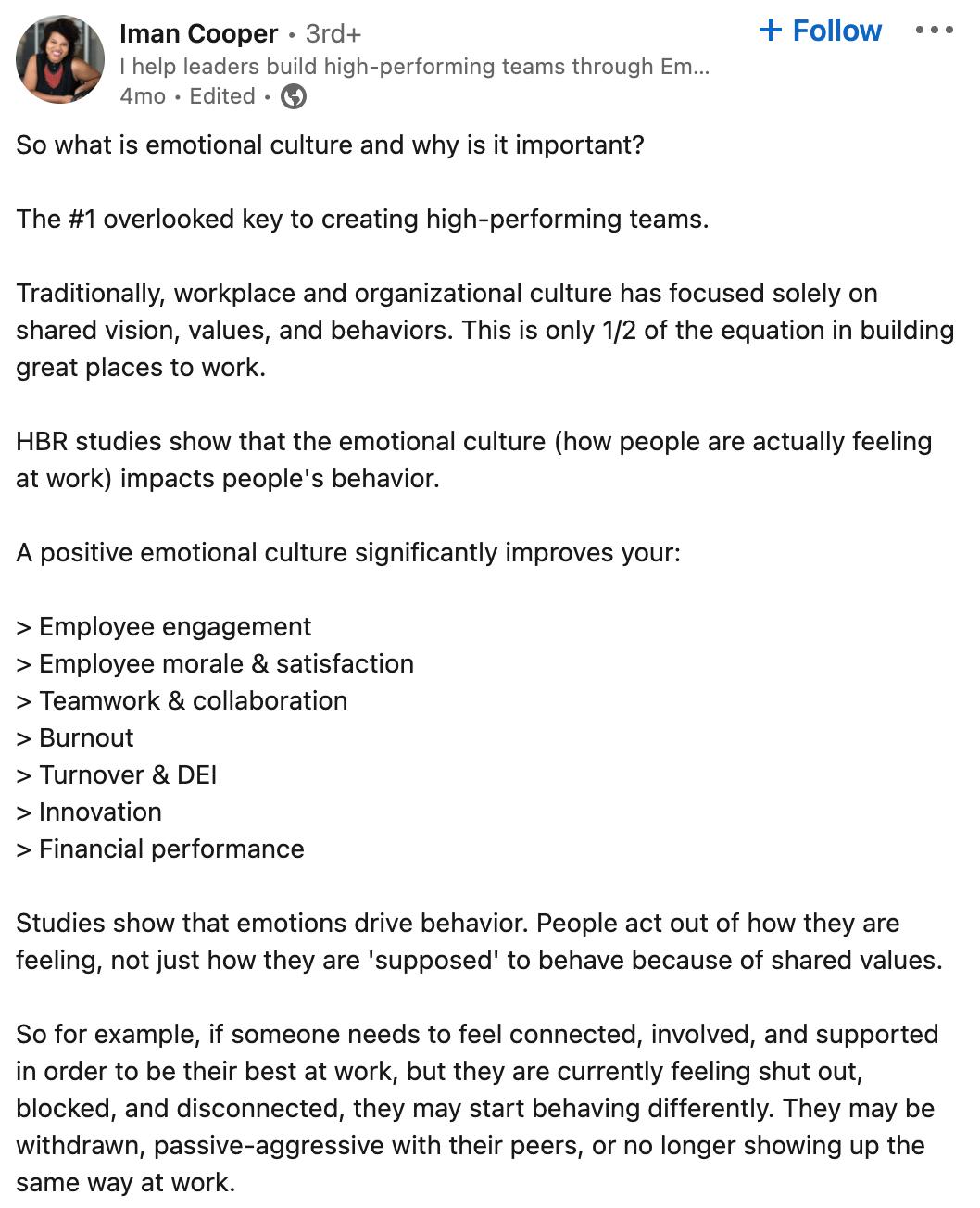
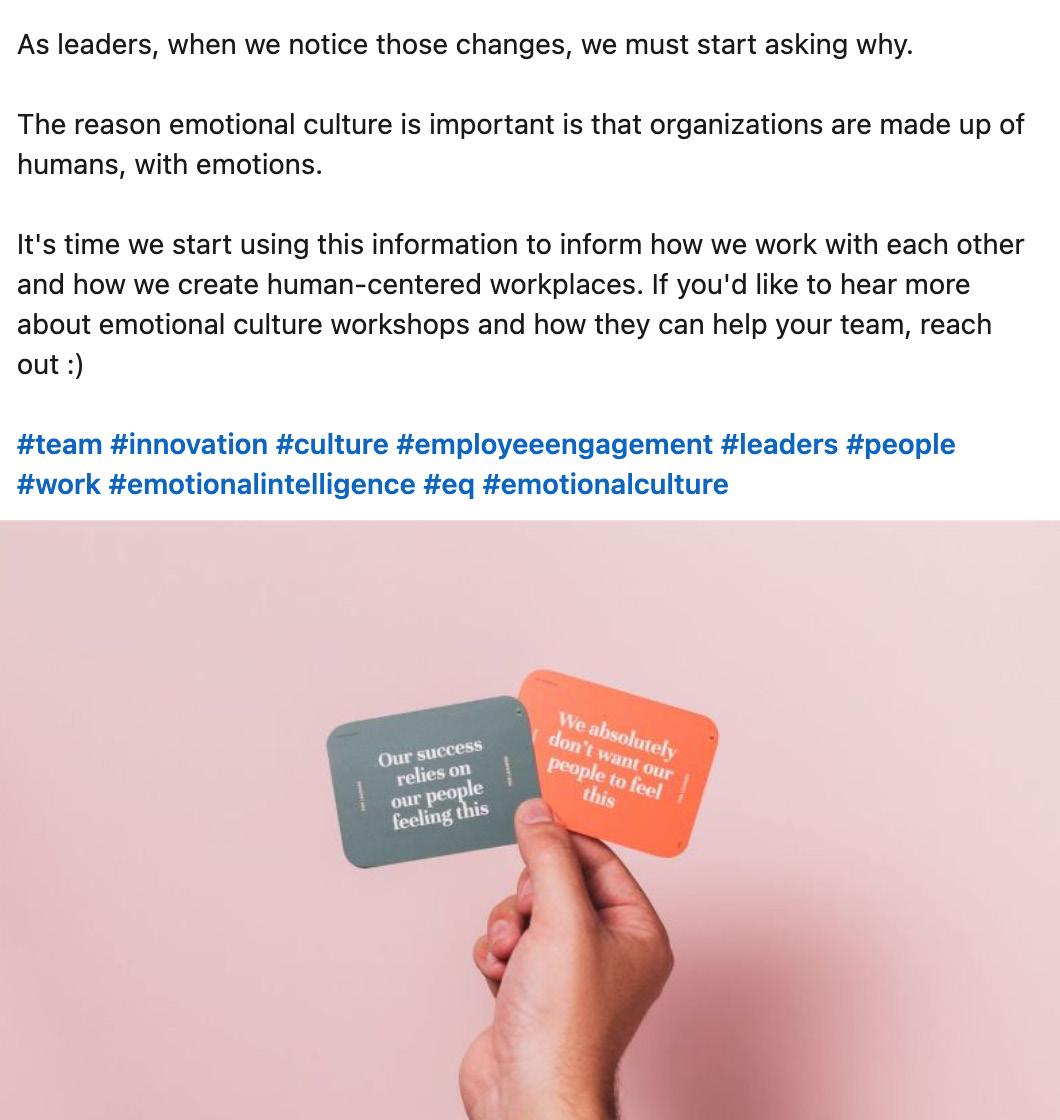
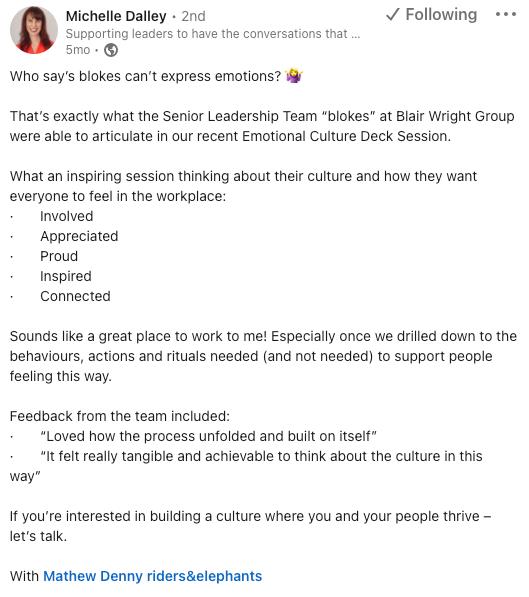
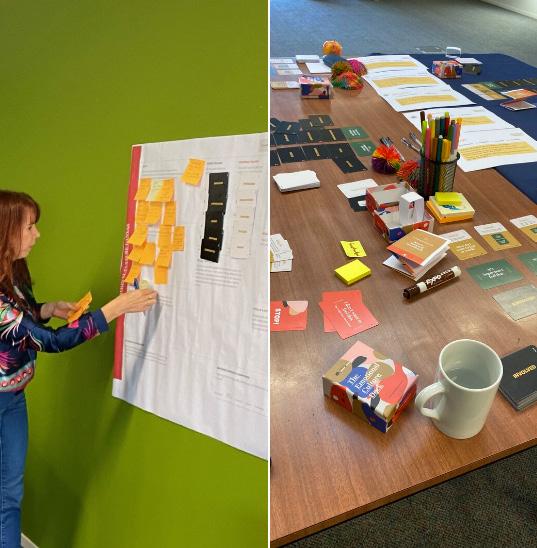
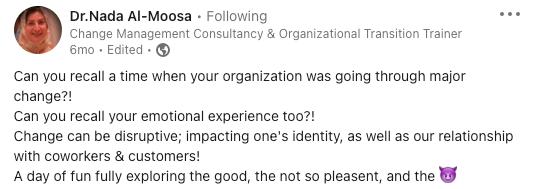
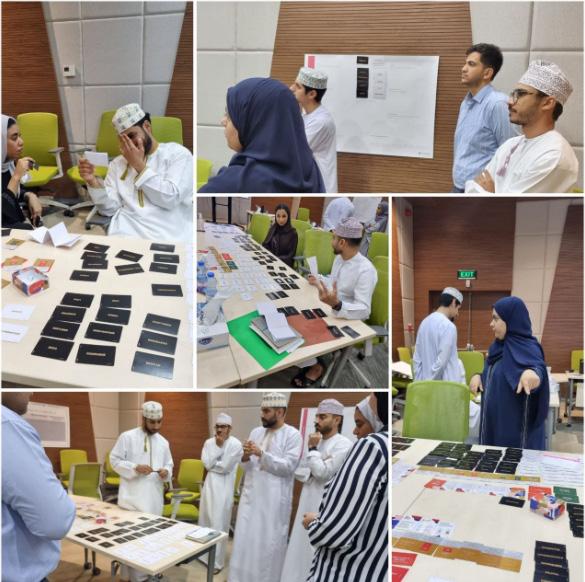
Elephant Rider Year In Review 2022 EMOTIONAL CULTURE CLUB
CULTURE CLUB 71
EMOTIONAL
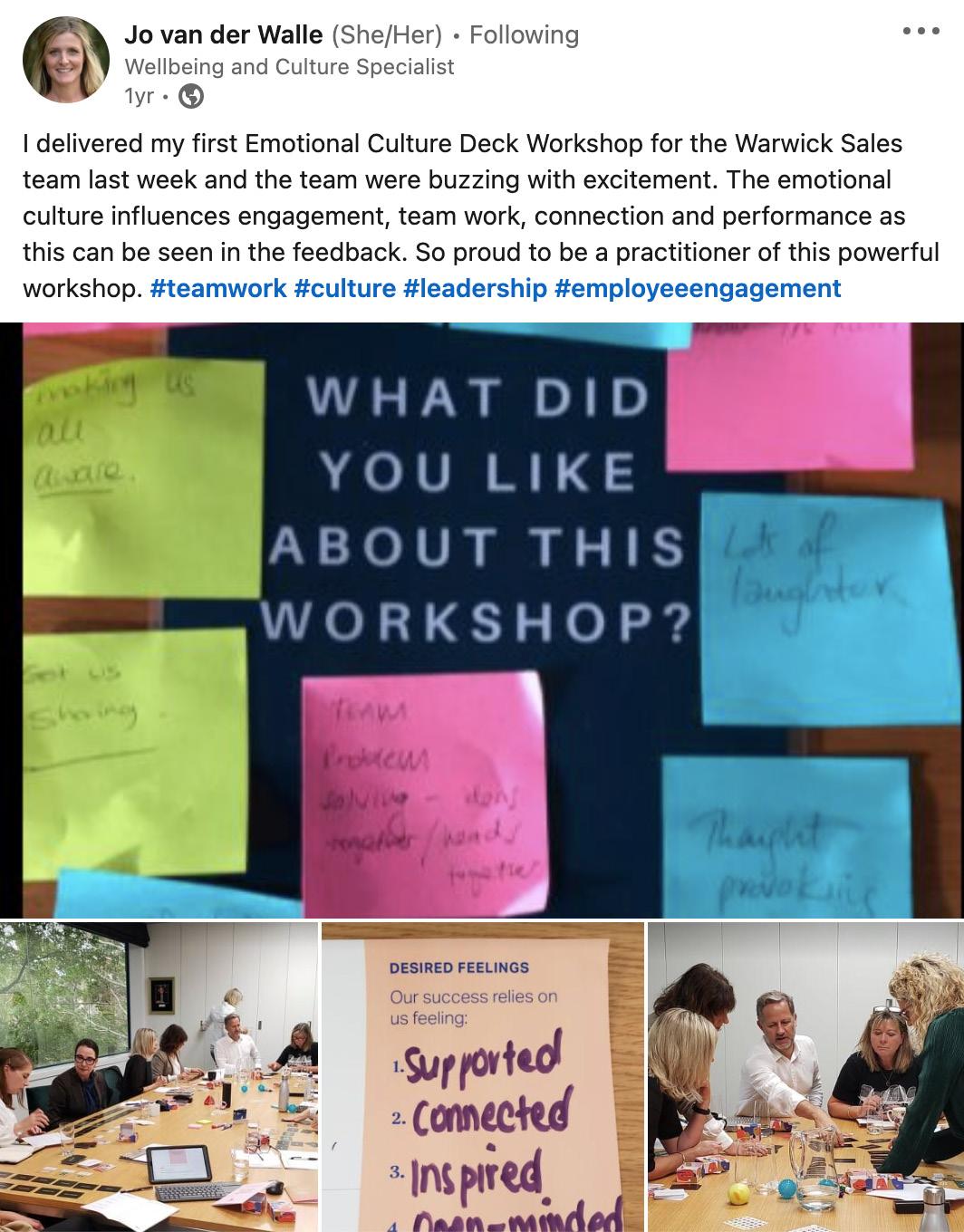

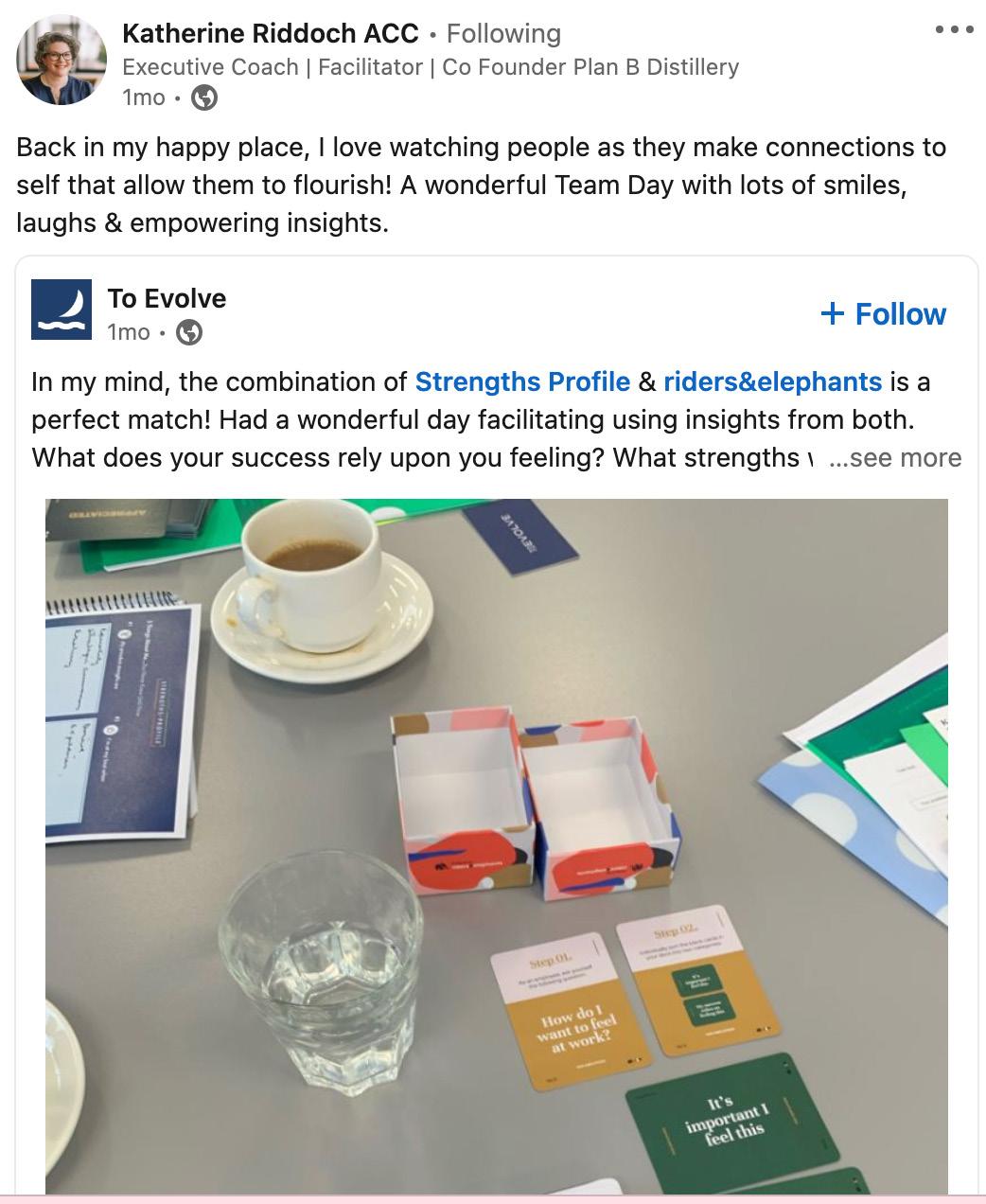
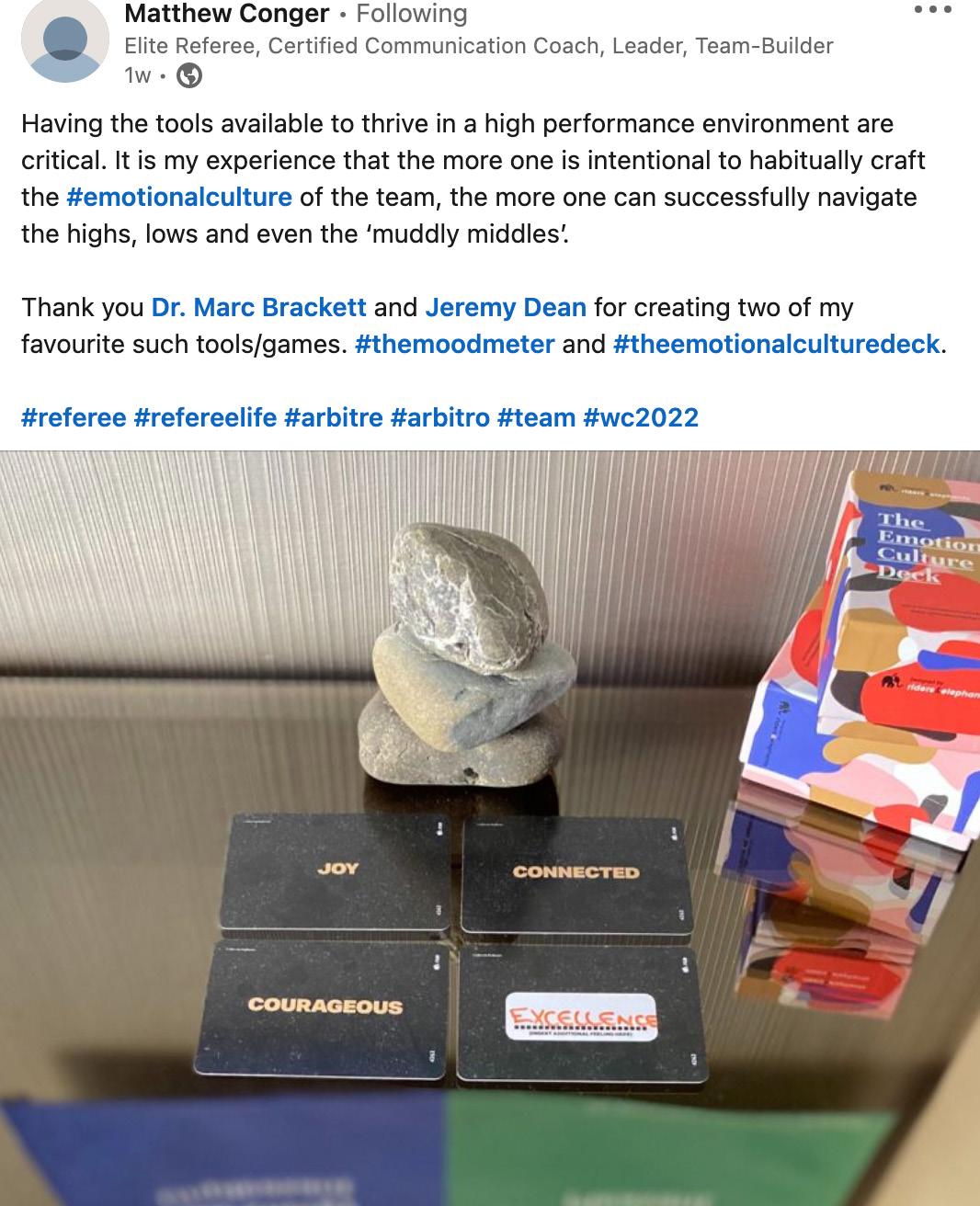
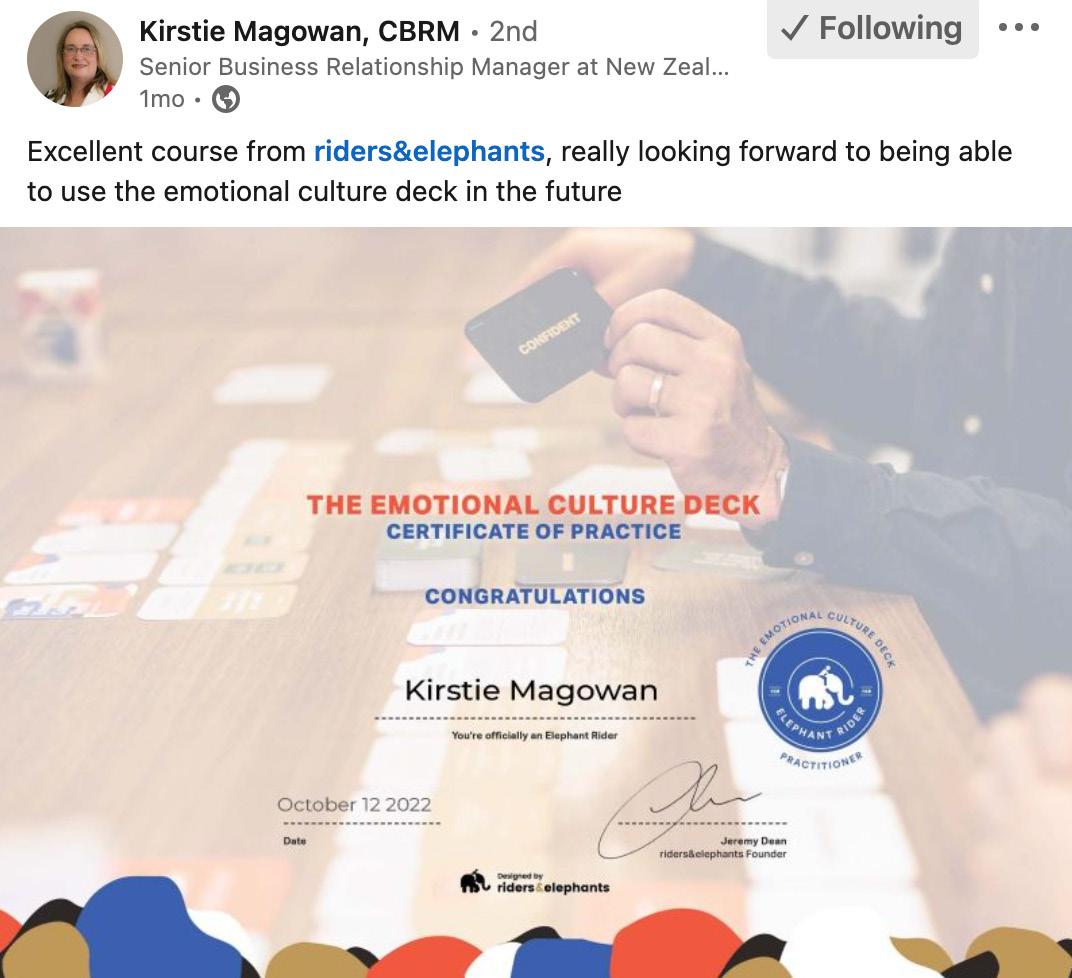

Elephant Rider Year In Review 2022 EMOTIONAL CULTURE CLUB EMOTIONAL CULTURE CLUB 72
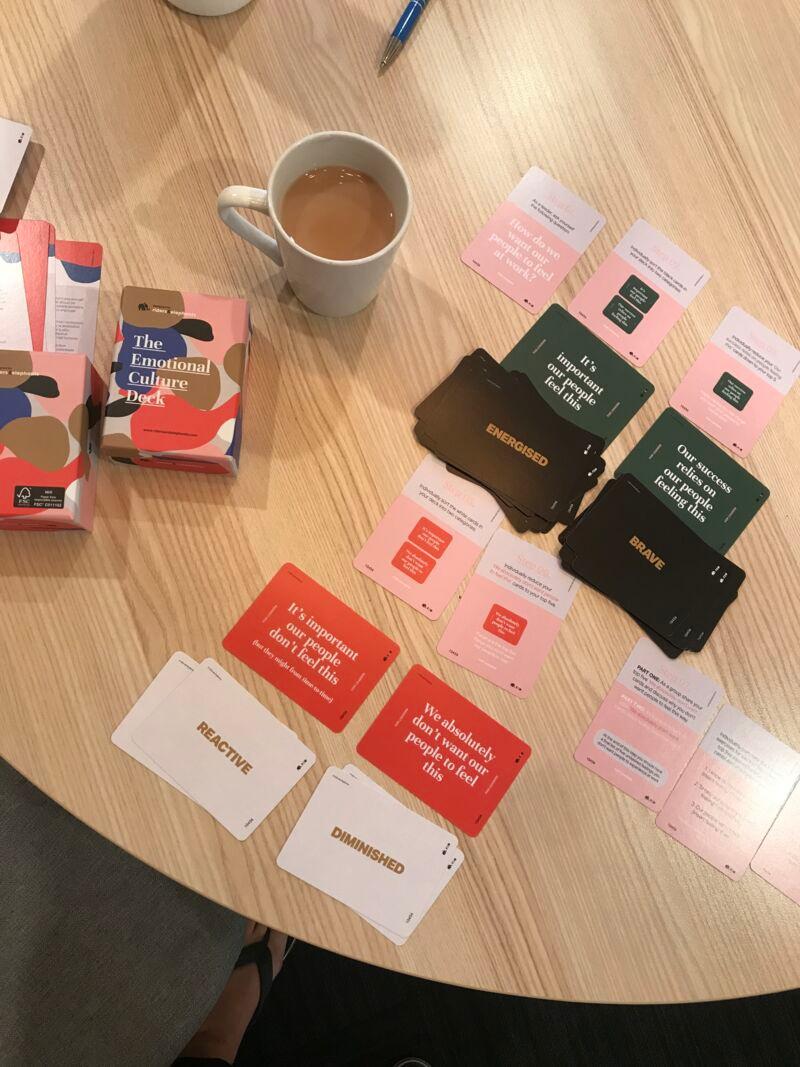

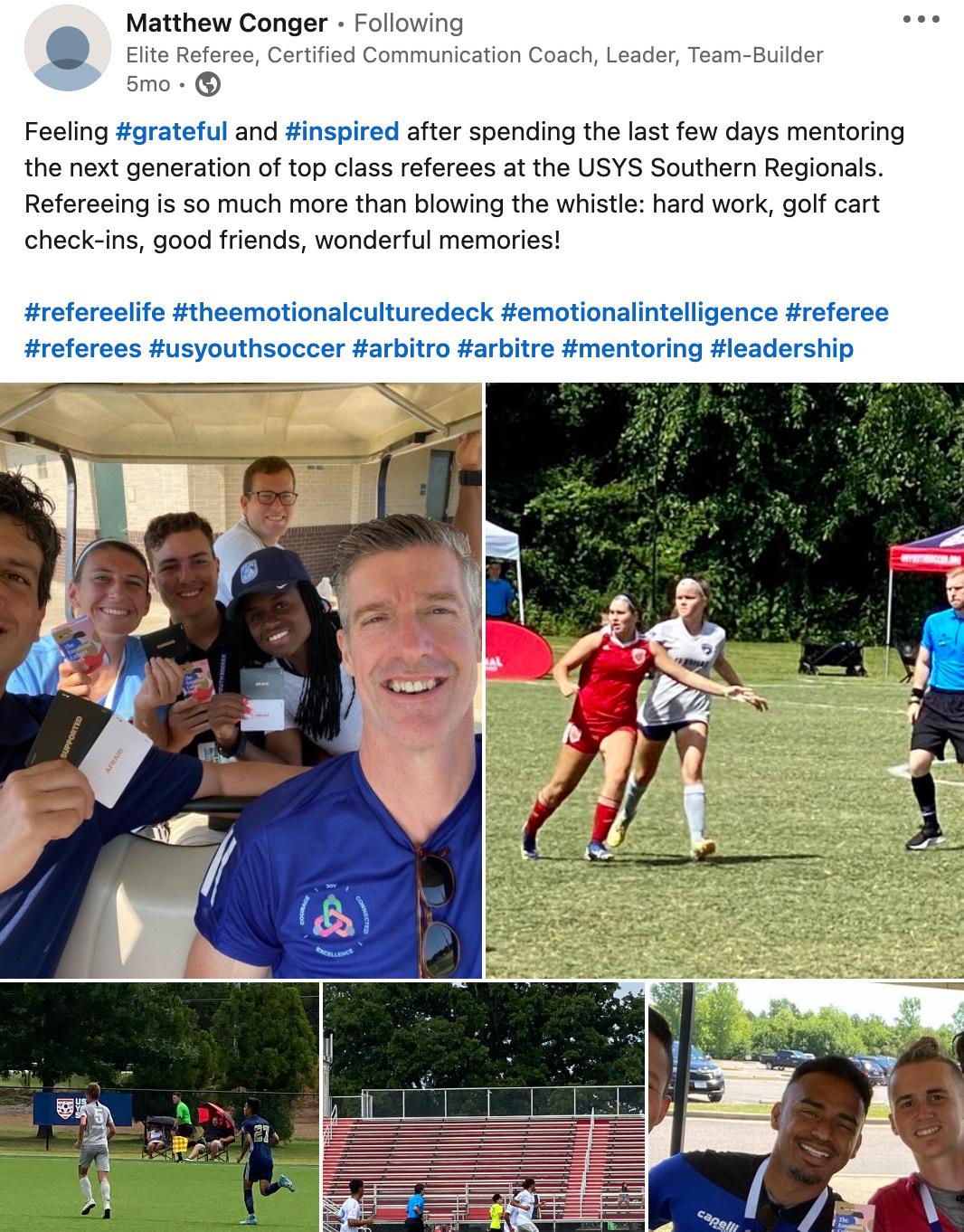
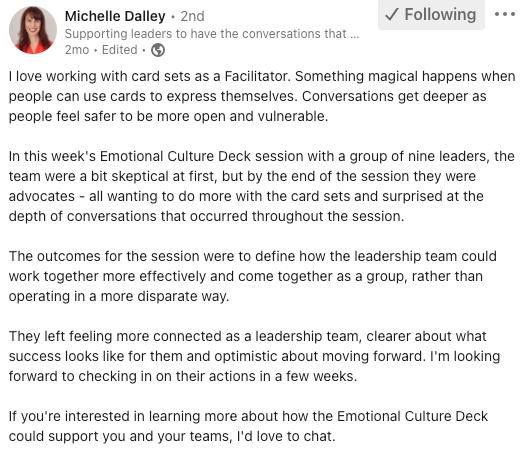

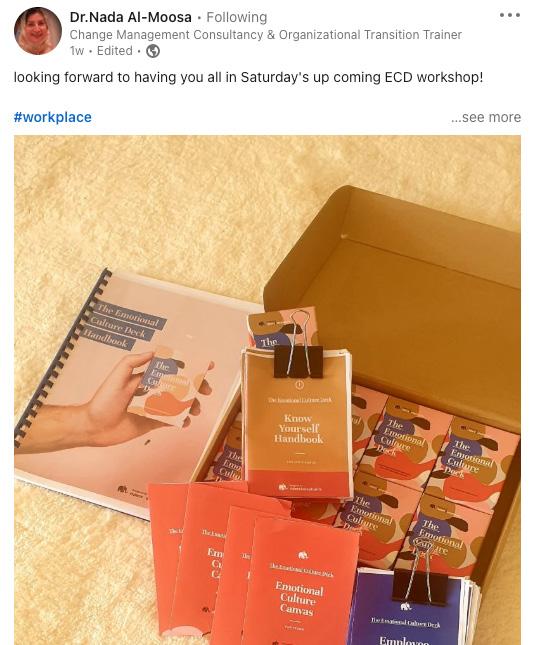

Elephant Rider Year In Review 2022 EMOTIONAL CULTURE CLUB
CULTURE CLUB 73
EMOTIONAL
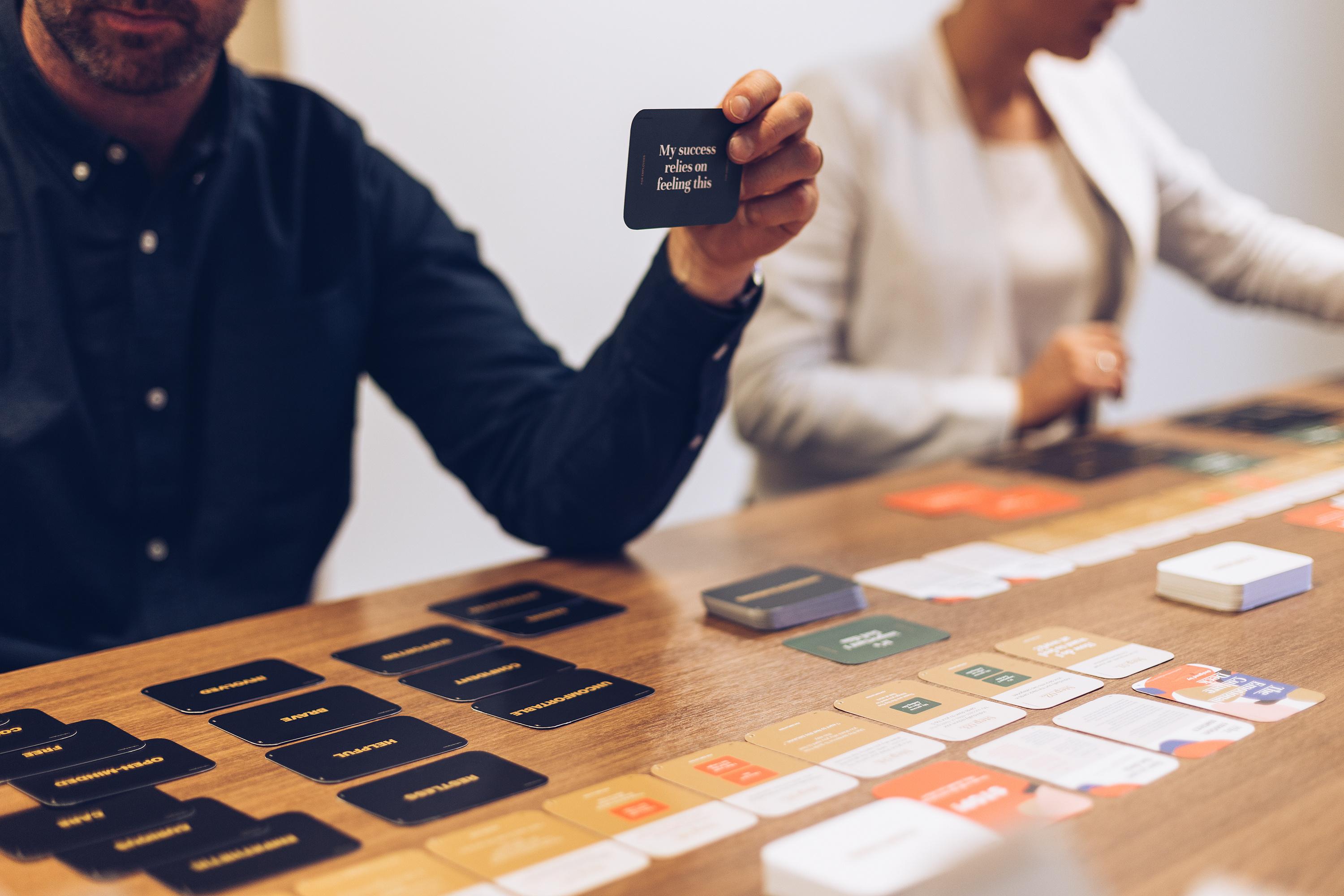
ECD Accreditation & Membership
75
riders&elephants
HowItWorks:EveryonestartsasanECDPractitionerandjoinsourElephant
RiderCommunitywhenyougraduatefromtheECDMasterclass. Thendependingonhowmuchyouwanttomastertheartofcrafting emotionalculture,choosetobecomeanECCMemberorbeginournextlevel oftrainingtobecomeanECDCertifiedConsultant.
ECDACCREDITATIONS
QAULIFIEDPRACTITIONER
Weallstarthere.CompletetheECDOnline Masterclass,thenlevelupyourstatusthrough playtoBronzeorSilver ElephantRider.


CERTIFIEDCONSULTANT
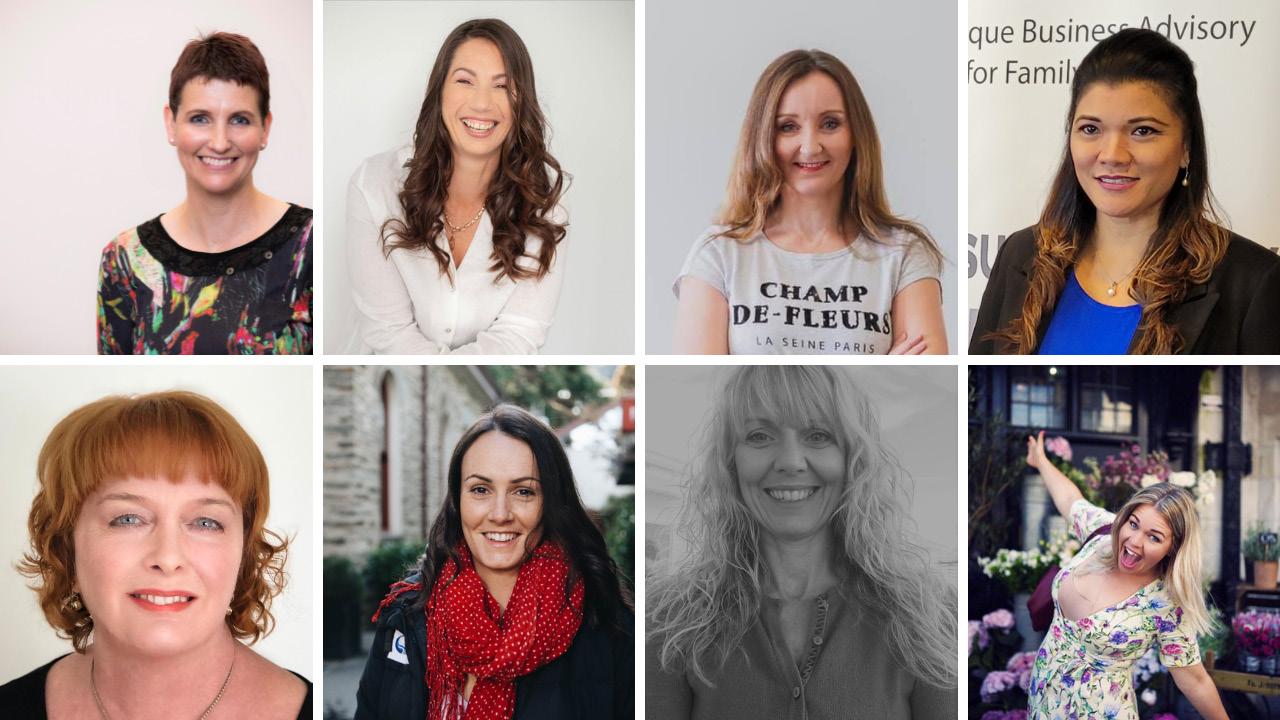
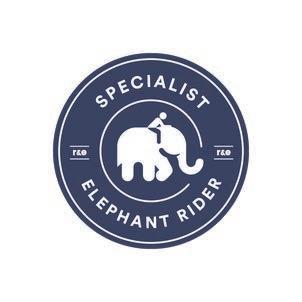
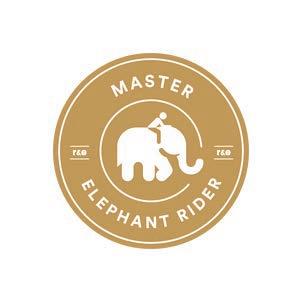
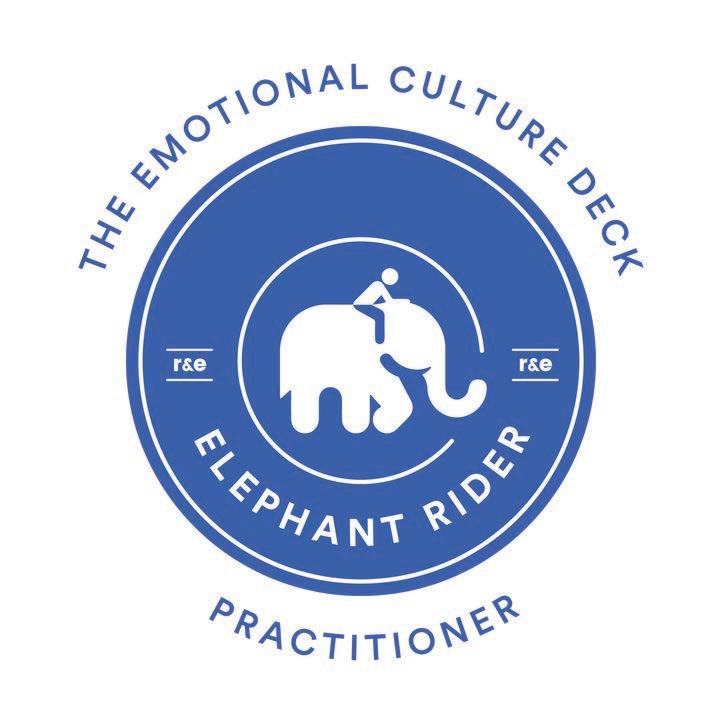
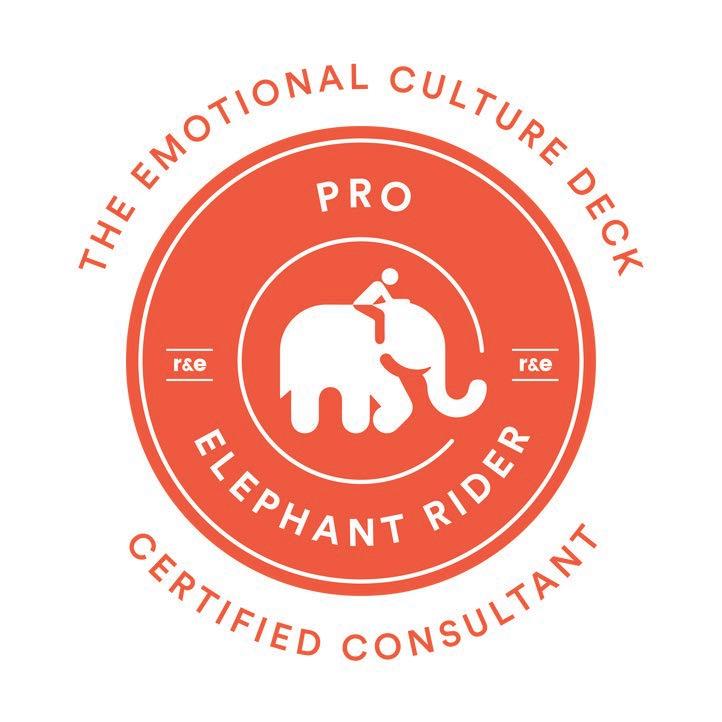
ForExpertswhowantTheECDtobecomepartof theireverydaypractice,businessandconsulting. LearndirectlywithJeremyDean,thecreatorof thegameandjoinourcommunityofECD CertifiedConsultantswhoarespecialistsinthe artofTheEmotionalCultureDeck.Levelupyour statusthroughplaytoSpecialistor MasterElephantRider.
ECDMEMBERSHIP

EMOTIONALCULTURECLUBMEMBER
ForSeriousPractitioners.Becomean ECCMembertoaccessdozensofECDworkshop plans,ECDtools,ECDcanvasses,ECDguidesand ECDmarketingmaterialswithinTheECDLab. PlusaccesstoECDlearninganddevelopment eventswithexpertsforongoingECDlearning anddevelopment.
BecomeAccreditedin TheEmotionalCultureDeck ECD QUALIFIED PRACTITIONER EMOTIONAL CULTURE CLUB MEMBER ECD CERTIFIED CONSULTANT ElephantRiderYearInReview2022 riders&elephants
76
riders&elephants
ECD
Become an accredited ECD Practitioner and Certified Consultant and create more human and empathetic workplaces.
Crafting emotional cultures is deep and takes time to master. The journey to mastery is rewarding for your clients and you. The self-discovery and confidence that comes with identifying what you personally bring to the table are worth every step and our ECD Certified Consultant community helps you get there.
ECD Practitioners and Certified Consultants are generous humans who feel energised by openly sharing their knowledge and time to help others learn and grow.
The Elephant Rider community connects the most human & empathetic leaders in the world. It's our place to connect, share and learn about everything in The Emotional Culture Deck universe. Our global professional network consists of over 900+ Elephant Riders in 37 countries delivering the most human and engaging culture & leadership workshops using The Emotional Culture Deck.
There is power in connecting with peers who share a passion and goal. Every Elephant Rider brings their own individuality to their practice of The Emotional Culture Deck, meeting people's, team's and organisation's needs on a deep and personal level. It’s beautiful to know you’re not alone in your passion and practice of the ECD and humanising the places we work.
This was a learning journey that I loved. I got to play, step into new waters, design new stuff, meet great humans, co-create ripples of change around workplace culture. Does it get any better?
- Denise Hartley-Wilkins ECD Certified Consultant & Pro Elephant Rider
"This has been unlike anything I've done before, ever, and it's difficult to describe accurately as the journey will be so different for each person. The cards, the coach, and the community are so valuable you will want to do whatever it takes to protect and nurture your connection to them."
Elephant
Year In Review 2022
- Kathryn Ruge
Certified Consultant & Pro Elephant Rider
Rider
77
riders&elephants riders&elephants
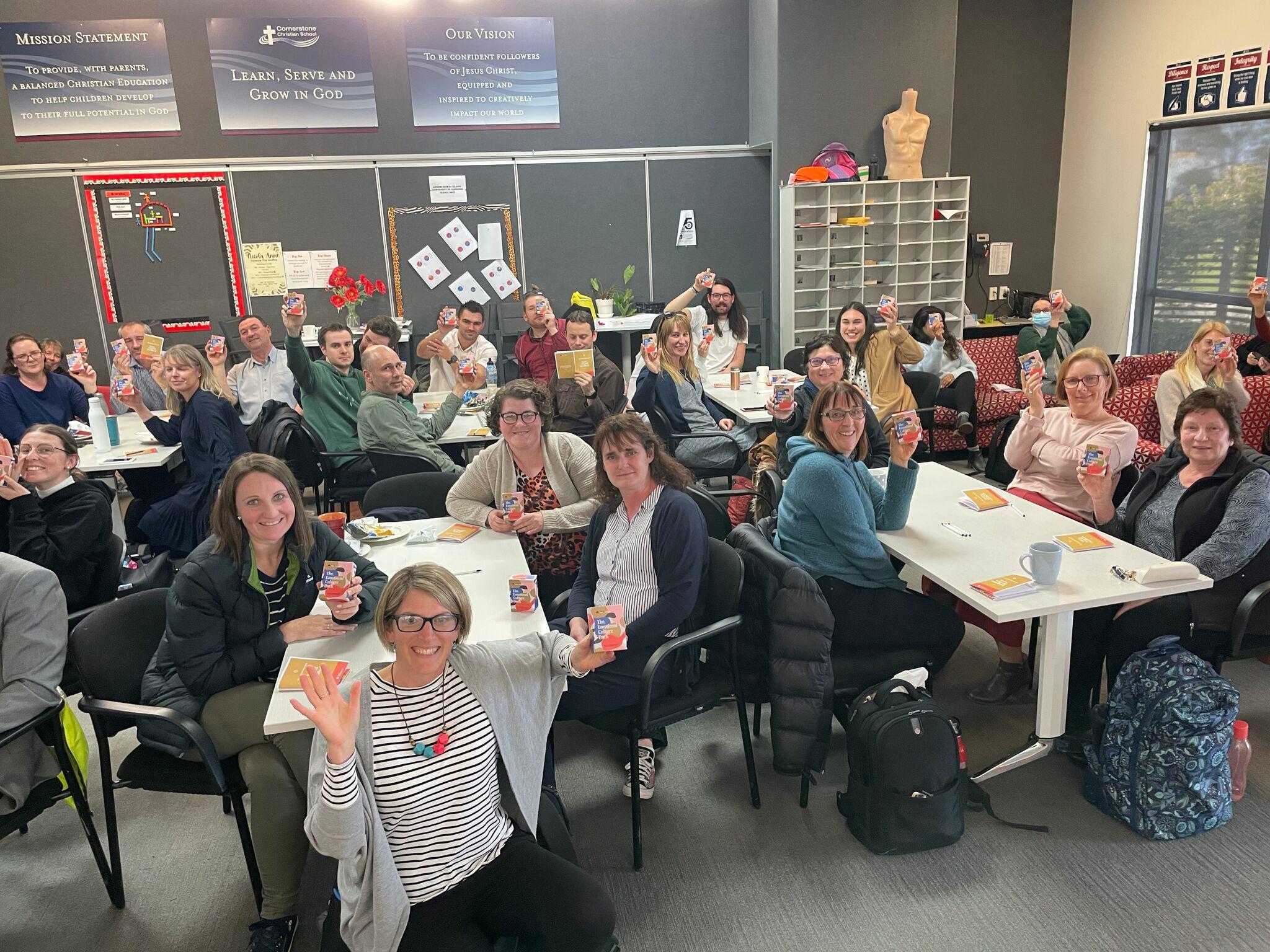
R&E Elephant Rider Mentors
A team of Elephant Rider Mentors supports the growth, connection, and development of other Elephant Riders in our community. As a result of their help, we have delivered more than 60 ECD Community Events & ECD Activities this year. In their respective fields, each of them has built a successful business using The ECD. With The ECD, they continue to experiment and push the limits of what's possible, sharing their insights generously with us.
A growing team
This year our Elephant Rider Mentor Team grew, as Lorissa Garcia joined Steve Hargreaves and Lotty Roberts halfway through the year.
It was exciting to collaborate with Lorissa and have her join our team and immediately impact our community by hosting our ECD Certified Consultant Gatherings and ECC Gatherings
Adding a third person with vast experience to our Team has meant we have even more ECD experience and wisdom to share with ECC Members and our wider Elephant Rider Community.
There are over 160 ECD workshops of experience and lessons between Steve, Lotty and Lorissa. It's invaluable to be able to share that knowledge through different ECD community events.
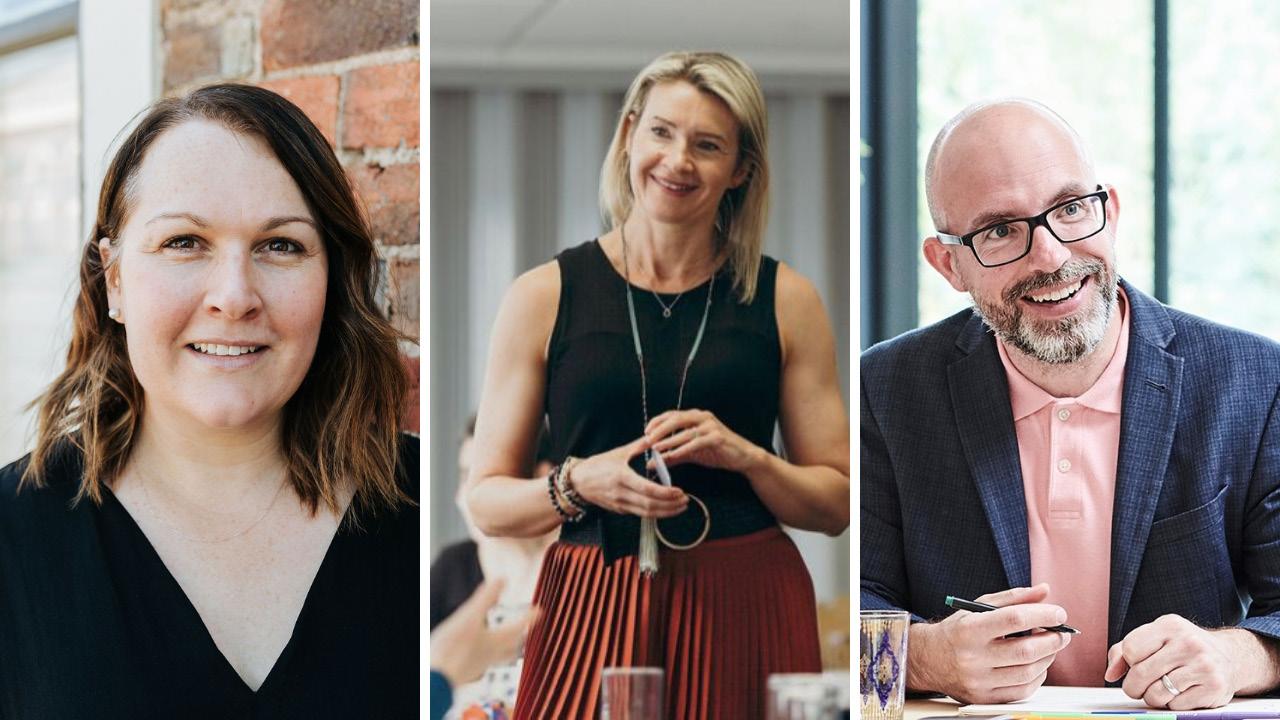
Thank you Lotty!
After two years as an Elephant Rider Mentor, Lotty has decided to create more space to focus on growing other areas of her business and is moving on from our Mentor Team. It's hard to describe the impact Lotty has had on our ECC Community – and The wider ECD Universe. Lotty was with us from the inception of The Emotional Culture Club. She has shared so much wisdom, knowledge and experiences with us over the past two years. We'll miss her very much – but she said she might make some cameo appearances from time to time!
Lotty is the only Elephant Rider to reach the Master Elephant Rider level in our community. She's expressed how much the Elephant Rider Community means to her and told us she plans to remain firmly in our Elephant Rider Community as an active participant (rather than an official mentor). So we'll undoubtedly still see ECD bright spot stories from Lotty for a while to come.
Elephant Rider Year In Review 2022
76
riders&elephants riders&elephants
Lorissa Garcia, Lotty Roberts, Steve Hargreaves
Our2022
ElephantRiderMentors
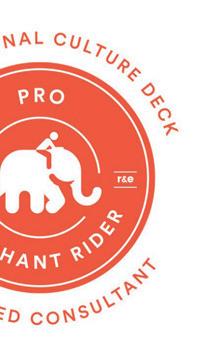
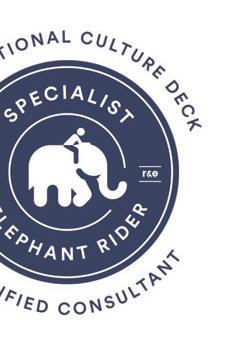
SincecompletingtheECD MasterclassCoursein2019, LottyRobertshas facilitated70+Emotional CultureDeckclient workshops,andregular 1:2:1'sandhelpedteamsof allsizes,inavarietyof industriescreatemore healthyandhigh performingcultures.Lotty isalsoaregularonthe speakingcircuitdelivering talksandpresentationson thepowerof emotionsand emotionalleadership.
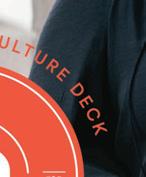
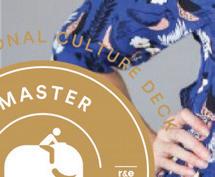
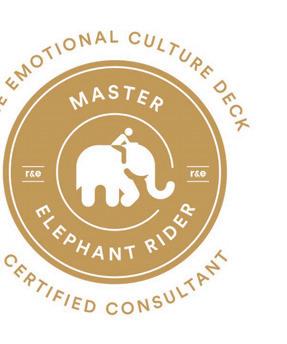

Lottyisthefounderofher business,‘MindU’,where sheisdevotedtohelping companiesandindividuals buildthecapability, resilienceandknow-how tomindfullyflourish,lead andnavigateinaneverchanging,complexand dynamicenvironment.
Stevehasnowfacilitated morethan40ECD workshopsanddozensof 1:2:1conversationssince completingtheECD Masterclassin2019. Stevehasgoneonto becomeoneofthemost experienced #emotionalculturedeck facilitatorsintheworld.
SteveisthefounderofThe CompassionateLeadership Company,which specialisesinhelping organisationsandtheir leaderstoinspire,build andsustainamore compassionateworkplace whereeveryonecanstay well,thriveandachieve.

SincebecominganECD CertifiedConsultantin 2018,Lorissahasusedthe deckinover30workshops tocoachleadersand emergingleaders,HR leadersandteams,startup founders,service designers,andcompanies inmedia,advertising,NGO, governmentand education.

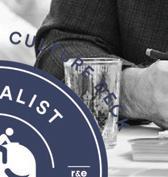


LorissaistheFOUNDEROF AssemblyCultureanda Coach&Facilitator workingatthe intersectionsofleadership, cultureandstrategy.
Lorissaisenergisedby bringingconversations aboutemotionsto workplaces(whereverthey maybe),fromindividuals tosmallteams,alltheway totheboardroomtable.
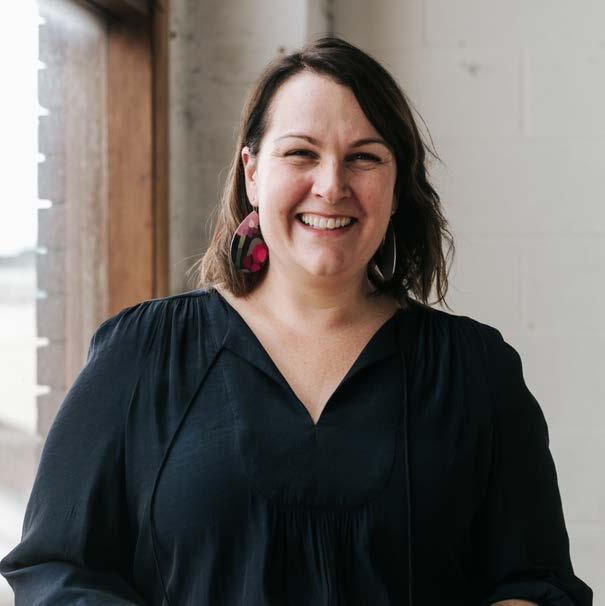
ElephantRiderYearInReview2022 78
riders&elephants
riders&elephants
Lotty Roberts
Steven Hargreaves
Lorissa Garcia
You'vereachedtheend,butreallyit'sjust thebeginning.
Thankyouforreading.Wehopeyoufeel inspiredandcuriousfromexploringour firstTheFWordMagazine.
Formoreinformation,toolsandlearning, headto ridersandelephants.com, downloadthefreeEmotionalCultureDeck PDFandsubscribetoourmonthly newsletter.Youcanalsofinduson Linkedin,FacebookandInstagram--@ridersandelephants


We thank you for your continued support in our mission to Humanise the Places We Work.
Reach out to us riders&elephants www.ridersandelephants.com
team@ridersandelephants.com












 Message From Jeremy
Message From Jeremy





























































 Leilanie Mohd Nor ECD Certified Consultant Shah Alam, Malaysia
Leilanie Mohd Nor ECD Certified Consultant Shah Alam, Malaysia

 Kathryn Ruge ECD Certified Consultant Christchurch, New Zealand
Kathryn Ruge ECD Certified Consultant Christchurch, New Zealand



 Emma Kate-Woodham
Emma Kate-Woodham






 Clayton, ECD Certified Consultant Adelaide, Australia
Clayton, ECD Certified Consultant Adelaide, Australia














































































































































